https://www.facebook.com/share/r/21Y1YsJWmgYmNANK/?mibextid=D5vuiz
My name
Escribe sobre tu nombre: su significado, importancia, etimología, etc.
Edwin is a name of English origin (which etymologically means «blessed friend» in Old English: ead -rich, or blessed- and wine -friend-). The Eadwine form appears in ancient sources. The Latinization is Edwinus or Edvinus. Castilianization, Edwino or Edvino.
Leader
¿Qué hace que alguien sea un buen líder?
A good leader is self-aware, communicates effectively, delegates work, encourages strategic thinking, and motivates team members to do their best.
Our position regarding time spent in front of a screen
¿Cómo gestionas el tiempo que pasas frente a las pantallas?
En esta sección
VIDA FAMILIAR

Share



Nuestra posición con respecto al tiempo para estar frente a una pantalla

La American Academy of Pediatrics (AAP) recomienda a los padres ayudar a los niños a fomentar buenos hábitos para el consumo mediático desde una edad temprana.
Se debe evitar el uso de dispositivos con pantallas a los niños menores de 18 meses, excepto por chats de video.
Los padres de niños entre 18 y 24 meses de edad que quieren empezar a utilizar los medios digitales deben elegir programas y aplicaciones de alta calidad y hacerlo junto con los niños, porque así es como aprenden mejor los niños pequeños. Deben evitar dejarlos solos con estos medios.
Para los niños mayores de 2 años, es apropiado ponerle límites a su consumo mediático. Restrinja el tiempo que usan pantallas a no más de 1 hora o menos al día de programas de alta calidad. Se recomienda verlos o jugar junto con los niños y realizar otras actividades que sean saludables para el cuerpo y la mente (por ejemplo, leer, enseñar, hablar y jugar juntos).
Todos los niños y adolescentes necesitan dormir las horas adecuadas (8-12 horas, dependiendo de la edad), actividad física (1 hora) y tiempo para estar desconectados de sus dispositivos digitales. Establezca horas específicas para dejar los aparatos a un lado (por ejemplo, la hora de comer en familia) y zonas libres de dispositivos (por ejemplo, las habitaciones) Los niños no deben dormir con dispositivos en sus habitaciones, tales como televisores, computadores y teléfonos inteligentes.
Se le recomienda a los padres creer un plan personalizado para el consumo mediático de los niños. El plan para el consumo mediático debe tener en cuenta la edad de cada niño, salud, personalidad y la etapa de desarrollo. Cree su plan personalizado para el consumo mediático aquí y recuerde comunicarle este plan a otras personas que se encargan del cuidado de sus niños tales como, las niñeras o los abuelos para que se practiquen de manera coherente.
The American Academy of Pediatrics (AAP) recommends parents help children foster good media consumption habits from an early age.
Children under 18 months should be avoided using devices with screens, except for video chats.
Parents of children between 18 and 24 months old who want to start using digital media should choose high-quality programs and apps and do so together with their children, because that is how young children learn best. They should avoid leaving them alone with these means.
For children over 2 years old, it is appropriate to set limits on their media consumption. Restrict screen time to no more than 1 hour or less per day of high-quality programs. It is recommended to watch or play together with children and do other activities that are healthy for the body and mind (for example, reading, teaching, talking and playing together).
All children and teens need adequate sleep (8-12 hours, depending on age), physical activity (1 hour), and time away from their digital devices. Establish specific times to put devices away (for example, family meal time) and device-free zones (for example, bedrooms). Children should not sleep with devices in their rooms, such as televisions, computers and smart phones.
Parents are encouraged to create a personalized plan for their children’s media consumption. The plan for media consumption should take into account each child’s age, health, personality and stage of development. Create your personalized plan for media consumption here and remember to communicate this plan to other people who care for your children such as babysitters or grandparents so that they are practiced consistently.
En mis tres años
¿Cómo crees que será tu vida de aquí a tres años?
Life is complex in every sense, we have illogical as well as logical experiences, these in turn shape our ideas and the way we behave for a specific purpose, this is how we set objectives according to our beliefs. To answer your question, although I think it is more mine, I will say that in three years I will be better than today, of course most people will answer that, unless they do not believe in a purpose, or they are suffering from a serious illness. Another point is religious beliefs, these ideas are supernatural and of course full of optimism, but I am not a believer, however, I consider it better, if not, go to my work day by day, thank God, and I am forging my future gradually of good ideas, study, discipline, sport, good short but efficient rest, this is how I believe I will achieve my goals and in three years I will be better.
I cannot guarantee the above with precision, but I can show you the desire and effort that I am going to achieve.
¿Qué te hace sentir en paz?
My home, especially when I’m taking a long, relaxing bath, no matter how long I’m letting the water run over my body. That is where I have the deepest conversations with God.
The sea is the other place. I like to see the sunrise, when the beach is almost deserted and I can wash away everything that torments me with the waves.
I have had two great losses in 2014 of the month of May on the 20th my mother who raised me was very painful and I miss her and I still remember her. Today, August 14, 2023, my true mother left me, I am very sore with that two great person who were great mothers… I hope that God has you both in a good place, you will always be in my heart, rest in
refresh yourself with just one
The best drink is a cold beer to combat this heat.
It also helps you clear your mind and body. The sustainable bar has that and more.


El Licor
Mi musica es
¿Cuál es tu género de música favorito?
Mi musica favirita es la bachata y el merengue
a chance meeting
Describe un encuentro fortuito con un desconocido que te haya marcado positivamente.
a chance meeting
Reality, fantasy and horses in the Rose of the World
21 April 2023,
aridio fernandez rosario
Novels and poems, films and television series speak to us, when they try to approach the history of the French city of Avignon, of a hidden, cabalistic knowledge, disseminated in buildings and monuments, secluded squares, churches and monasteries that, using hermetic signs , transmits to us an esoteric knowledge encrypted throughout the centuries.
No famous writer has published a guide that hits the mark on this treasure trove of unforeseen finds. Only Lawrence Durrell, in some of his books, but above all in his magnum opus The Avignon Quintet, displays, not without caution, certain secrets that veil this compendium of signs and warnings that envelop, with an enigmatic halo, the old city that was once the seat of the city. papal of former pontifical reigns.
Between us, a late poet, Ángel Crespo, of refined culture, exquisite sensitivity and proven experience of the world —a brilliant translator, moreover, of Dante Alighieri, Giacomo Casanova and Fernando Pessoa— could have given us a book on Avignon similar to the one he wrote over the city where, impetuous and feverish, the Tagus river flows: Lisbon. Thorough guide to the Portuguese capital, of course. But also, and simultaneously, a joyful journey through a labyrinth of concepts and places where the unknown and magical dwells, the mysterious. Mas Ángel no longer belongs to the kingdom of this world. If we were here and now, I would say that what we inhabit is a fallen world, without grace or ease, and devoid of joy.
There is no joy or desire to celebrate. At least that’s what I see when I walk slowly through the streets of Paris, Barcelona or Avignon at Christmas parties that, after repeated enough, no longer mean anything. However, the word of the poet would tell us that, despite the fate, it is worth being attentive and educating the gaze. Discern, among the pile of objects and junk that surround us without any interest or story, whatever is essential because it is materially useless: the moment. That moment, elusive and ephemeral, but endowed with the primordial particularity of snatching our attention to plunge us into the most hidden meanders of the river of the soul; that silent flow of images, thoughts, sensations and memories that accompanies our heartbeat with restlessness and discomfort or with peaceful hope.
As certain Ibero-American writers have already pointed out, but especially the Argentine Julio Cortázar, finding the extraordinary in the course of everyday life is the task, among others, of the contemporary narrator. Nowadays, any fiction maker knows from experience that no one has returned from paradise with a golden apple. It turns, when it turns, with an original loss and an air of loss. An open wound that seeks the difficult compensation of a dream that gives breath, meaning and reason to an existence that no one has chosen.
The result of chance and the dark laws that weave our destiny, human life barely lasts for a second, a blink in the continuous and lightning dialogue of the universes. Such an adventure is, perhaps, the result of chance and a necessity that covers the immense shadow of a void. Hence the lack, the lack of something consubstantial to Being and Time that creates it to project it in Space, ask and inquire until finding an answer —always partial — that calms the dissatisfaction that invades us.
The profession of writing constitutes, among others, a painful task: delving into the darkness until finding the light that gives us, among other things, the key to meaning. It’s not a bad job. It has, in addition to its many difficulties, its shred of glory and redemption. For an instant, if the text touches and moves what is real, it returns our being, to the origin, and at that moment we find ourselves without guilt or betrayal, without the need to justify ourselves to anyone or anything. We are what we are; and we are, moreover, with great ignorance of ourselves. And in the end everything is resolved, both in writing and in life, in «the air that we demand thirteen times a minute to be, and, while we are, give a glorifying yes» (Gabriel Celaya).
Yes, breathing and rhythm are the two cardinal movements of life. Hence, the walk, in addition to being useful for our health, is revealing of the moment that awaits us as an unexpected work of Fortune.
Indeed, I can only think that the goddess put in my way the achievement of a chance meeting in the old walled city of Avignon. Because it was in the Saint-Didier square of said city, and at the end of a solitary walk, where I met an old Colombian colleague: Juan Gavilán Malandro. A valuable though unpublished author, Gavilán Malandro was part of a small group of Spanish-American storytellers and poets who, during the long decade of the eighties, settled in Barcelona with the purpose of publishing their work in the prestigious Biblioteca del Fénice, inspired and directed at that time by that prince of letters who came to be called Carlos Barral.
The second surname of this great forgotten caused quite a stir in Barcelona in those years. Lacking economic resources —that is to say, poor—, and forsaken by the hand of God, Juan Gavilán lived on the edge thanks to certain literary collaborations and not a few blows that he gave to his own and strangers. Among the gatherings and literary circles, the word spread that this Malandro, honoring the name of his mother, was nothing more than a «delinquent», a crook or small-time rogue who used literature for the purposes of he; ends that, of course, were not at all noble.
Naturally, the authors of such hoaxes—true defamations—were well-established bourgeoisie, posh and timorous people, “progressives” from Barcelona with claims to carve out a respectable place under the sun of the big publishing houses.
I attest to this: if Carlos Barral did not publish his best book of stories, Aviesa luck, it was not for lack of desire. A close collaborator of this publisher entrusted me with her proofreading of the first set of galley proofs of this title, still unpublished, which could not be published due to the serious financial problems that the publishing house, Argos Vergara, was going through.
I knew nothing after the adventures of this narrator. Some said that his footsteps were lost in some Central European country; others that if he returned to his birthplace, in Medellín; and less than if he had gotten a modest job as a night porter in some New York hotel, specifically in the Bronx district.
And yes, the reader who has followed my story up to here will be right: it was in a bar in Avignon, and after so many years, where I had the pleasure of meeting this unknown writer again.
Once presided over by three majestic pine trees that delighted its inhabitants, Saint-Didier Square is, today, a space where only cement dominates. With nocturnal treachery and treachery, the municipal services in charge of these tasks liquidated the three green giants that oxygenated the air. Lacking that good shade, Comptoir-Saint Didier, the bar-restaurant, is a place whose atmosphere has declined due to incompetent public management. Regrettable.
But the air of the place, before that apparition called Juan Gavilán Malandro, suddenly acquired a tone of festive memory. Suddenly, like a moviola, the images of the past took shape in my memory to parade with cinematographic clarity and precision. Cafés and bookstores, art galleries, painters’ studios and engraving workshops were evoked by the heat of the words that were sprouting in that corner of the square until they came up with the names of old friends, some of them already deceased.
After several hours of talk and before saying goodbye, Juan Gavilán, responding to the dictation of an uncontrolled impulse, finally stated the reason for his trip through these lands of France:
«…now I work for that Aztec newspaper. I left literature… or she left me. I dont know and I dont care. I am in Mexico City, where I was able to settle down and work, have a family, friends, money. Anyway, those things that make life easier and better… And no, you won’t see my name anywhere. To sign my columns and reports I use the pseudonym Carlos Pulido. I had to put up with a lot in Barcelona at the expense of my last name…
“Yes, I’m staying at that hotel… on the Cours Jean Jaurès. I will only be two days. The time necessary to write the chronicle of ‘Cheval Passion’, that horse fair that for thirty-four years has been held on the outskirts of Avignon, in the exhibition park…
Here, I give you two invitations; Come see me at the end of the day Sunday and we’ll keep talking…».
For a moment, after saying goodbye, I didn’t know what to do with the two tickets that Juan had given me. Two tickets that allowed access to Crinières d’Or, an equestrian gala that would take place that day, Saturday January 19, at 8:30 p.m. I was tempted to intentionally forget that invitation and dedicate myself to continue wandering the streets of the city, aimlessly. However, something told me that I should go to the place where that event would take place.
Emblem of vital force, but also of the passage of time, when not a funerary symbol, the horse has been a source of many and diverse meanings since ancient times: power, grace and beauty, nobility and freedom. This would be the positive signifying constellation of his image. The negative or dark, on the other hand, would be associated with war and the attributes of conquest, booty, domination and victory. But his figure is also central to his ability to represent our passage through life: fast at times, slow and calm at others, runaway in situations of rupture or catastrophic outbreak.
The horse is, therefore, one of the essential signs of human civilization. So much so that throughout this function convened by Cheval Passion I had the opportunity to see one of the most beautiful and complete shows that, around these and other equine characteristics, took place in the thirty-fourth edition of this international fair. Horses and studs from Spain, Morocco, France, Portugal and other countries starred, in perfect symbiosis with horsemen and riders, in a scene that is hard to forget: dexterity and harmony, ingenuity and movement, agreement and harmony blended into a cadence that, for For a moment, he had the virtue of transfiguring himself towards the end of this meeting – through the work and grace of the brothers Frédéric and Jean-François Pignon – in the spiral that the rose describes when it opens up in the warmth of the sun and of life to give us the spell of her beauty.
It was then that I realized that Avignon, considered the rose of the world among cabalists and necromancers, occultists and druids, revealed the alchemy of its essence in that circular movement of eternal return on itself. Exactly like the impulse of life, which unfolds, they say, in concentric circles, identical in composition and structure.
Euphoric, I wanted to comment the next day, Sunday January 20, on these and other details of my experience with that unknown writer, far from Barcelona for so many years, rigorously unpublished, and whom I met as if by chance on the occasion of that equestrian fair. But once again, Juan Gavilán Malandro had disappeared. Was his presence of him real or was it the result of an invention, a literary device of the already hackneyed «magical realism»?
At the hotel reception nobody knew how to inform me of his existence. I only found the trace of one Carlos Pulido, a journalist, who, in effect, had stayed until that very morning in that establishment, located opposite the magnificent Palace of the Popes.
Confused, I came to think of this curious joke of fate: literature, once again, had given way to informative, effective and highly productive journalism. Literary creation had been left behind as a frustrated vocation in the person of Juan Gavilán; a redoubt of memory that only serves to cover reality with the fable of a lie. However, it is that lie that reflects our deepest truth with greater precision and transparency, the one that can never be realized and that, like a watermark or filigree, crosses the web of time to give us news of what is permanent, essential and invisible.
Thus the city of Avignon, which only shows what it hides and that our eyes will never be able to see… not for lack of clarity, but for the terrible evidence that dazzles us.
Cinco cosaque me hace feliz
Happiness is the action that moves the world, it is made up of those moments that make us feel good; The best thing is that you don’t have to go so far to get it, since it is found in everything that surrounds us, even inside the house. To celebrate the International Day of Happiness, we leave you a list of these simple things that have the magic of making you happy every day.
- A good morning message
A small detail can make you smile from the first moment of the day, a “good morning” text message on your cell phone or a note from that special person, stuck on the refrigerator, will undoubtedly make you happy.

- The smell of coffee in the morning
Awaken each of your senses and before taking the first sip of your coffee, your day will already start to be great.

- Your face hurts from laughing so much
These moments are unforgettable! You can easily be laughing and from one moment to the next you cannot stop, your laugh is so loud and funny that everyone around you inevitably begins to smile. Pure happiness!
- Listen to your favorite song
Music is always an important part of our lives, so listening to your favorite song can remind you of moments, people and situations that you love.
- Jump on the bed
Perhaps many years ago you stopped jumping on the bed because your parents forbade it and you have already forgotten how good it felt. Try again, you will see how happy you will feel
Mi famlia
Enumera 5 cosas cotidianas que te hagan feliz.
Mis hijos .ver cosas divertida .ect
Mi mejor cambio
Describe un cambio positivo que hayas hecho en tu vida.
Mi cambio positivo fue cambiar de trabajo y le doy gracias a dios por todo
the animals some if they are good pets
¿Qué animales son las mejores/peores mascotas?
Animal lovers may be wrong to believe that all of them can be potential pets for your home. Despite the care and dedication that is intended to offer, not all animals can be tamed and live happily inside the house.
There are many animals that can be docile and friendly pets, however, there is a long list of animals that would not exactly be the best pets in the world. Learn below the 5 types of animals that would make bad pets for your home:
Primates, monkeys, chimpanzees, baboons – people often compare them to babies. However, despite the fact that many people treat these animals like little humans, they can often become angry, yell and cause a ruckus for no reason. One of the dangers is that their owner bites, these animals can transmit diseases such as hepatitis or the AIDS virus.
Big cats, pumas, lions, tigers or leopards: they are indeed beautiful animals, but they are not just «big cats». They are dangerous and strong, killing their prey by attacking its throat or clawing it to death. If his teeth and nails don’t kill, his crushing jaw will.
Venomous snakes: they can kill with a single bite and many times there is no antidote close enough to help the victim. Some cobras can cause unspeakable pain or blindness by spitting venom into their eyes or other parts of their bodies. There are many species of snakes that do not produce venom. If you decide for a poisonous species, extreme security measures. Remember that if the snake escapes you are endangering the lives of your family and neighbors.
Bears: they are real stuffed animals. In reality, bears as adults can kill with a quick swat of their paw. They are animals that can be trained, but not fully trustworthy.
Bats: they are really interesting animals, they can live more than 30 years, they hibernate for months and feed on insects and fruits. Bats can transmit rabies and other diseases. Better keep them out of your home
Deporte favotitos
¿Cuáles son los deportes olímpicos que más disfrutas viendo?
Mis deporte favorito es la pelota y el balomano
my first hours in the morning
¿Cuál es tu rutina de mañana? ¿Qué haces durante la primera hora del día?
I dedicate my first hour primarily to God our creator. then I entrust it to my family and friends and suffer everything at work.
studying people
I have studied successful people for much of my life and have discovered the most important differences between them and the less accomplished, and they are not what you might expect.
Successful people talk, think, and approach situations, challenges, and problems differently from most people. The only way to be successful is to act in the same way as successful people. Success is no different from other skills. Copy the actions and mindsets of successful people and you will reap your own successes.
Here are 31 common qualities, personality traits, and habits that make successful people who they are. As you read this list, think: How many items relate to you? What areas do you need to improve?
1) They have a decisive attitude.
People with a problem-solving attitude approach every situation with the mindset that no matter what it is, it can be done. They constantly use phrases like “we can do it”, “let’s do it!” and “let’s figure it out”, and they always maintain that there is a solution. These people talk about explanations and solutions to problems and communicate challenges with a positive perspective.
2) They think they will «figure it out.»
Even if you don’t know for sure how to do something, the best answer is «I’ll figure it out» instead of «I don’t know.» You can admit that you’re unfamiliar with something, as long as, immediately after admitting it, you promise to figure it out or find out. someone who will.
3) Focus on opportunities.
Successful people see all situations, including problems and complaints, as opportunities. Where others see difficulties, successful people know that problems solved equal new products, services, customers, and probably financial success. Remember: success involves overcoming a challenge. Therefore, you cannot succeed without some difficulties.
4) They love challenges.
While many people loathe challenges, using them as excuses to sink further into indifference, highly successful people are drawn to and energized by challenges. Challenges are the experiences that hone the skills of successful people. To achieve your goals, you need to get to the point where every challenge becomes an exhilaration for you.
5) They want to solve problems.
Give me a problem, any problem, and when I solve it, I’ll be rewarded and a hero. The bigger the problems, and the more people who benefit from the solution, the greater your success. One of the fastest and most effective ways to distinguish yourself from the masses is to establish yourself as someone who makes things better, rather than worse.
6) They persist until they achieve success.
The ability to follow a certain path despite setbacks, unforeseen events, bad news, and resistance; to continue resolutely or firmly in a situation, a purpose or a way of acting despite the conditions, is a common characteristic of those who achieve what they propose. This quality is necessary to turn any dream into reality.
7) They take risks.
Most people don’t go far enough to be recognized, get noticed, and make a big splash; instead, they try to protect themselves or maintain a reputation, position, or status that they have already achieved. Successful people are willing to take a chance, to go all in, and they know that no matter what the outcome, they can go back and try again. Remember the old saying: “he who does not risk, does not win”.
8) They challenge the status quo.
Challenging the status quo doesn’t mean you’re a challenger (although, let’s be real, who hasn’t lost their mind a little?), but rather that you refuse to validate the presumed «sanity» of rational actions that will never get you what you want. want. Think about this: Would we have cars, planes, space flights, telephones, and the Internet if someone hadn’t defied what was considered logical at the time? The man wouldn’t do anything exceptional if he wasn’t willing to be a little more defiant.
9) They are risky.
To be careful, you must act with caution, and you will never get 10 times as active as everyone else by being cautious. Large-scale action demands that you eschew caution, even if you run certain risks.
10) They act without hesitation.
Highly successful people act incessantly. No matter what they do, these people are rarely down, even on vacation (ask their spouses or family members!). Unsuccessful people talk about a plan of action, but never do what they say they’ll do, at least not enough to get what they want. Successful people take it for granted that their future achievements depend on actions that may not pay off today, but which, if applied consistently and persistently, will pay off sooner or later.
11) They say “yes” to opportunities.
Whenever you have a choice to do or not do something, always say yes! Life is for living, something that becomes impossible to do when you constantly say no. Try this: Say yes until you’re so successful that you’re forced to add the word “no” to your arsenal and start managing your time and efforts. Until then, make saying “yes” part of your habits for success.
12) They commit habitually.
Commitment is a rare commodity. There are too many people and organizations that do not fully commit to their activities, tasks, obligations and responsibilities to complete the tasks they undertake. To reap success, it is essential that you stop testing the water temperature and simply jump into the pool.
13) They do not stop until they achieve their goal.
Until an action becomes a success, it is not finished. Until you turn the prospect into a customer, or the prospect into an investor, you haven’t achieved your goal. This may sound harsh, but if you called a customer 50 times and didn’t close the deal, it’s the same as never calling. When they reach this point, people become rational and therefore fail to achieve their goal. Make a commitment to be completely irrational and don’t stop until you achieve your goal.
14) Focus on the present.
Successful people take immediate action and thus design the future they want. They know perfectly well that procrastination is the worst weakness. Anyone who puts off what he can do right now will never gain the momentum and confidence that comes from doing it.
15) They show courage.
Successful people generally carry themselves with an air of confidence and conviction, a sense of comfort, and even a bit of arrogance. Before you start to think that they are inherently «different,» you must understand that they have acquired these qualities as a result of the actions they have taken. The more often you do things that scare you a bit, the more likely people will find you brave and be attracted to you.
16) Accept the changes.
How can you be successful if you try to prevent things from changing? It is impossible. Successful people watch the world change and apply it to their own benefit. They know that they must continually adapt. The willingness to accept changes is an excellent quality of successful people.
17) They determine and apply the appropriate strategy.
Successful people know they can quantify what works and what doesn’t work, while unsuccessful people focus only on “working hard”. Whatever the method, successful people don’t think about working hard (although they’re certainly willing to). Instead, they think about how to work «smart» and approach the situation by finding and applying the right strategy until they succeed. .
18) They discard traditional ideas.
The most successful people seek to create traditions, not follow established ones. Don’t be a prisoner of the thoughts of others. Discover ways to tap into traditional thinking that holds others back.
19) They focus on goals.
Successful people are goal-focused and always pay more attention to the goal than the problem. Their commitment and focus on goals are such that they seem capable of tearing down mountains. While we should try to focus on the present, we need to focus most of our attention on the big picture of the goals, and not on the specific task at hand at the moment.
20) They have a mission.
Until you start approaching your work as if you have a mission, it will always be “just a job”. You must carry out each activity with the same enthusiasm as if this undertaking could change the world forever. Carry out each and every phone call, email, sales call, meeting, presentation, and day spent in the office not as a job, but as a mission for which you will be remembered forever.
21) They have a high level of motivation.
Motivation refers to the act or state of being stimulated to act. To be successful, it is essential that you have a stimulus and feel enthusiasm and the drive to do something. Although we are not talking about the enthusiasm that lasts a few hours, a day or a week, but the one that is based on what you do every day to stimulate you to act and inspire you to keep going. Highly successful people endlessly search for reasons to constantly push themselves to achieve new levels of success.
22) They focus on results.
Successful people do not value the effort or the work or the time they dedicate to an activity; they appreciate the results. Let’s face it: like it or not, the only thing that matters is the results. Be hard on yourself and never let go of a task until you get results.
23) They have big goals and dreams.
My biggest regret in my life is that in the beginning, I set my goals and objectives according to realistic thinking, not radical and visionary ideas. By “thinking big”, you change the world. Dream big, act big, and then figure out how to be even bigger.
24) They create their own reality.
Successful people are very similar to magicians; they do not live in other people’s realities. Instead, they are intent on creating a new reality for themselves that is different from what others accept. They are not interested in what other people consider possible or impossible; they only care about producing what they dream is possible.
25) First they assume the commitment, and then they decide how to act.
Most people assume that they have to figure everything out first and then commit; however, it seems that they never succeed. While it can be risky to commit first and then figure out the rest, I find that creativity and problem solving skills are only stimulated after one is fully committed.
26) They are highly ethical.
In my opinion, being ethical does not only mean complying with the norms imposed by society. I also believe that to be ethical, people must do what they promised they would do, and do it until they get the desired results. I’m not talking about the “cash register” ethic, but the broader concept of honoring your abilities and potential, as well as your implicit or explicit commitments.
27) They are interested in the group.
A person will do as well as those around him or her will do. The health and well-being of the population in general must be extremely important to each member in particular, something that successful people know well. You want everyone on your team to succeed and progress, as this is likely to improve your situation. That is why you should always do everything possible to raise the performance levels of the rest of the team.
28) They commit to continuous learning.
According to some reports, the most successful CEOs read an average of 60 books and attend more than 6 conferences per year. The most successful people I know read everything they get their hands on.
29) They leave their comfort zone.
The most important things I have done in my life were not things I felt comfortable doing; in fact, many of them made me very uncomfortable. It’s very tempting to settle for your surroundings, your daily rituals, and your habits, most of which are unlikely to further your mission. It feels good when things are familiar. However, successful people are willing to experience new and unknown situations. Get out of your comfort zone. It is a clear sign that you are on the right track to reap success.
30) “Move up” in relationships.
Get in the habit of “moving up” in all your relationships, to people who are better connected, better educated, and even more successful. Whether or not you achieve your goals will depend, to a large extent, on the people you surround yourself with. Do not choose people of your same level. Seek to ascend by relating to better thinkers, better dreamers and better actors.
31) They are disciplined.
To achieve and maintain success, you must determine which habits are constructive, and discipline yourself and your group (see #28) to follow those habits over and over again.
Nothing mentioned on this list is a superhuman quality. Everything is achievable. Don’t use just one or two of the techniques. Start thinking and operating with them, and they will become a part of you. use them all
My experience in life all an end
Today I turn 40 years old. 40 Life experiences. And many experiences. I am a person who remembers more the activities in which I have participated than the names of the places visited. Maybe that’s why I started this blog a long time ago. I wanted to write about my experiences. My knowledge, growth and above all I wanted to contribute to share it to the world. In the end, only I know that I also did it to remember the steps taken and to be able to leave my own record of what has led me to where I am.
I don’t know why it is at 40 and not at 30 or 45, but the life in which I am well deserves that I share what it has taught me up to now. I have no claim with this article other than to share and contribute habits of a certain maturity in my so-called experience. I hope you keep them in mind if you haven’t reached 40 yet and even if only one will help you apply a growth change it will be enough to satisfy you.
My friendship to all of you, even though we are from different places, we are friends and brothers.
This makes you a unique person
¿Qué te hace una persona única?
aridio fernandez
Feeling that you are a unique person, that you are different from the rest and that you stand out for something, is a source of self-esteem that can help you feel good. It is realizing that you have your own voice, that it does not matter if it is you or someone else who does or says something.
Of course it’s nice to feel part of a group, a community, a collective. When you recognize that the team is more than the sum of the individuals, you feel part of something bigger than yourself and that’s good too. But if within that group you do not have your own voice, you realize that you do not contribute as much and that perhaps you are not so indispensable to others.
OK, I got it. But how do I be a unique person?
Many try to stand out in something: to be the person who knows the most about Borges, who remembers the most digits of pi, who climbed Aconcagua the most times, or who knows the most about special relativity. And some do. But they are very few. Only one person is Usain Bolt and only 10 people are in the top ten of anything.
So, for most of us, that intent doesn’t make us unique. So here comes the idea.
What makes you truly unique is the combination of things you did, lived through, or knew about. Once you’ve traveled enough jobs, hobbies, relationships, that journey is going to be unique. And it is not necessary to have been the best in each of those steps. It is enough to have done them with dedication and focus.
There are not many people in the world who have read 3 Borges stories, who know that the first digits of pi are 3.1415926, who tried to climb Aconcagua and almost made it to the top, and who once thought they understood Einstein’s twin paradox . That combination makes you a unique person, someone unrepeatable. It gives you a lens to see the world that only you have.
When I was a business consultant, I wasn’t the best. But he was probably the only one who had grown up in Buenos Aires, had participated in a correspondence chess tournament, had programmed BASIC on the Commodore 64, had studied physics, and had read Asimov voraciously. And that mixture made it possible for me to make a contribution that only I could do.
Those intersections between what you did and what happened to you throughout your life make you unrepeatable and indispensable.
What are the combinations of knowledge and experiences that make you a unique person? What can you do to broaden your life a little more and thus develop your own voice? If you want to share your answers, you can do so in this post on Instagram or on LinkedIn.
This idea came from conversations we had with Rebeca Hwang, while I was helping her prepare her TED talk. If you haven’t seen her yet, here she is. Thank you Rebecca
we are flesh and spindle we breathe the same air
It makes me laugh when one person thinks they are better than the other. That makes me laugh because the truth is that we are all the same, we eat to survive. We don’t put on clothes so we don’t walk naked but the truth is we know what’s under there. It makes me laugh when we eat with finesse knowing that we have and we have to satisfy it. It makes me laugh when a rich man doesn’t want to go near a poor man knowing that the poor man is richer than himself. I am the same as everyone and we are all the same
laughing is happiness
¿Qué te hace reír?

Since time immemorial, human beings have wanted to surround themselves with people who make them laugh. From the ancient «court jesters» in the Middle Ages and centuries to come, to street performers, including clowns, now called clowns.
But we don’t just laugh with «laughter professionals», but we tend to approach people who make us laugh, are funny or make us laugh.
So what things make us laugh?
Without a doubt, since the beginning of time one of the things that has most amused us is the misfortune of others. If this is also by surprise such as a fall, an uncontrolled error, an oversight or a shameful public activity, much better. Laughing AT others is inherent to our human species. In some cartoon movies we have transmitted to animals a uniquely human quality, and that is to laugh at their fellow men. Zebras don’t laugh if another zebra gets hit with wood, or one goat doesn’t laugh at another if it falls down the gorge. This, which is essential and unique to human beings, historically accompanies us, making laughing at the misfortunes and misfortunes of others makes us and our own misfortunes and adversities feel better.
But another thing that makes us laugh is the Ingenuity that people show. Both poets and troubadours have made us smile and laugh with their clever puns. There is no doubt that people surrender to the ability of a speaker who brings out the best in us with his wit, sarcasm, irony or with his surrealism. Many comedians use ridiculous and meaningless puns to bring out the best in our smiles.
Fright and surprise are other elements that make us laugh. What at first is a reaction of fear and fright that produces a great shock, continues with a great laugh and laughter if we know how to fit the moment and that «the danger» is not real. Many television programs have been successful that offer «scares» in the middle of the street or in everyday circumstances that are beginning to seem strange. The reactions of us and those around us have provided us with great moments of laughter.
Another of those who are very successful is dressing up or dressing in a strange way. Above all because it breaks our molds about the person who does it, and if their image is different from how they are shown, it will surely make us much more amusing. Seeing bosses, managers, or people classified as serious in disguise will produce such a contrast that our brain will react in the best possible way, causing laughter. The secret for these people is that doing this humanizes them and brings them closer to «the rest of mortals». I hope the politicians understand this.
When irregular, histrionic or unusual situations or acts occur, our brain analyzes the situation, going through a moment of “this shouldn’t be happening” and then smiling or laughing depending on the moment. If someone starts to sing in the middle of the street, at first we will show surprise, and then laugh or smile. It is something unusual, that should not happen and that takes us out of our routine and our thoughts.
Another of the classics, because it is highly taboo, is related to Sex. Any act of nudity, play on words with reference to sex, or even a libidinous act in public, will produce a smile and amazement. Most of the jokes are related to sex, and since it is something that has been considered taboo and was not talked about, we have embedded in our DNA and surely for many years, that sex makes us blush, ashamed and… laugh.
Lately, work has been done, especially in Laughter Therapy workshops, with Laughter by contagion. What all our lives has been contagious laughter, which has little science, since human beings tend to imitate our peers, and when we see someone laugh heartily, we will surely fall little by little. What we achieve is «force» laughter, but its effects are equally positive. That is why many activities or jobs cause this effect, to have a relaxed atmosphere with which to face the activity and tasks.
Another of the moments of contagion of laughter is within the reach of very few, and that is to provoke laughter through bodily communication. Only with our body, gestures, faces, the way we move, can we provoke real laughter in other people. If we exaggerate, behave in a surreal way and do it in a convinced way, we can establish a connection with other people as strong as telling a joke. Most of the communication we have with others is bodily, and laughter escapes us from our gestures and movements.
And finally we sign up for shared laughter, through something that does not usually fail, laugh at ourselves. Not taking ourselves seriously, laughing at our flaws, our adversities, our failures, the mistakes we make. If you laugh at yourself, you already have someone you can always laugh with. And here is one of the pillars to be able to overcome pessimism, depression, anger and discomfort, and to know how to accept ourselves as we are, with our serious defects and the failures that we have so that we can laugh at ourselves and share that. with the rest. When you laugh at yourself, you are not only removing the weight of not supporting failure, but you are also making those around you happy, and they feel closer to you.
What is fantastic and sublime is being able to use all of them at different times, or even mix them. That will make us feel better, and most importantly, make those around us feel better.
things some people don’t understand
Cuéntanos algo que la mayoría de gente no entiende.
Five things most people understand too late in life
The way you interpret and understand the world directly affects your beliefs and the way you live your life. Here we explain what it is about.
They say that you are smart if you learn from your mistakes, but you are a genius if you learn from the mistakes of others.
We are all going to make mistakes one day. Today, tomorrow and in a week, again. People can’t help it, it’s part of life. Mistakes, experts say, are the way to learn, gain experience and evolve.
WATCH: The Parable of the Orange: The Story to Read to Be a Better Worker
Although all people are wrong, there are differences between them. The main one is that there are some who use their mistakes to enhance their future, while others remain stuck in them.
They say you’re smart if you learn from your mistakes, but you’re a genius if you learn from others. Alyssa Satara, co-founder of the Refugee Code Academy, on Quora (portal for obtaining and sharing knowledge, empowering people) answered one of the questions that a user asked them: «What are the lessons that most people learn too late in life?”, revealing the five things that many fail to understand or, on the contrary, understand too quickly.
perception is reality
The way you interpret and understand the world directly affects your beliefs and the way you live your life. Perception creates bias as much as it creates understanding. It creates fear as much as it creates curiosity.
On the other hand, from the moment we are born until we die, our society emphasizes the importance of education. Learning and discovering is what we do, but still it’s getting harder and harder to understand what you don’t understand.
So how do you learn to know what you don’t know? Start by asking yourself: What is it that I don’t know? What do you want to learn more about? The most important thing is to understand that it is okay to be wrong. By mistake there is growth.
everyone is temporary
Your good times are temporary and your bad times are too. So when you’re awake, enjoy it, relax and be thankful. And when he’s down, he knows he’ll get over it. Know that it is not the end and that it is just a moment in life, which is full of twists and turns, ups and downs and surprises.
The importance of being present
Aridio said: “If you are depressed, you are living in the past. If you are anxious, you are living in the future. If you are at peace, you are living in the present.”
The most important thing is to understand that it is okay to be wrong. By mistake there is growth. (Photo: Morgue File)
Most of the time, we tend to worry about what is to come, or dwell on something that has already happened. While it is crucial to care for and consider your future, be careful not to let it get in the way of your present. Moments become memories. Enjoy the moment while you have it.
Living in the past is unproductive. There are definitely benefits to being able to reflect on yourself and your past. Pay attention to what has happened and how it makes you feel important. It takes a lot of emotional energy to grieve, process, and get over it.
The balance of being able to take time to reflect and prioritize your future while spending most of your day in the present is more than just valuable, it’s life changing.
Do what you love and love what you do
It sounds like a slogan from a university, but it’s true. Your work is a considerably large aspect of your life. If you’re not happy in your career, that unhappiness will seep into other aspects of your life. And while nothing is perfect, it is important to work on yourself and position yourself to achieve the goals and satisfaction you desire.
Most importantly, invest in yourself.
This goes for your non-work life, too. What habits and hobbies do you want to leave? Which ones do you want to develop? It is important to be aware of the type of people and activities with which you surround yourself. Information is like nutrients to your brain, be aware of what you are feeding it. Success is not a triumphant moment. Success is a series of moments (and choices) that lead to bigger moments.
being happy takes work
The happiest people tend to be the ones who have done the most work on themselves. Being happy requires a lot of work. It’s just as much work, if not more, to be unhappy. So choose wisely. Being happy means that at some point you decided to take control of your life. It means that you decided not to be a victim and to put that energy back into yourself. It’s hard at times, but you have to pick yourself up and push yourself forward.
Being happy takes practice. Whether you are learning to let go of your ego, or forming more habits of self-love; it takes practice. You only have one life, work as hard as you can to make it your best life.
my work grows
¿Cómo ha cambiado tu trabajo con la tecnología?
Technology has completely transformed the world of work. Thanks to it, companies expand quickly and grow at high levels. It has made specific tasks easier, reducing errors and quickly transmitting information
the rejection
¿Sueles rechazar las cosas que se interponen con tus objetivos?
Big or small, rejection affects us all.
Rejection doesn’t have to be for important things, like not being accepted at your favorite college, not being selected for the sports team that interests you the most, or not having a date to go to the prom. You may also feel rejected in everyday situations, for example if your joke was not funny, if no one remembers to save you a place at the table at mealtime, or if the person you really like talks to everyone except you.
Feeling rejected is the opposite of feeling accepted. But the fact that a person receives a rejection (something that will happen to all of us sometimes) does not mean that they are not appreciated, valued or considered important. It only means that, once, in a situation and with a specific person, things have not gone well.
Rejection hurts. But it is impossible to avoid it completely. In fact, it would not be good to do so: people who are too afraid of rejection may not dare to try something they want. Of course, they avoid rejection, but they are also absolutely guaranteed that they will never get what they want because they don’t dare to try.
How to deal with rejection
The better we learn to handle rejection, the less it affects us. So how can you develop the ability to deal with rejection?
Here are some ideas:
Be sincere
Let’s start with the feelings: if you feel rejected, admit it to yourself. Don’t try to ignore the pain or pretend it doesn’t hurt. Instead of thinking, «I shouldn’t feel this way,» think that it’s normal to feel the way you are, given your situation.
Notice the intensity of your feelings. Did this rejection upset you a lot? Or just a little? Cry if you want: it’s a natural way to vent.
Next, name what you feel. For example: «I was very disappointed that I didn’t get chosen for the school play. I was really looking forward to it and I worked really hard. I feel left out because my friends made it and I didn’t.»
If you want, explain to someone what happened and how you feel. Choose a person who will listen and support you.
Telling someone can help you for two reasons:
It may be reassuring to know that someone understands what you’re going through and how you’re feeling.
It forces you to put your feelings into words.
Whether you choose to share your feelings with another person or prefer to think about them alone, acknowledging how you feel can help you work through painful emotions.
Be positive
When faced with a painful emotion like rejection, it’s easy for us to get stuck in how bad we feel. But if we obsessively think about the negative, we can feel like we’re reliving the experience over and over again. Not only will it continue to hurt us, but it will also make it even more difficult for us to overcome rejection.
So admit how you feel but don’t dwell on it. Avoid talking or thinking about it all the time. Because? Negative thinking influences what we expect and how we act. Getting stuck in a negative attitude can even lead to more rejection. It certainly doesn’t inspire anyone to try again.
examine your thoughts
Now let’s move on to what you think. Reflect on how you explain the rejection you have received. Are you being too hard on yourself? It is natural to wonder «Why did this happen to me?» When you give yourself an explanation, try to stick to the facts.
Tell yourself: «The person I wanted to go to the prom with turned me down because he didn’t want to go with me.» Don’t tell yourself, «The person I wanted to go to prom with turned me down because I’m not attractive» or «because I’m a sucker.» This is not sticking to the facts, but imagining a motive and making too much of the situation. If derogatory thoughts like these come to you, put them out of your head.
Blaming or putting ourselves down can exaggerate our mistakes and lead us to believe things about ourselves that are simply not true. These kinds of thoughts prevent us from having hope and believing in ourselves, just the things we need to stop feeling bad and want to try again.
If you start to blame yourself for the rejection or put yourself down, you may start to believe that you will always be rejected. Thoughts like «No one will want to date me» or «No one will ever like me» elevate a simple rejection to the category of catastrophe. Rejection can do a lot of damage and be terribly disappointing, but it’s not the end of the world.
Don’t lose perspective
Say to yourself, «That’s right, I got turned down this time, but next time I might get rejected» or «Okay, that’s how it happened. It’s not what I wanted, but what are we going to do to everyone?» they reject it sometimes. And I can try again.»
Think about things that you are good at and about your qualities. Think back to times when you’ve been accepted, lived up to, and been told yes. Think of all the people who appreciate and support you.
Give yourself credit for trying. You have taken a risk. Well done! Remind yourself that you are capable of overcoming rejection. Even if they rejected you this time, there will be another opportunity, another occasion. Take a philosophical attitude: sometimes things happen for reasons we don’t always understand.
Take advantage of rejection
Rejection is an opportunity to consider if there are things that should be worked on. It’s okay to wonder if you could give more than yourself or if your goals were above your abilities.
If your skills haven’t cut it this time, you may need to train harder, study harder, prepare better for interviews, or whatever it takes to make yourself more likely to be accepted next time. Use rejection as an opportunity to improve.
Sometimes rejection is a harsh reality check. But, if you focus it well, it can help point you in a direction that will be perfect for your skills, your personality and all the virtues that define you as a person.
Living for others while thinking of yourself
Written by: Aridio F.R.
If we wanted to count the thoughts that go through our head throughout a day, it would be complicated. Well, it is logical to think that among 70,000 daily thoughts, the largest proportion, the winning part will be our needs.
Our own joys, our own tastes, our own problems (let’s not forget them), in short, we will think more of ourselves than of anything else. It makes sense to think so, at least.
Afterwards, possibly an important parcel of thoughts goes towards our loved ones. Couple, family, children, friends. Pending tasks for them, exclusive conflicts and ruminations for each person.
And of course, we will still have «a small parcel» left to think about useless, mundane and everyday topics such as: «How bad is that girl’s hair» or «the damn television program is making me nervous, change it once and for all». Everyday things…

When we spend more time with others than with ourselves
It has been proven that the time that our mind dedicates to the rest of the world sometimes turns out to be too much in relation to the time that we might need.
Let’s say that sometimes, our brain, our mind or our will itself are surprised without space, being this one occupied by things that are foreign to us and that can even escape our control.
«Could what I said hurt you?», «It’s my fault, I should have acted differently», or the best: «I’m selfish, once you ask me for help…».
Totally negative phrases that make us feel bad by making us “see” that we have been bad, or at least not good enough towards another person. Thoughts not dedicated to ourselves, in our defense, but to others.
It is incredible the capacity that we human beings have to enunciate in our mind phrases like the ones mentioned, which have their repercussions on an emotional level.
Overthinking others has emotional repercussions
It could be thought that in the same way, they are completely inevitable. There are millions of arguments that validate that we feel this way. But how many are there who defend us?
The educational messages of our childhood
The reality is that throughout our lives we are continuously exposed to educational messages such as: «you have to share» or «do good for others» or «do everything possible to make others happy»…
They are educational messages because we are fed with these messages during childhood. It seems that when we are little we need this type of message to create our own values later. But they really have several limitations for the adult person:
-In the first place, they are orders. They are not simple phrases: I know, you have to… They are not suggestions. Therefore, it is as if we were forced to be a certain way.
«Educate your child with suggestions», some may think. We are no longer children. We can modify, reflect on those orders. Discuss them.
Who decides whether to do «good» or not, if not us? Who decides whether or not to share our resources, but us?
-Secondly, they are dichotomous orders. That is, «you have to share» (because if you don’t, you won’t be good). «Do good to others» (or you won’t be good either, you will be bad) and «do everything possible for others to be happy» (or you will be selfish).
They do not give space to be “a little selfish”. All or nothing. Good or bad. Perhaps the question is, is there no grey?
-And finally, subjectivity. No one has ever written what exactly it means to be «good,» «selfish,» or «altruistic.»

Where is a rule written so that we can consider ourselves selfish? How many times do we have to look for ourselves and not for the rest? Is it bad to be?
The Romans used the word egoism to express the «practice of the self.»
Think of you, be your priority
After all, everyone has their own version of the terms, and we all try to see each other in a way that we are the good guys.
We rationalize, we argue, or we assume the role of bad guys, and we punish ourselves, hoping to do penance for that enormous wrong we have committed. And it is logical. After all, we are the protagonists of our stories.
From time to time, we find ourselves unintentionally trapped in a logic that does nothing but harm us. And we see ourselves giving away time, resources and strength to people who seem to have no other purpose in life than to crush us.
And we can not stop. We fear the negative consequences. We are terrified of moving away from the supposed path that has been marked out for us.
Reflect and rationalize these thoughts; These messages, calmly and calmly, can be the exercise that our human condition most appreciates.
That small space of time in which after reflecting it dawns on us “Hey, maybe it’s not so bad. Maybe I need the time for me. You may not want to share with anyone right now. Maybe I should be selfish.»
Perhaps being selfish is justified. Maybe being selfish just means loving each other a little.
The contents of The Mind is Wonderful are written for informational and educational purposes only. They are not a substitute for professional diagnosis, advice or treatment. If in doubt, it is advisable to consult a trusted specialist.
spring
¿Cuál es tu clima favorito?
Seven reasons why spring is the best season of the year
Comment
Spring has something special. It is, without a doubt, the light at the end of the tunnel. And it is that after 88 days and 23 hours of bad weather in the form of rain, cold, gray skies, snow and wind, the arrival of the second season of the year is appreciated. Although it may seem silly, nothing could be further from the truth: daylight hours begin to win out over night, blue begins to prevail in the firmament, rain begins a temporary truce -although it is already known that «in April, thousand waters»- and the flowers begin to flood landscapes, parks and streets. And so, with all these changes insistently knocking on the door, comes the big question: why is spring one of the favorite seasons for almost everyone – except, perhaps, allergy sufferers-?
holiday synonym
Easter is just around the corner. And with it, the spring holidays of the year for all those lucky enough to have a week of days off. For those who do not, they will be able to enjoy the first eight days of peace in the city.
Bad teacher
¿Qué docente te marcó más en la vida? ¿Por qué?

who is a primary school teacher, has recounted a real scene that she has experienced in her educational center and that shows the reality of conciliation and education in these times of pandemic: children come to class sick because their parents do not have who to leave them with
According to the teacher’s account, up to eight children went to school with a grim face, denying that they were unwell until one of them dared to admit: «Teacher, I feel unwell but my father has told me not to tell you.» . The other seven recognized that their situation was the same.
“They had all given ibuprofen shots and school, but the effect had worn off,” explains the teacher, who points out that they took their temperatures and none of them dropped below 38 degrees: “One was crying because her head hurt. Another because she didn’t want us to call home. The teacher, recently discharged from cancer treatment, called me anxiously and asked me to come up and stay a few minutes for her.”
The teacher warns that this is just one situation that is being experienced in schools and she acknowledges that this, the first after the Christmas holidays, has been the worst week of the pandemic.
“I do not judge at all families who need to go to work to eat and their only resource to reconcile is school. I do not judge that they are terrified and without means ”, she clarifies before admitting that she is concerned that “children are putting the work-life balance of their families ahead of their own health with absolute awareness ”
Teach the value of effort
Nothing is given for free in life, luck does not exist, only effort and work. So it is, or so it should always be. Our society has created for us the false dream that going out in the media, inventing a character or a strategy, we can be rich and famous in a moment. With all this, unfortunately we have lost the value of the effort, we no longer believe in it.
We think that earning a living with effort day by day is stupid, and we dream of a lottery based on lies, deceit or lack of respect towards ourselves or towards others. Many want that moment of glory that makes them achieve everything in a moment, achieve material things.
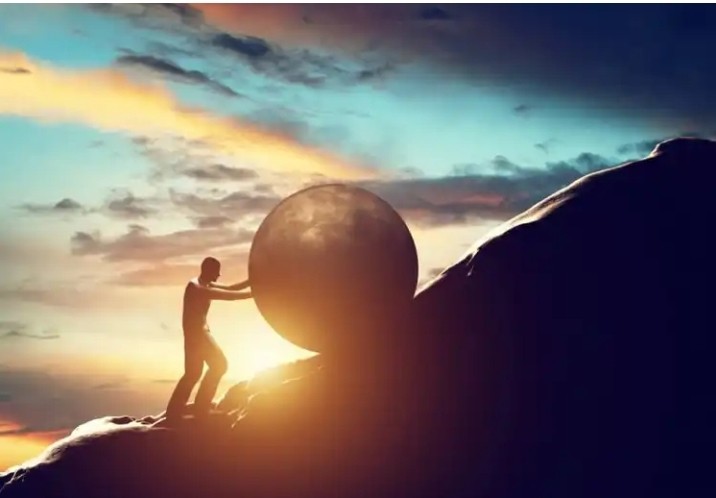
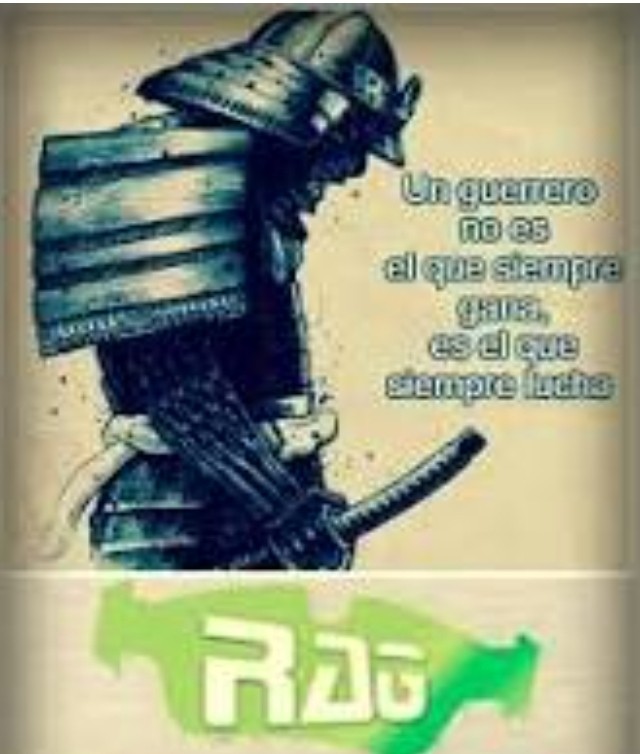
Are you passionate about what you dedicate your time to?
¿A qué te gustaría dedicar más tiempo todos los días?
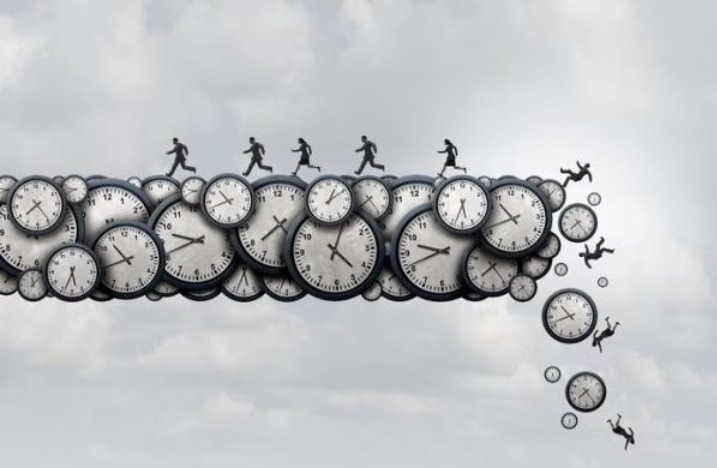
The importance of organizing
We do nothing with having plans, schedules of what we have to do and forecasts if we do not comply or execute them later. The thought of doing it does not mean doing it. It is not about doing something whether you feel like it or not, but about doing what must be done at all times. You shouldn’t give your mentally lazy Smurf any rest.
Being productive has nothing to do with spending many hours on one thing. How many people go to their jobs every day to warm up the chair without having too much workload or endorsing their work to others? We must prioritize quality over quantity.
Are you passionate about what you dedicate your time to?
I will try to give some recommendations to make the most of our time.
First. You have to ask yourself the following question: Are you passionate about what you dedicate your time to? Above all, try to be honest with yourself. It is clear that all projects and professions will have tedious tasks and others that we like more. However, we have to see them as a whole, measuring both sides, with the maxim that the positive must win out over the negative. If you do what you like, it gets along much better when it comes to undertaking it.
Second. It is important that you detect what things make you waste your time. What are your time thieves? I recommend that you observe yourself carefully in the execution of a task. Let’s imagine that this morning you were going to spend two hours learning English, with the intention of watching various videos on YouTube channels. In the end you have not dedicated more than 10 minutes to that task. Do not lie to yourself. Don’t let laziness or an anti-change mentality win the battle. You have to write down those unforeseen tasks that ate up your time.
set realistic goals
Third. You have to set objectives to achieve in those projects or professional activities. In the end, it is about seeing progress in the development of the project, execution of tasks or learning something. Logically, you have to be patient and you cannot claim to be a specialist in something in two days.
the society
As a result of complexity, society is integrated in a segmented manner and through highly selective processes, and not —as was argued— as an ordered and coherent social whole. It integrates, in short, without a center and without a vertex that orders it in everything and for everything.
WHICH TATTOO GOES WITH YOU ACCORDING TO YOUR PERSONALITY?
¿Qué te gustaría tatuarte? ¿Dónde?
Each tattoo has its story, many times we look for ours to have a meaning, this test will help you with some tattoo ideas, you will be able to find recommendations for designs, or areas of the body such as the arm or back, from a mandala to a tribal tattoo.
Surely you have invested a lot of time reviewing designs and you will have doubts about what type of design best suits your personality, where you will get it tattooed, if it will be visible or private, or perhaps you are thinking of a small tattoo, etc.
That is why in Infierno we have prepared this test as a guide so that you have where to start, remember that whether you are looking for a tattoo for women or men, from a star tattoo to a full sleeve, each individual is unique and you will know how to recognize the tattoo that will go on your skin all your life
Mi
Descríbete en una palabra.
I am a loving and sincere person with others
My passion is I lived life to the sea
Passion is one of the most intense emotions that we can feel in our lives, it constitutes the soul of our own success. We can feel passion when we dedicate ourselves to what we really love and consider most important. Do you dare to live your life with passion?
To know if we are living with passion, it is good to look at whether we put excessive effort into what we do or not, if we pay attention to what we do unconsciously or if we feel the passage of time when we carry out what we think we like.
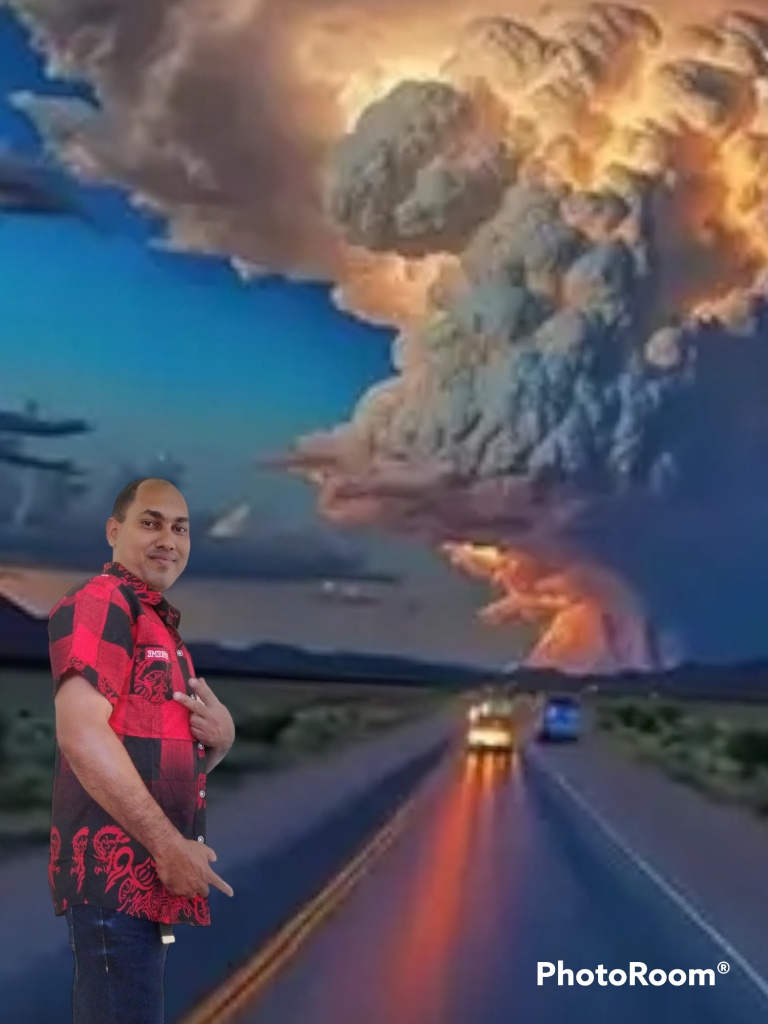
A sincere compliment
¿Cuál ha sido el mejor cumplido que te han hecho?
A sincere compliment from a well-intentioned person is enough for our day to become a good one. Relatives, friends or strangers can cheer us up with compliments that sometimes take the sadness away from us, thus proving that people have more power than we think when it comes to improving the lives of others. This is demonstrated by a Reddit thread in which hundreds of users told what was the compliment or compliment that most touched their hearts.
be about to go
Estás a punto de emprender un viaje por todo el país. ¿Avión, tren, autobús, coche o bicicleta?
Most likely, if resources, destinations and everything allow me, I would prefer the car: Why? the car is synonymous with autonomy and freedom, and sadly, I still act in an individualistic way, I think I would prefer any other public transport (plane, train or bus), as I feel more within, precisely in a group or collective, as I enjoyed long ago time, a series of trips around Europe, by train
Squash insecurities. Eliminate anxiety. Increases self-esteem
Valora tu confianza en ti mismo.
Confidence or self-confidence involves feeling confident in yourself and your talent, not in an arrogant way, but in a realistic way. This security does not mean feeling superior to others. It is about knowing, internally and with serenity, that you are a capable person.
Phrases and reflections
reviewed article
The 110 best quotes about confidence
Several reflections on the importance of believing in oneself and in the relationships we establish.

isha sarmiento
January 5, 2018 – 16:17 — Updated October 20, 2022 – 14:49 CEST


Trust in others is basic to be able to live without fear.Pexels.
La ansiedad
¿ansiedad?
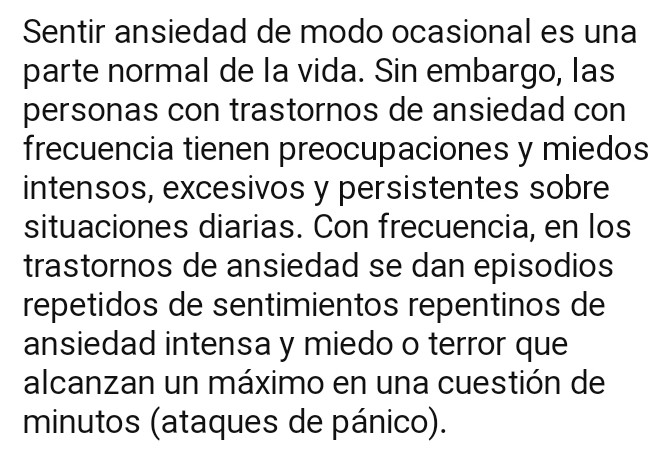
Occasional anxiety is a normal part of life. However, people with anxiety disorders often have intense, excessive, and persistent worries and fears about everyday situations. Often in anxiety disorders there are repeated episodes of sudden feelings of intense anxiety and fear or terror that peak in a matter of minutes (panic attacks).
Sin Título
the innovation
Innovation
We promote a new business model; offering new services and process improvements to make your business more productive.

Teamwork
We add ideas and promote them together.

Commitment
We honor obligations and commitments acquired with our clients and collaborators. We value the trust you place in us and take our responsibility to protect your information seriously.

Proactivity
We positively and actively influence our environment to achieve our goal.

Integrity
Our actions, decisions and results are always framed in legality, opportunity and ethics.

Passion
We feel absolute satisfaction with what we do; we enjoy the road and learn in it.

Teamwork
We add ideas and promote them together.

Commitment
We honor obligations and commitments acquired with our clients and collaborators. We value the trust you place in us and take our responsibility to protect your information seriously.

Proactivity
We positively and actively influence our environment to achieve our goal.

Integrity
Our actions, decisions and results are always framed in legality, opportunity and ethics.

Why is alcohol thought to be relaxing and where did that misconception come from?
After a long and stressful day, I often find myself sitting down with a beer or glass of wine.
Rituals like these are the signal that the workday is over and that it is time for fun and relaxation.
The problem is that over time this way of drinking doesn’t work.
Regular (and excessive) consumption of alcohol is associated with depression and lack of sleep.
And research shows that it can also increase anxiety levels in the long run.
Mejoramos juntos
Enumera tres objetos sin los que no podrías vivir.
hello. I am Dominican I write to tell you to follow everyone who is wolspress like share helping each other so we achieve more united let’s go ahead
Informacion de bebidas
Mi pelicula fovorita
¿Qué películas o series de televisión has visto más de 5 veces?
Constantin. Esa es mi pelicula favorita la he vista mas de cinco veces
Supersticion
¿Tienes alguna superstición?
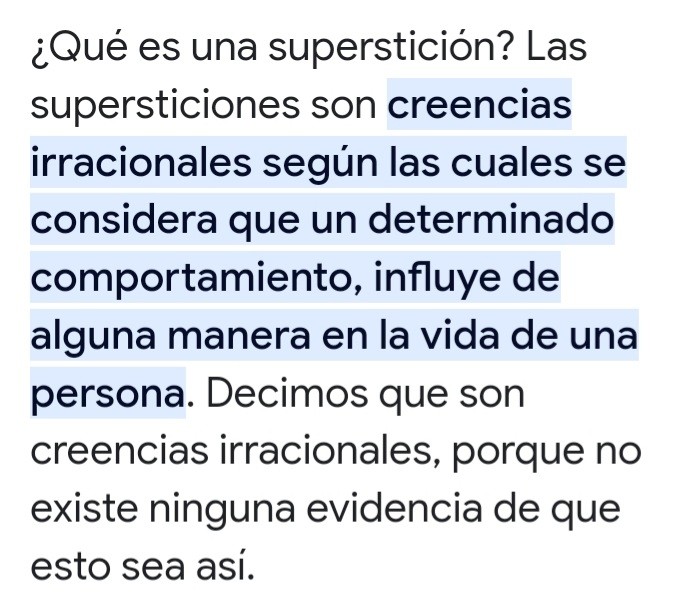
Yo soy todo un animal
¿Con qué animal te identificas? ¿Por qué?
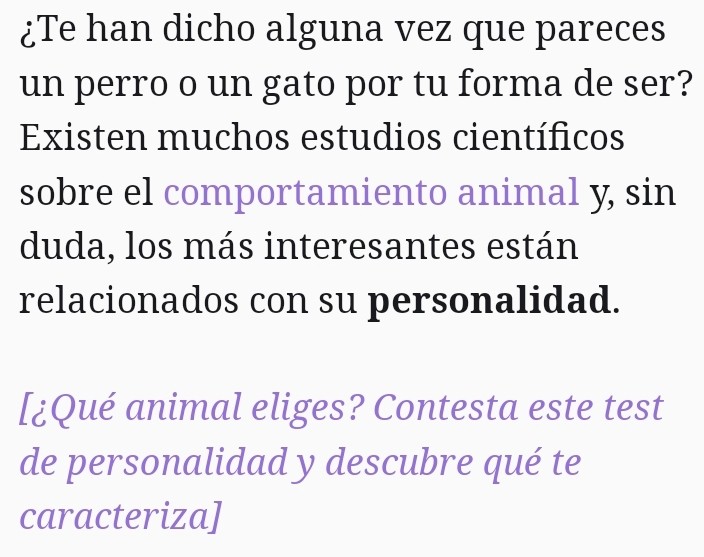
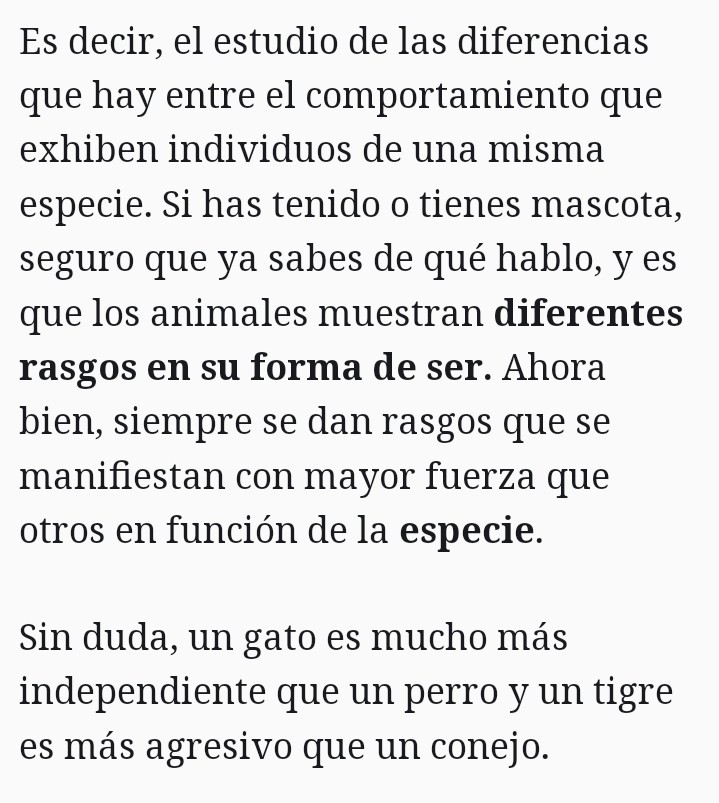
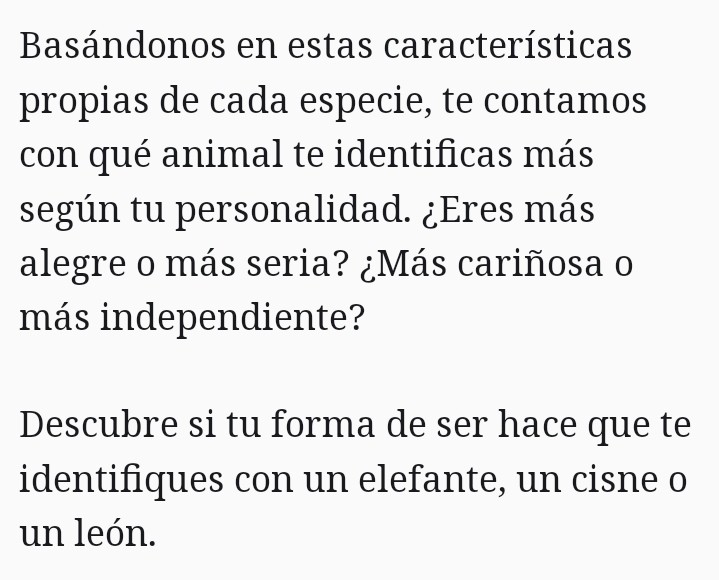
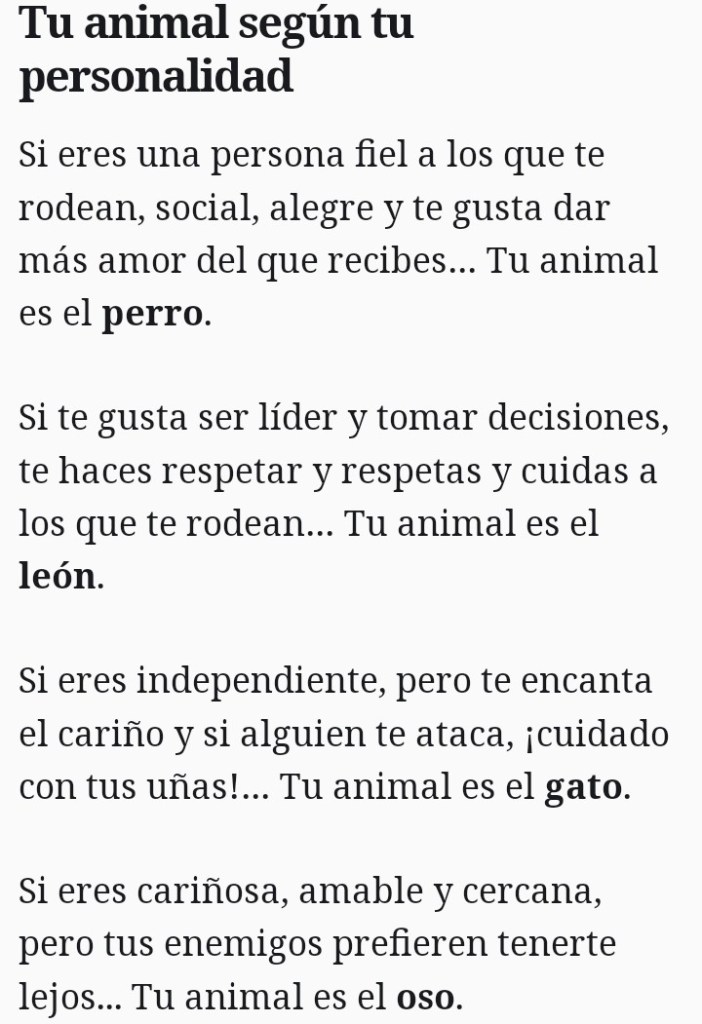
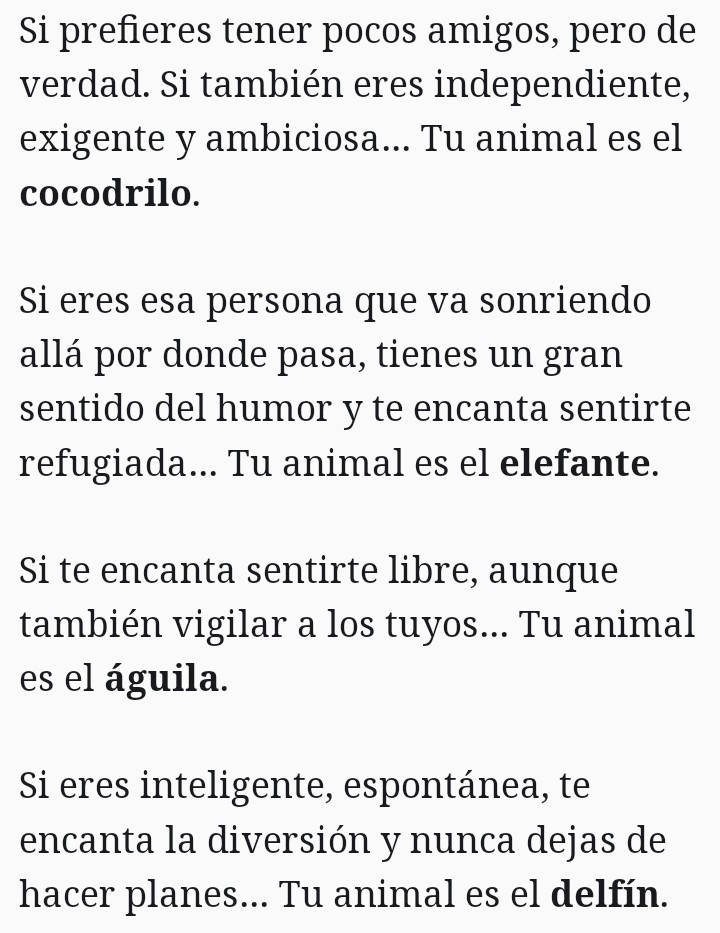
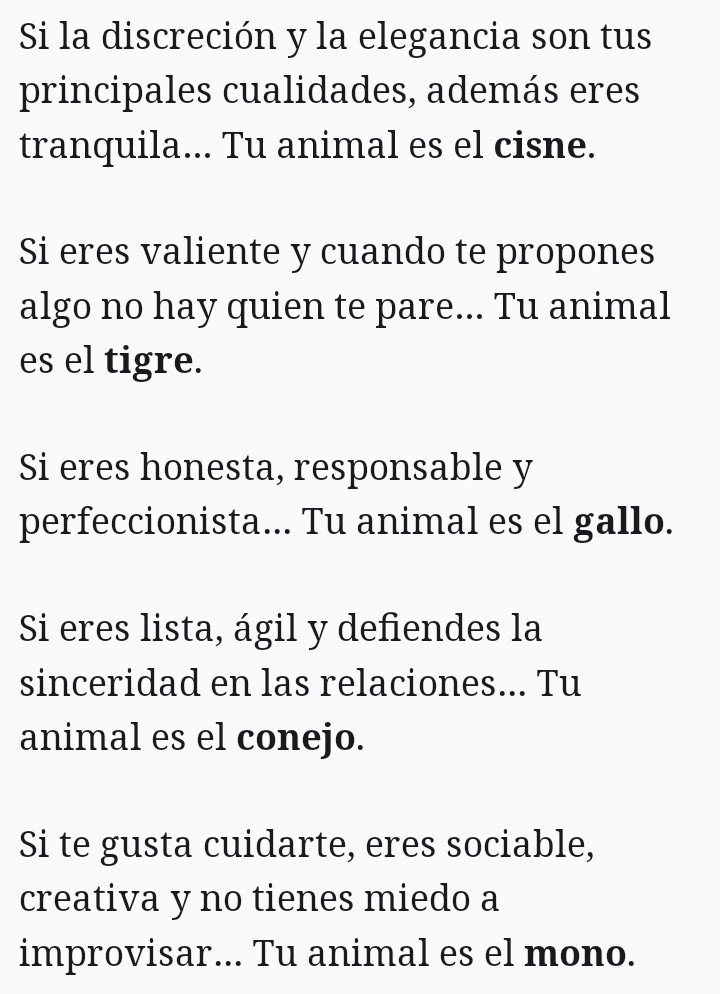
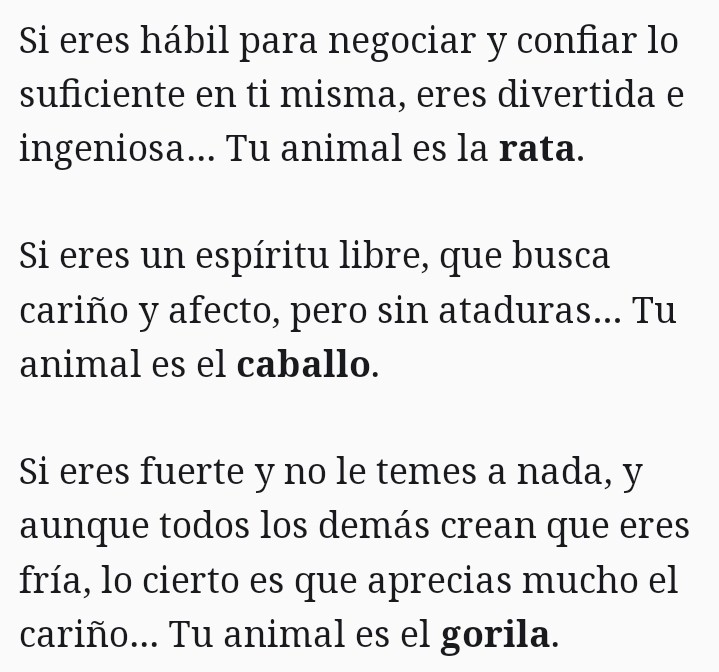
Para mi yo del futuroa
Escribe una carta a tu yo de 100 años.
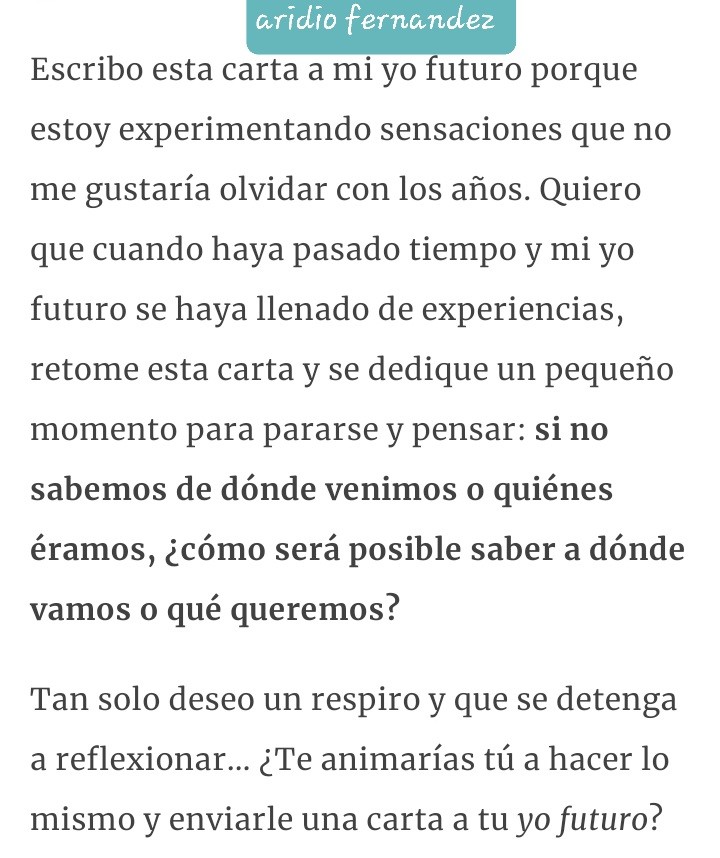
Yo iria
¿Dónde irías durante un día de compras?
Donde me acomoden los precios y alga donde los niños se puedan recrearce y los padres por igual
Mejor lugar para despejar la mente
Significado
¿Tienes un segundo nombre? ¿Tiene algún significado especial?
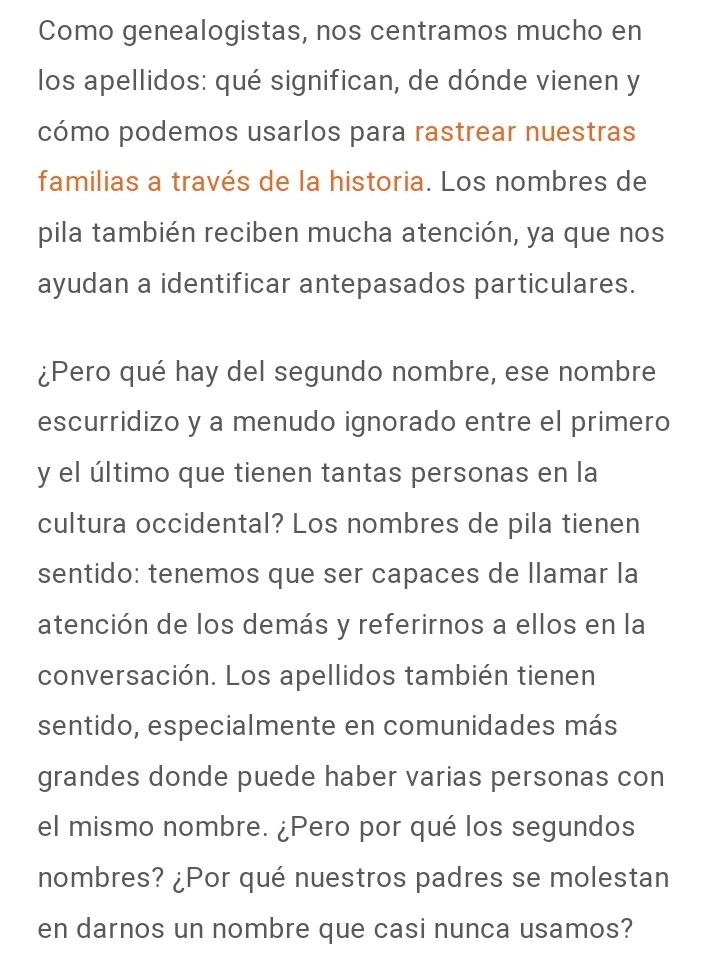
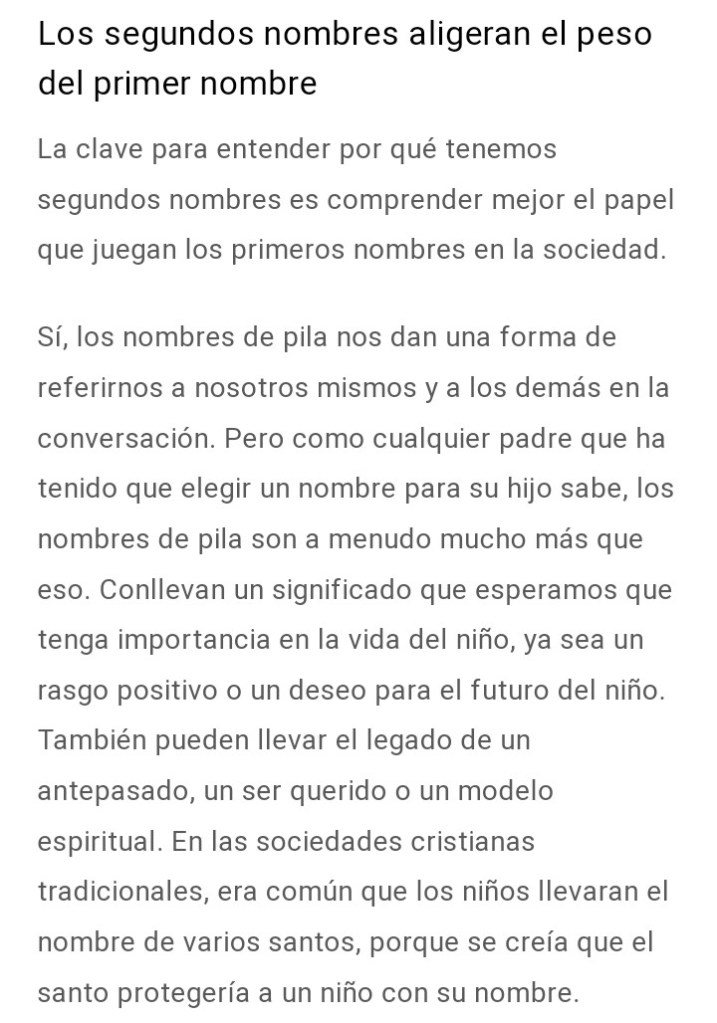
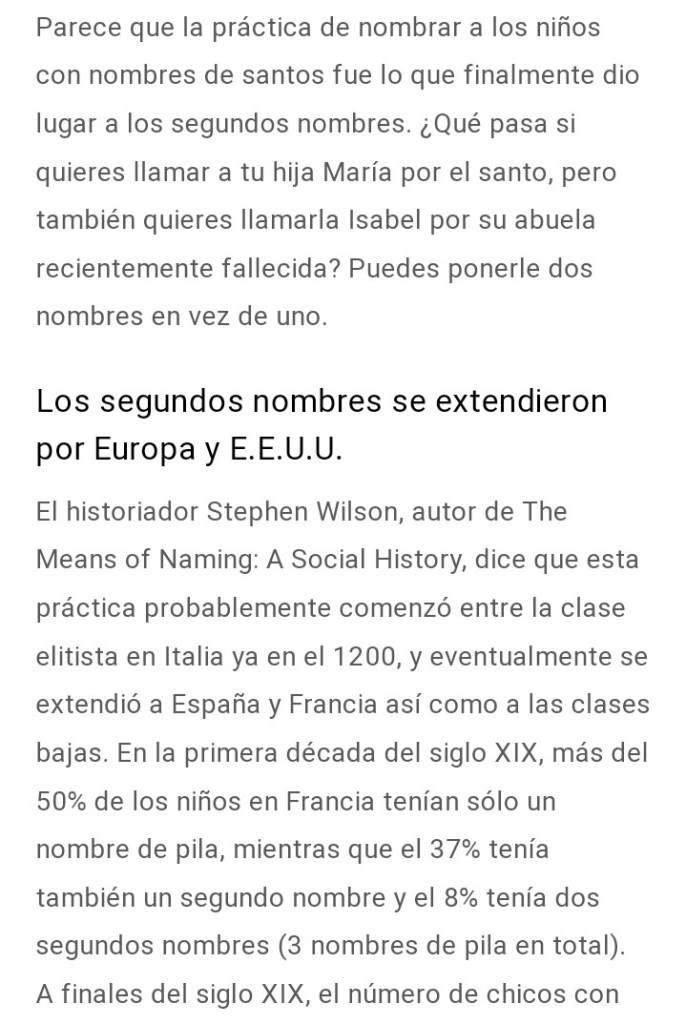

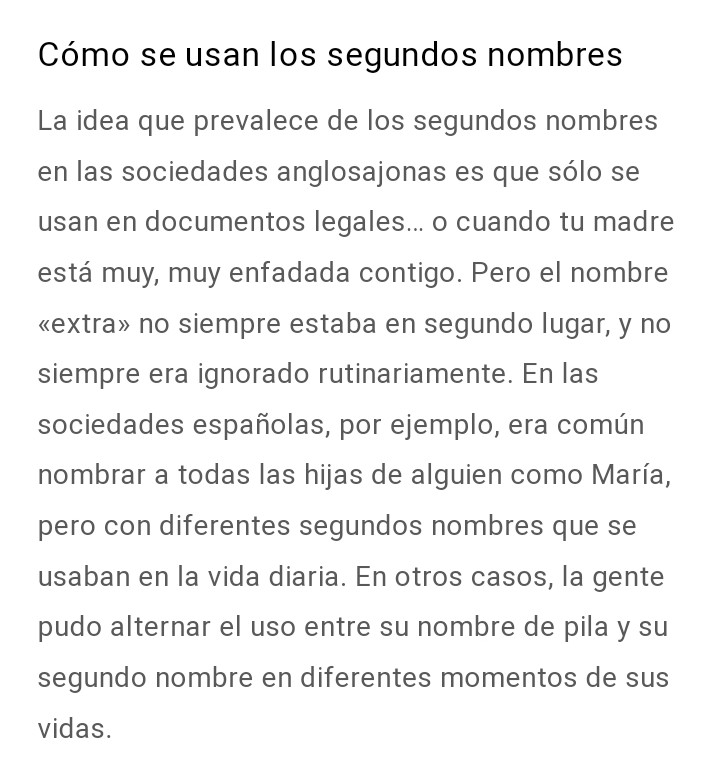
Lo que he aprendido de la vida
¿Qué ha sido lo último que has aprendido?
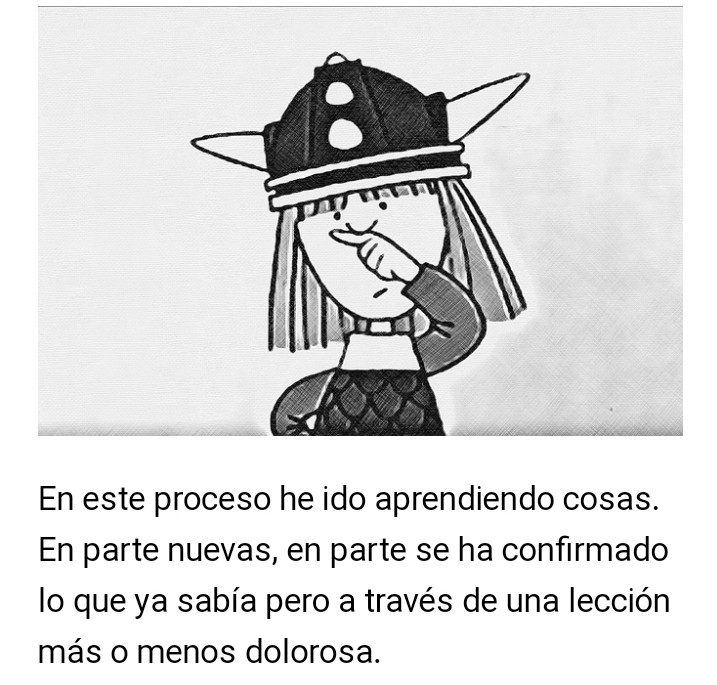
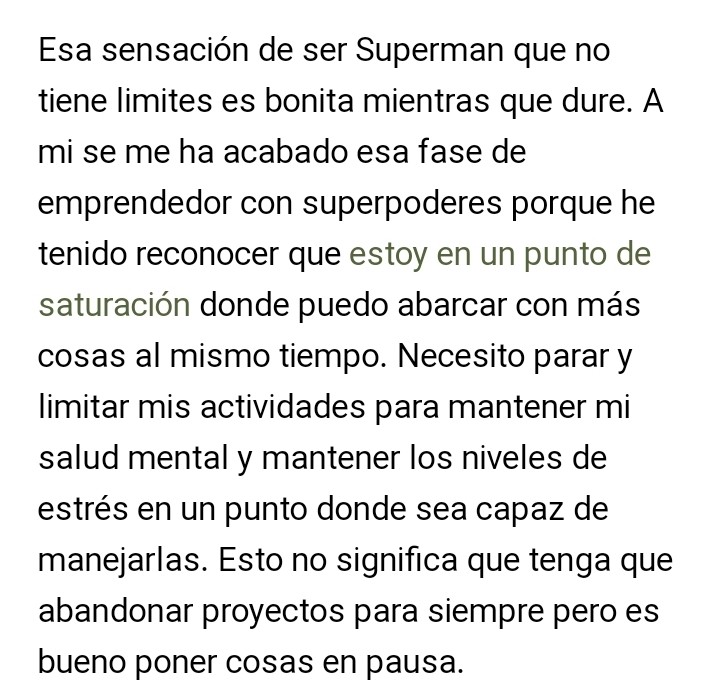
Exito lo que uno logra por eforzarte
¿De qué manera un fallo (o un aparente fallo) te prepara para un próximo éxito?

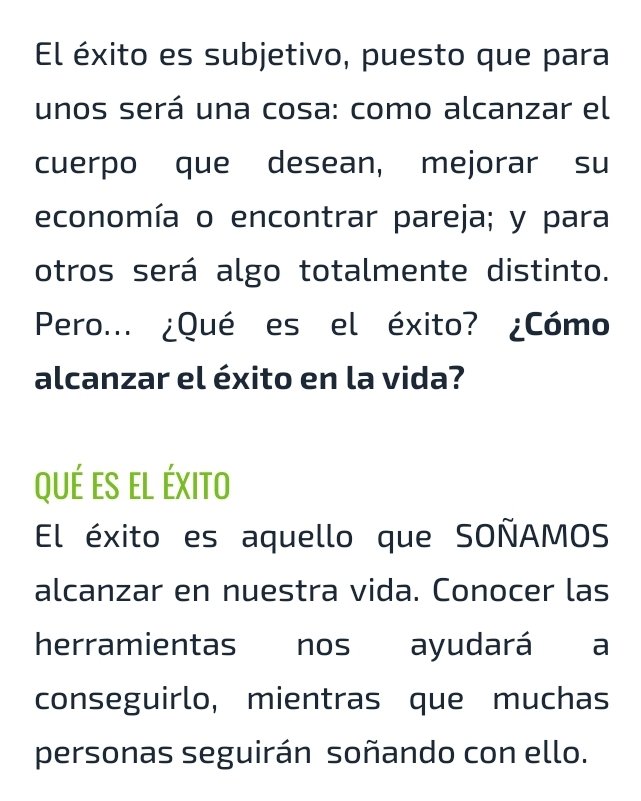
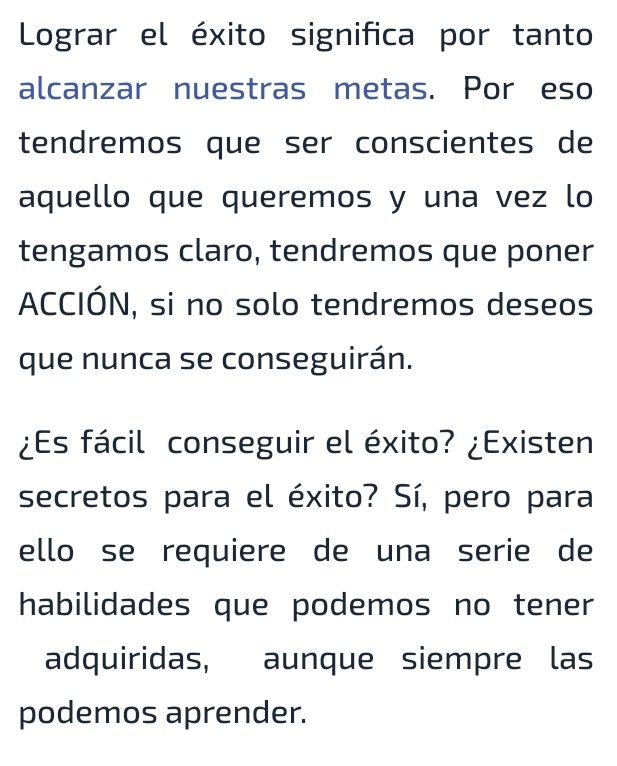
No podria vivir sin esto
Enumera tres objetos sin los que no podrías vivir.


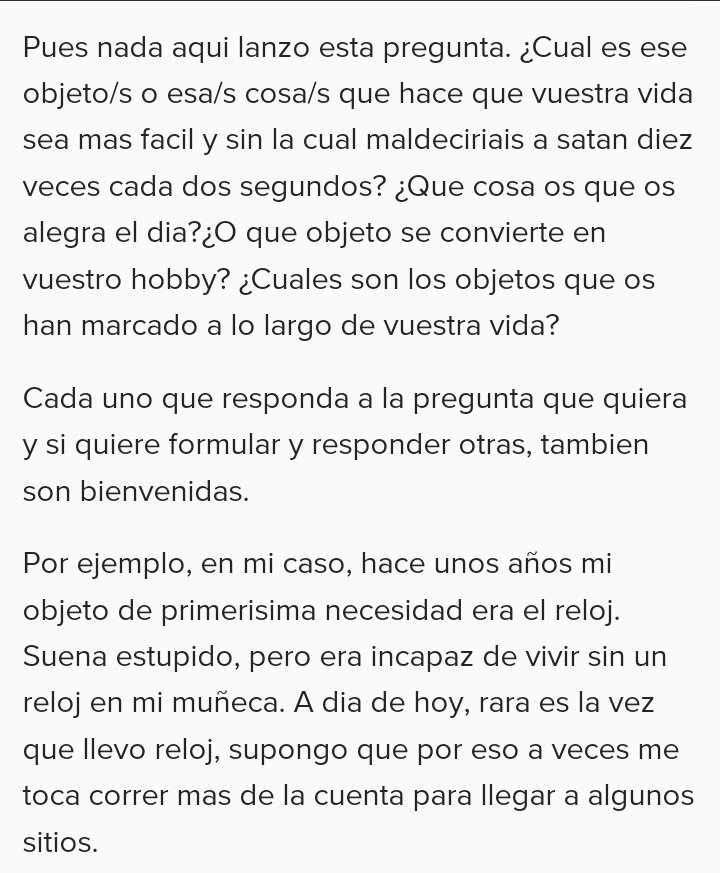
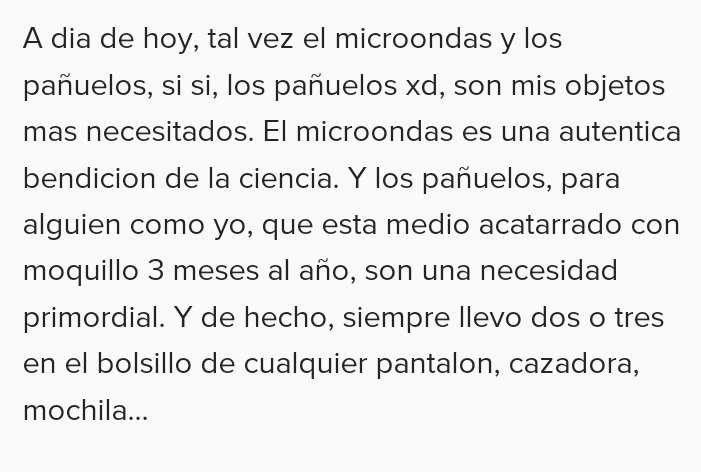
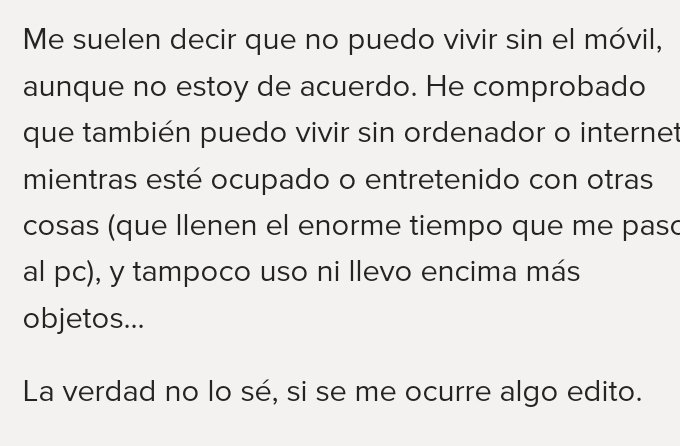
La realidad es tener tu familia cerca
Yo pienzo que me has echo crecer más es
¿Qué experiencias te han hecho crecer más?
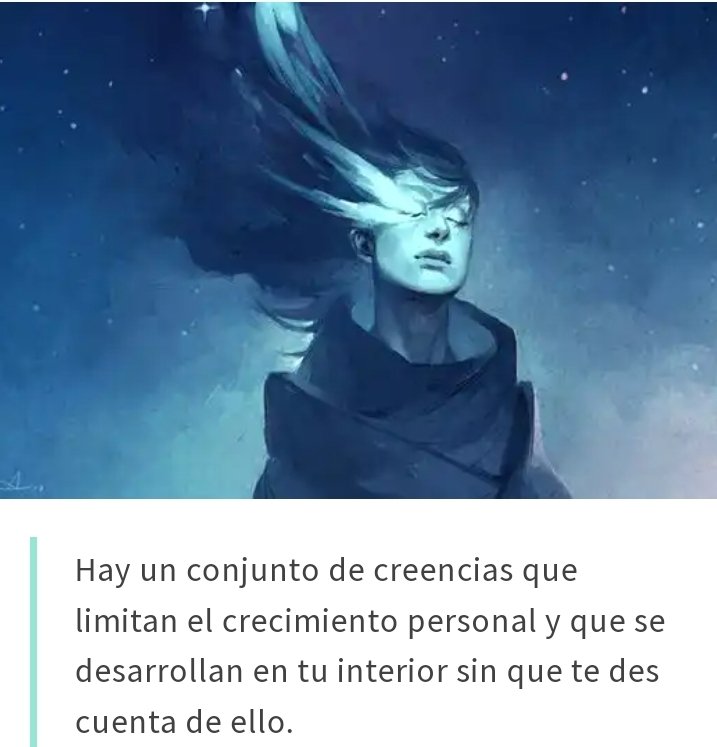
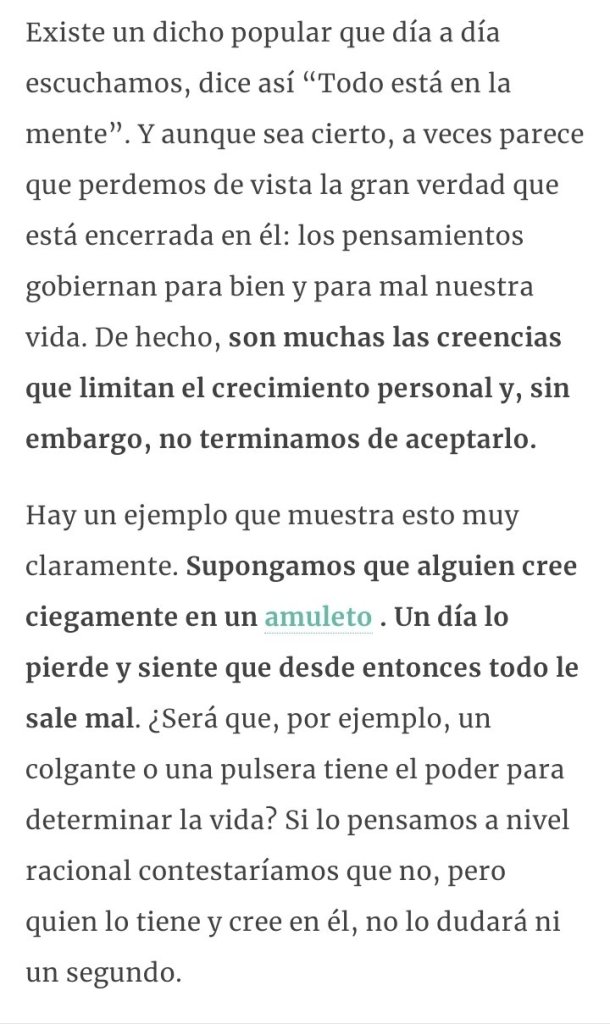
El destino
¿Crees en el destino?
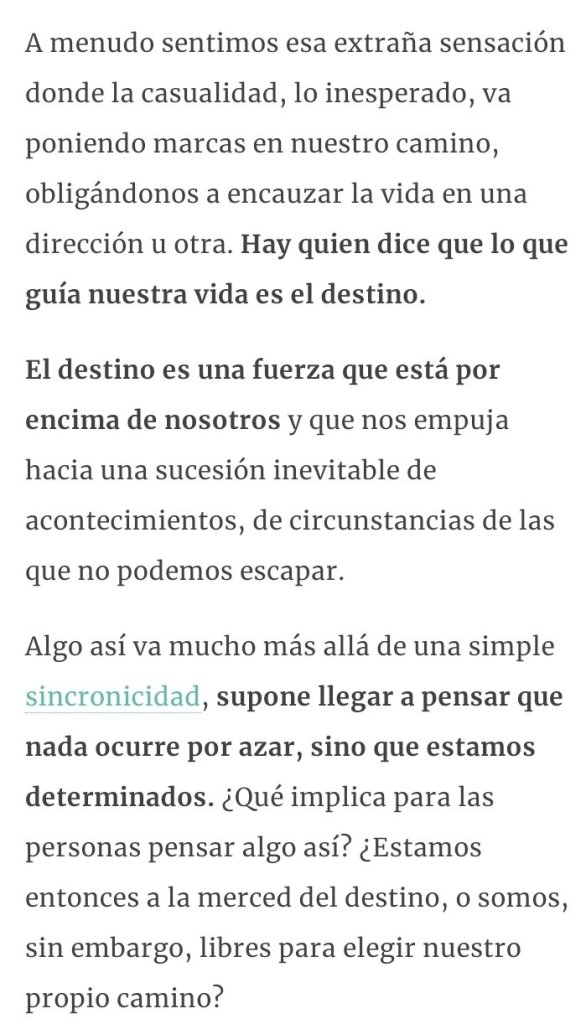
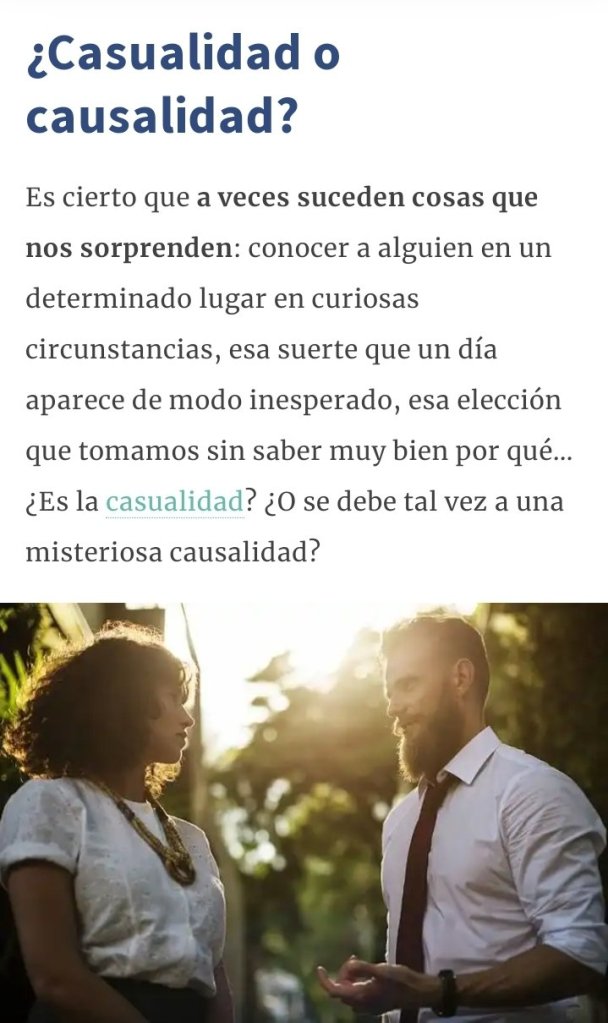
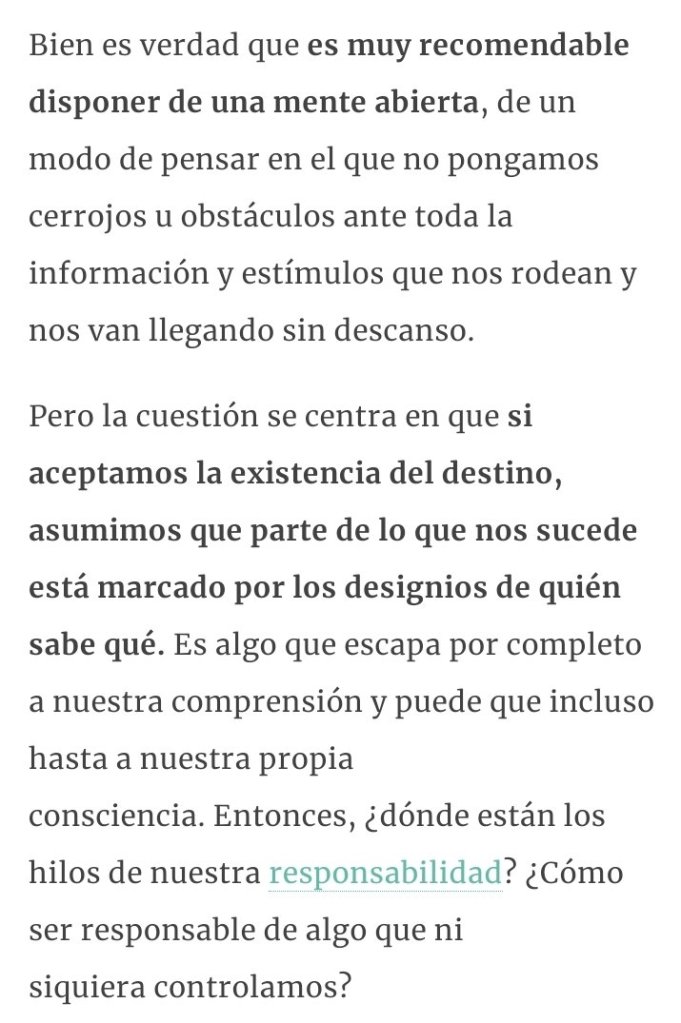
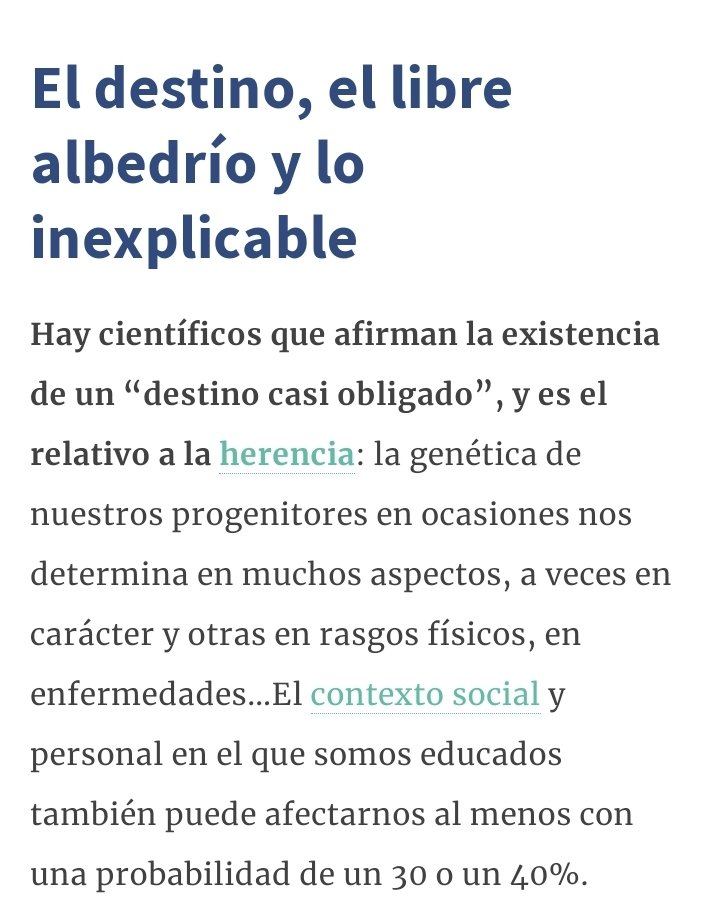
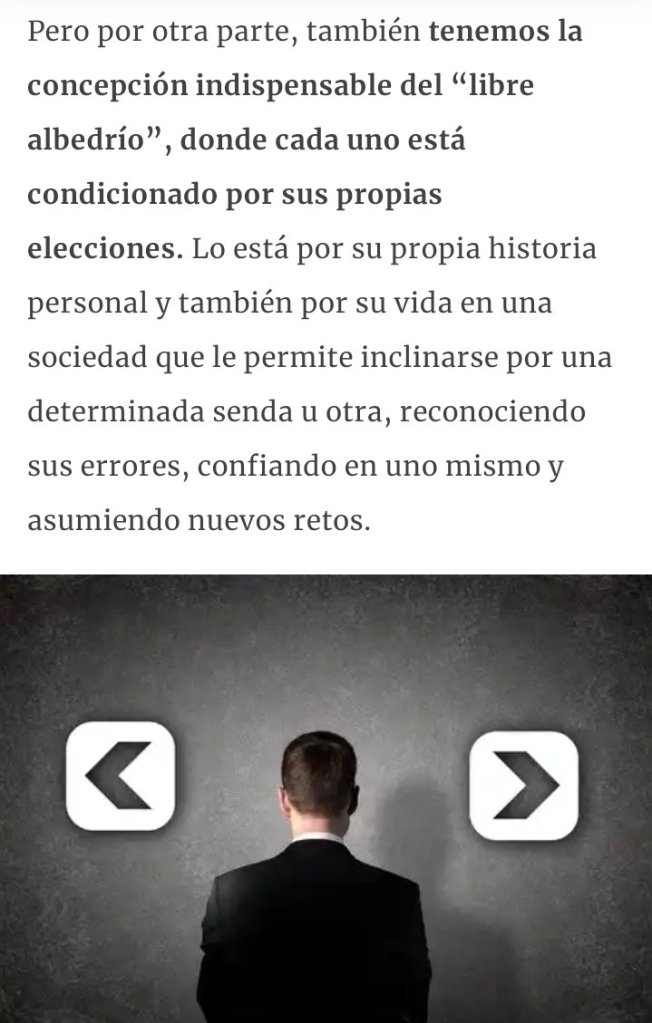
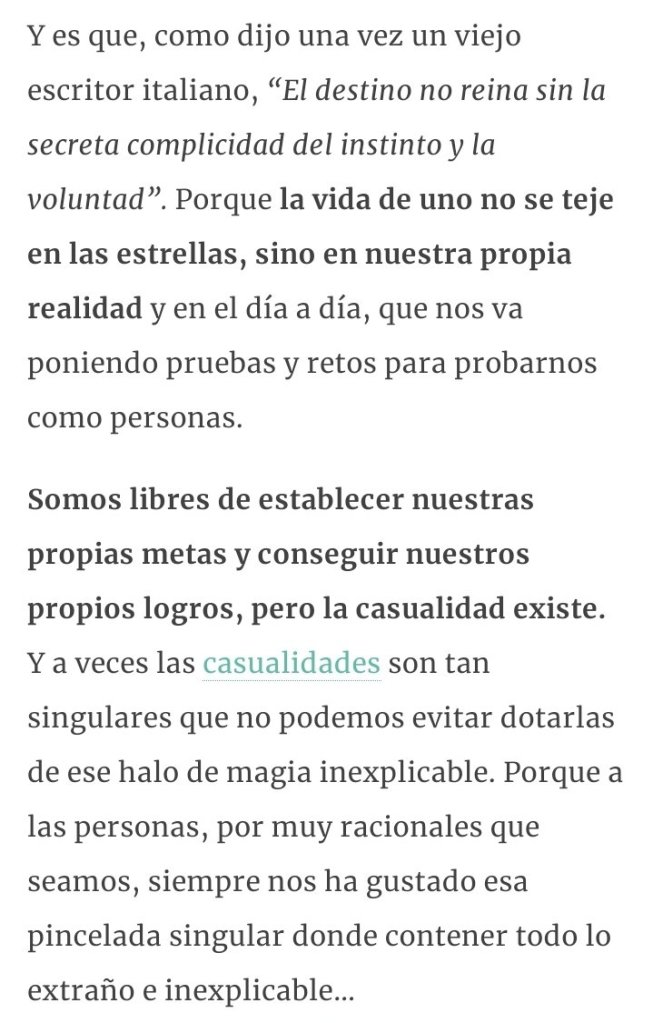
Es dificil desir adios
Describe el «adiós» más difícil que has vivido recientemente.

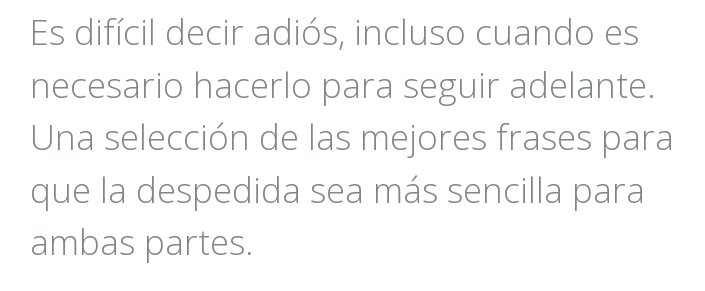
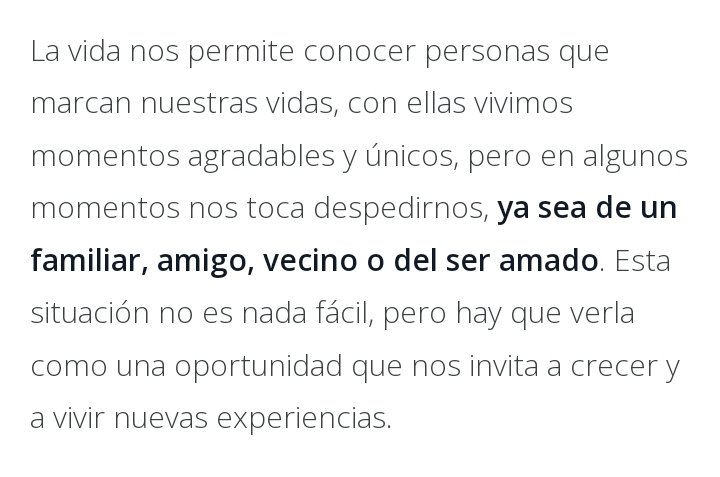
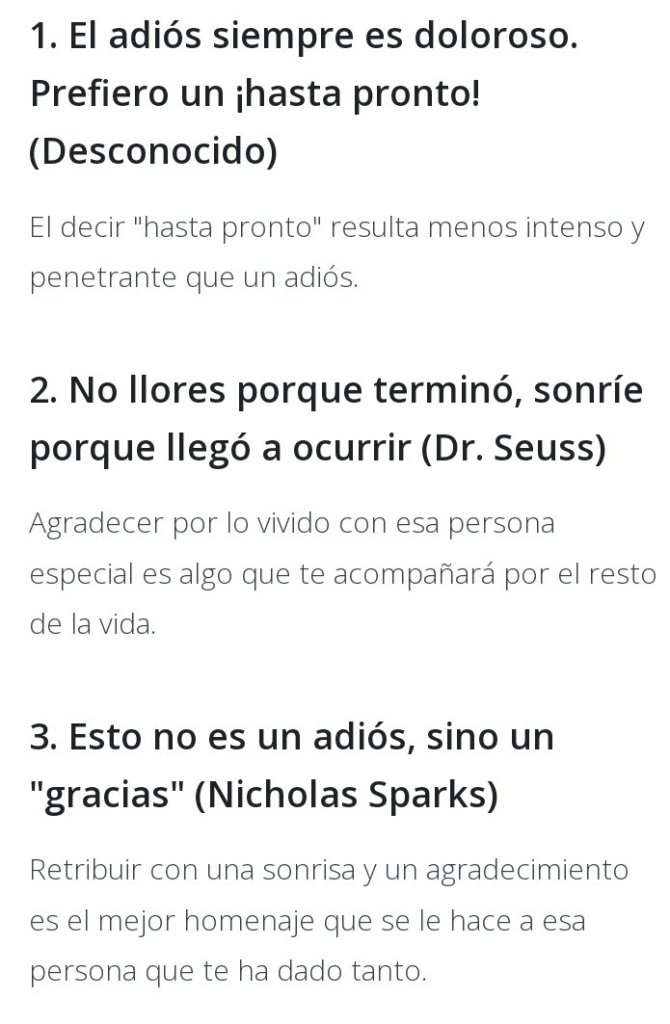

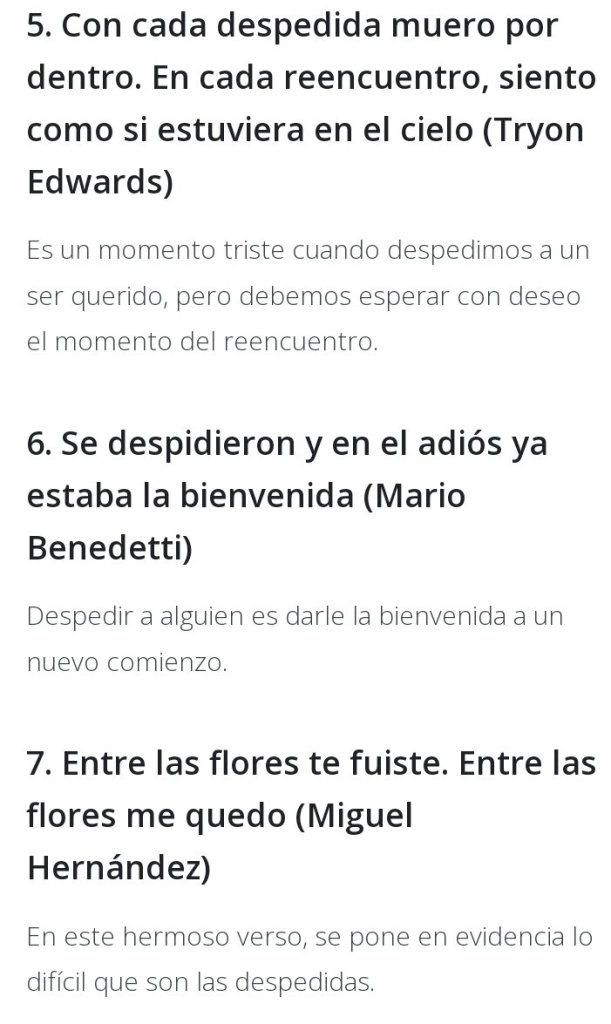
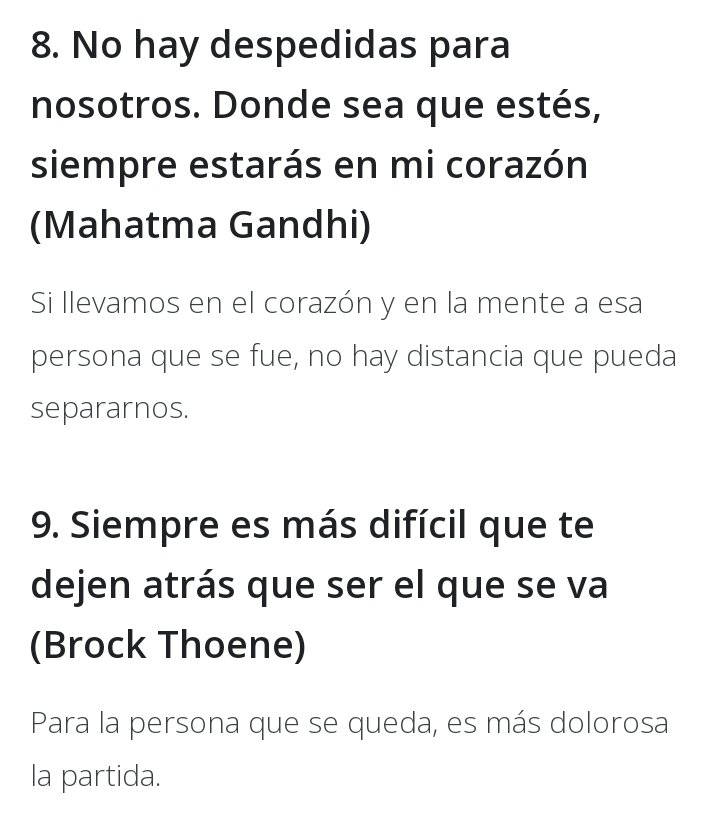
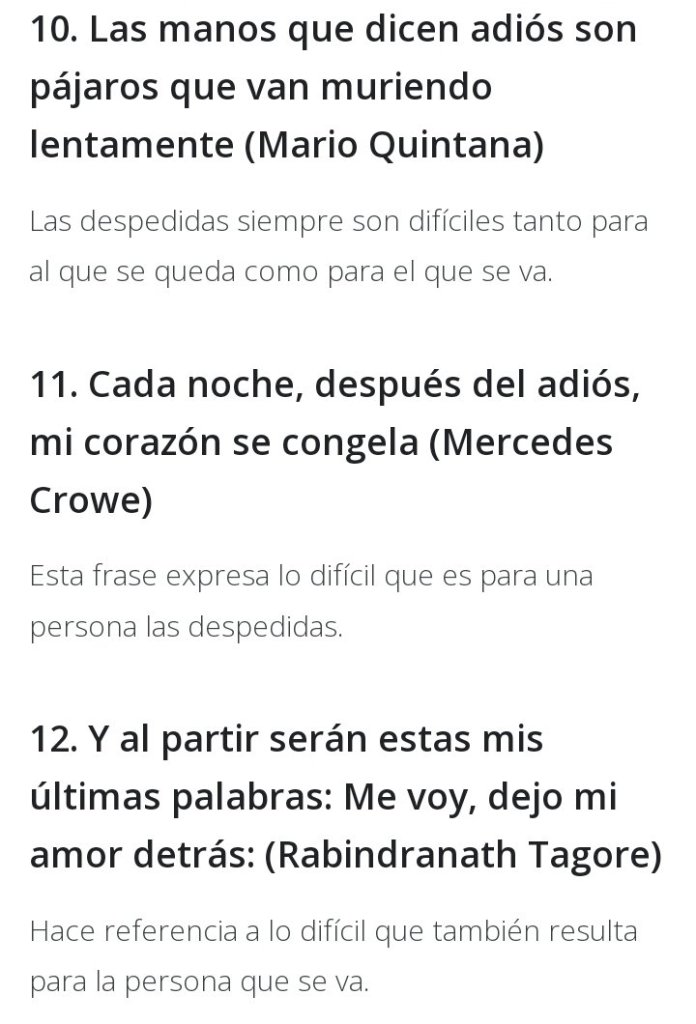
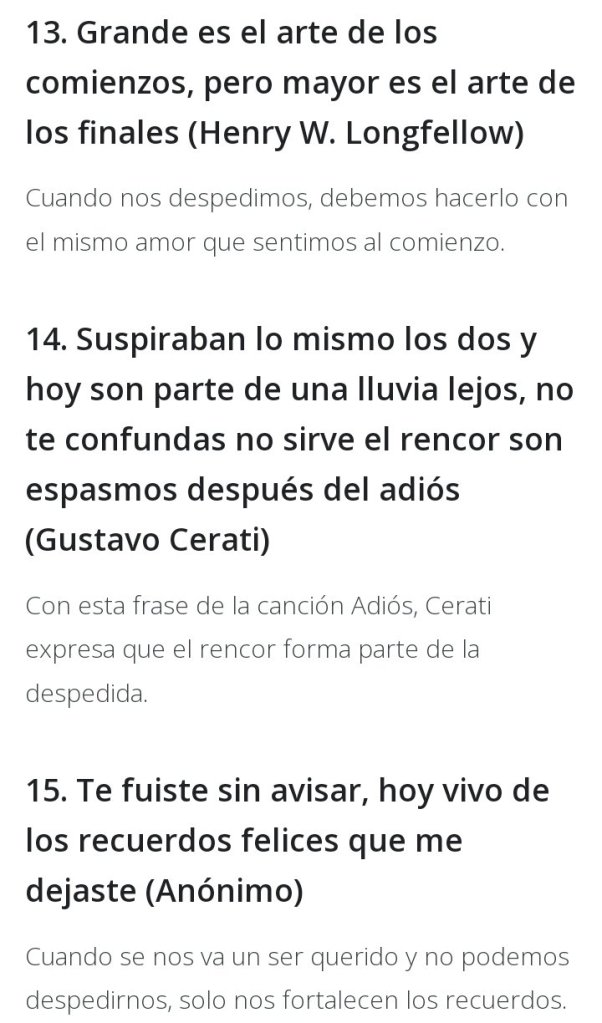
La apariencias de nuestra vida
A mi
Si pudieras convertirte en otra persona durante un día, quién querrías ser y por qué.
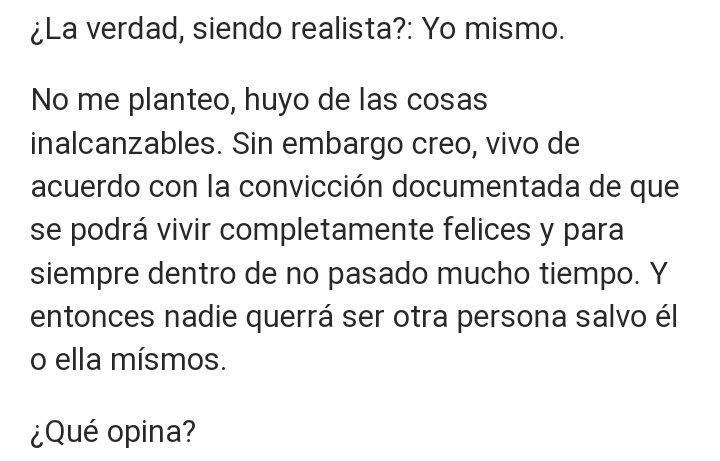
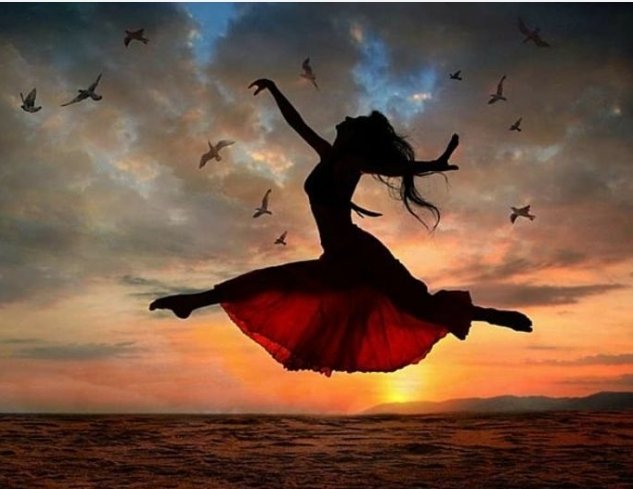
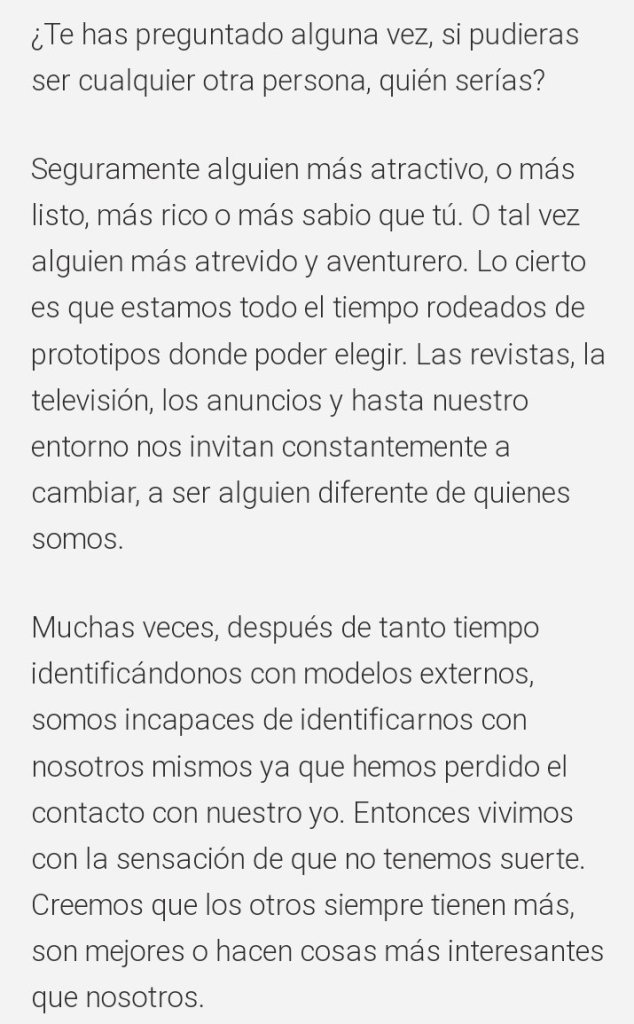
El alcohol
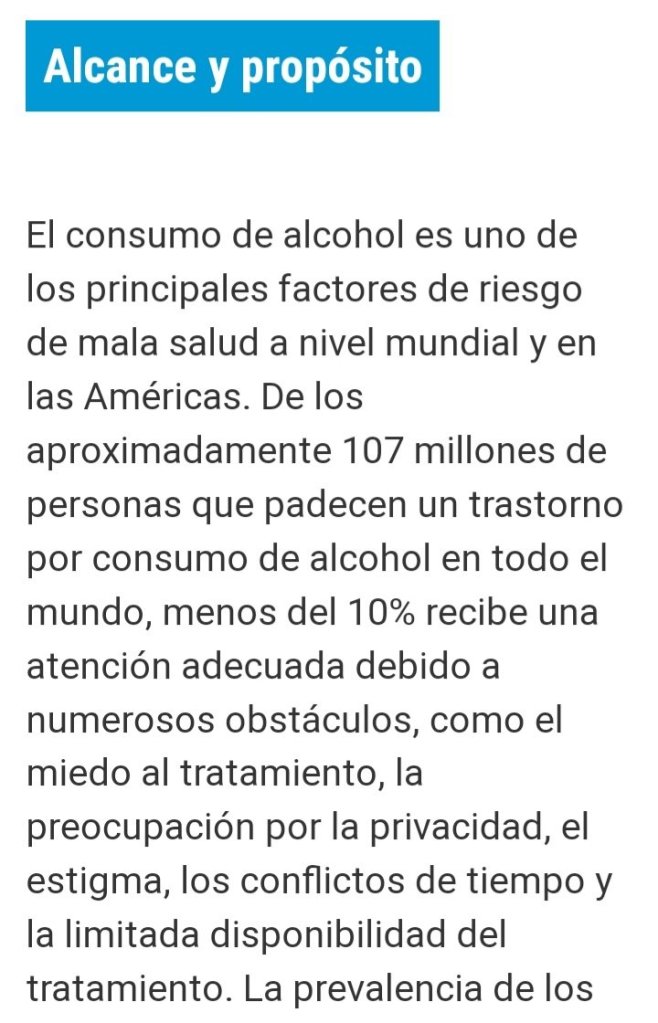

El alcohol


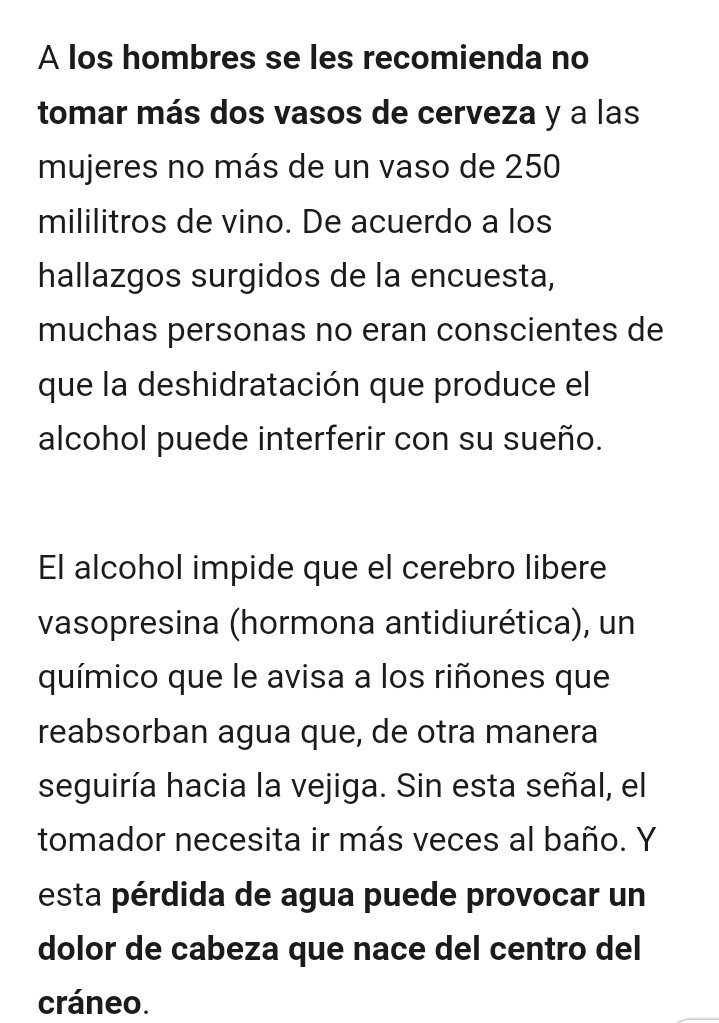
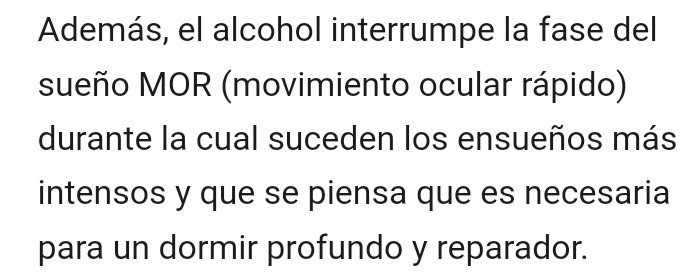
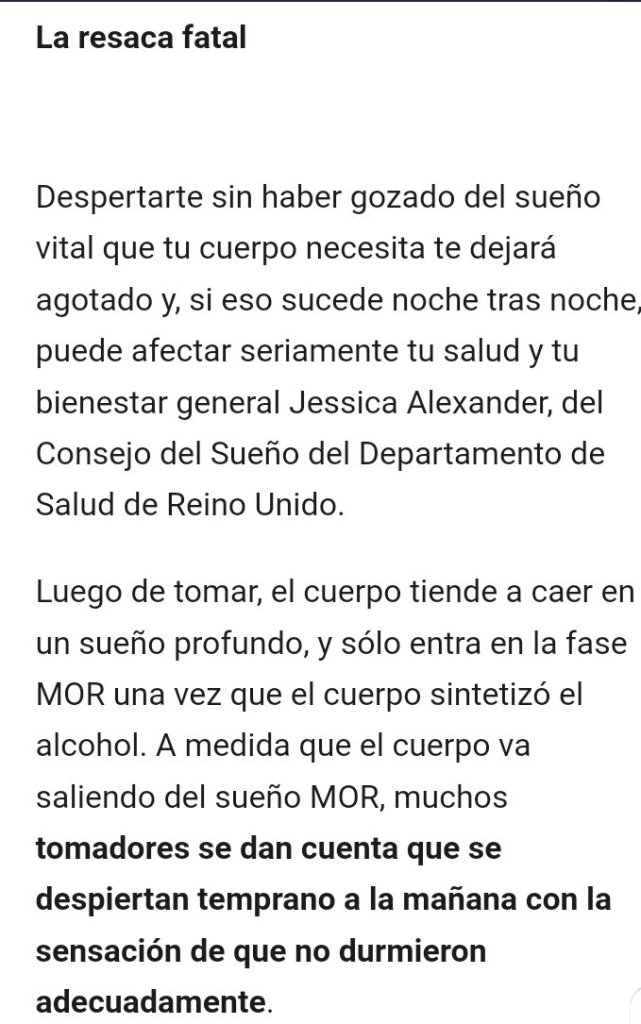
Articulos de bebidas
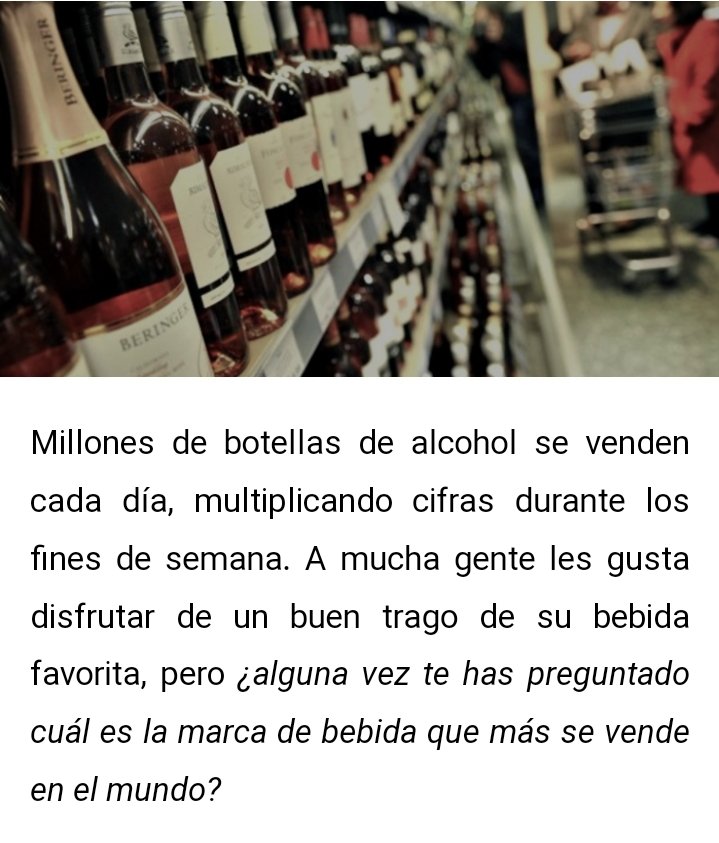
Reto mas dificil
¿Cuál es el reto más difícil al que tendrás que enfrentarte de aquí a seis meses?
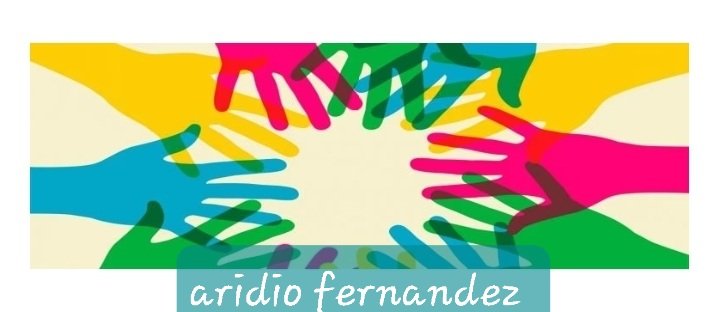
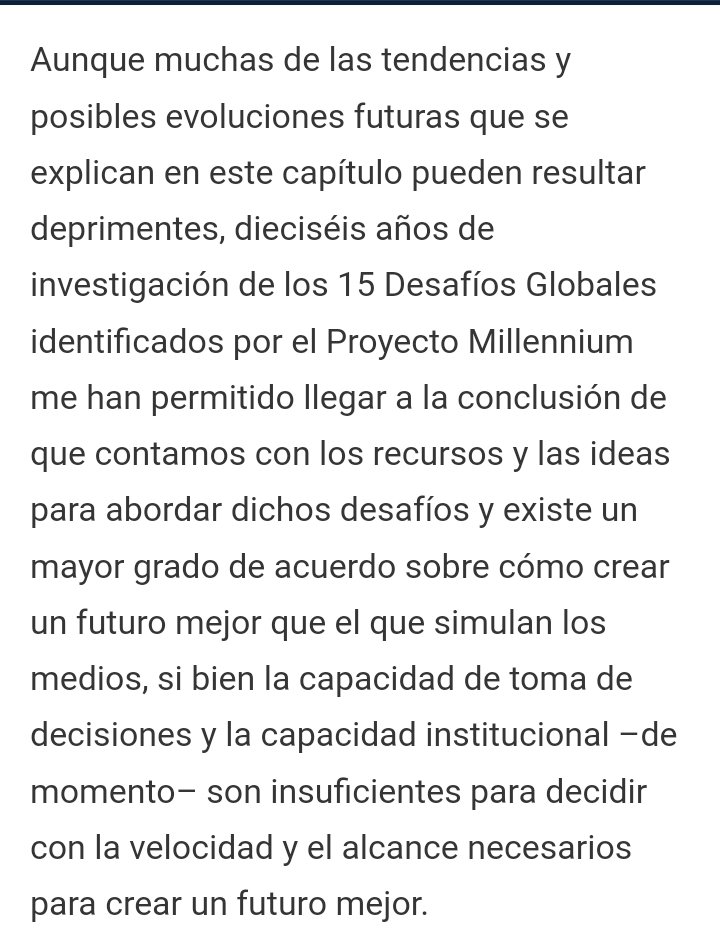
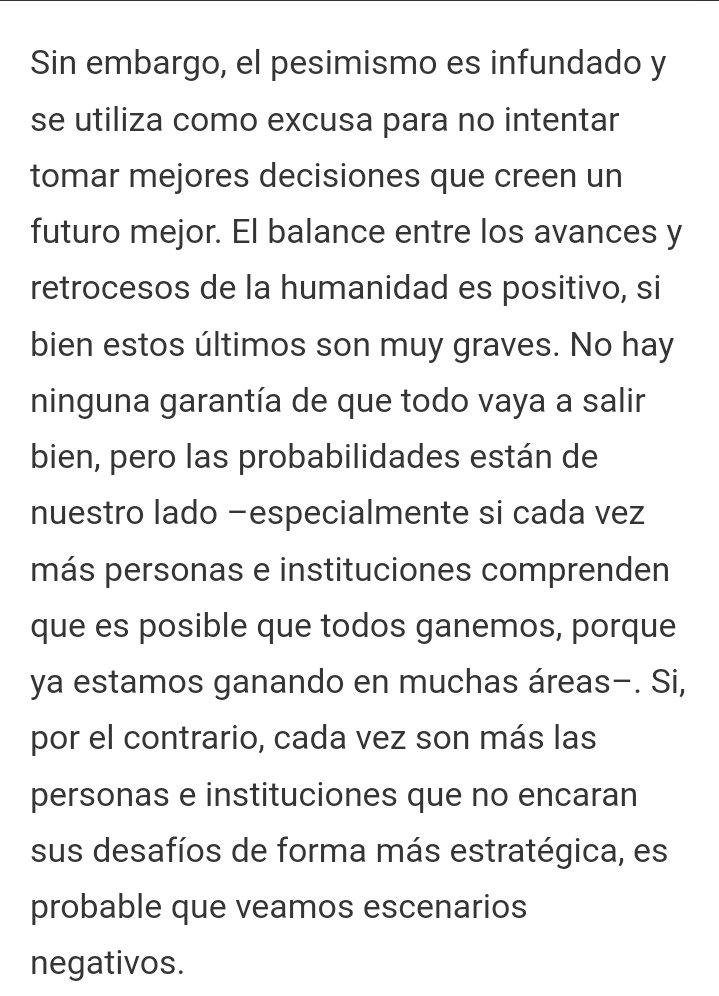

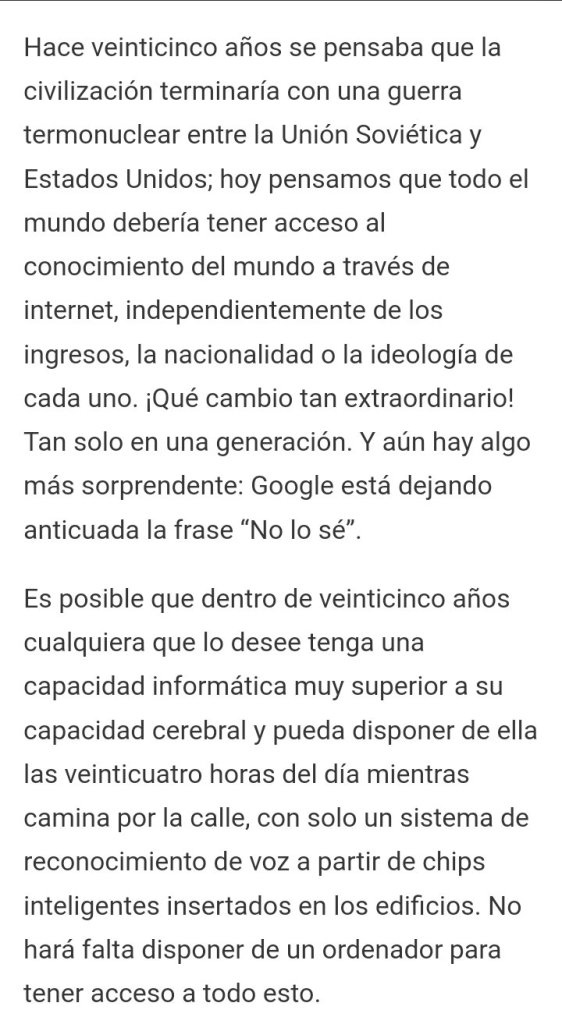
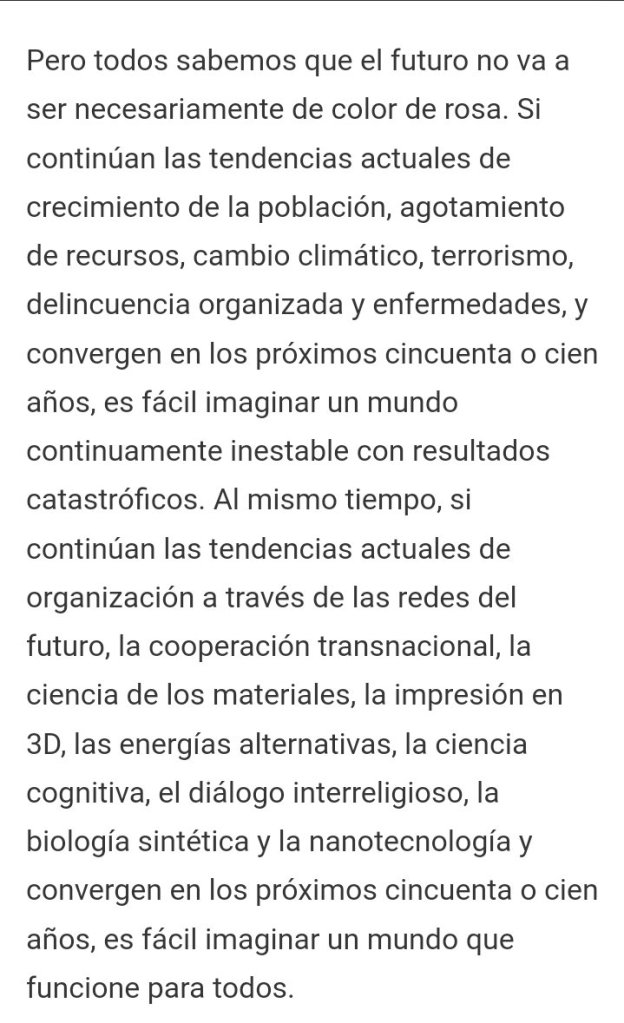
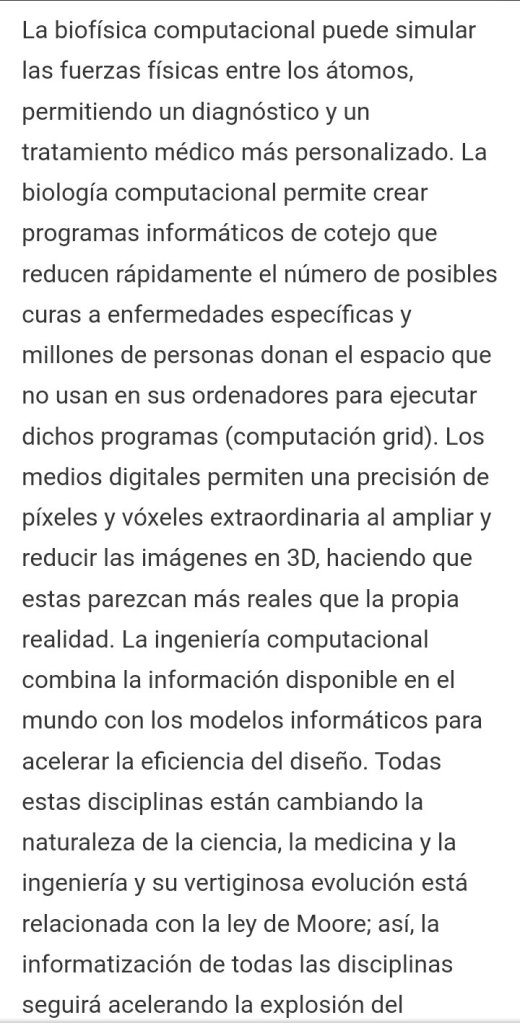
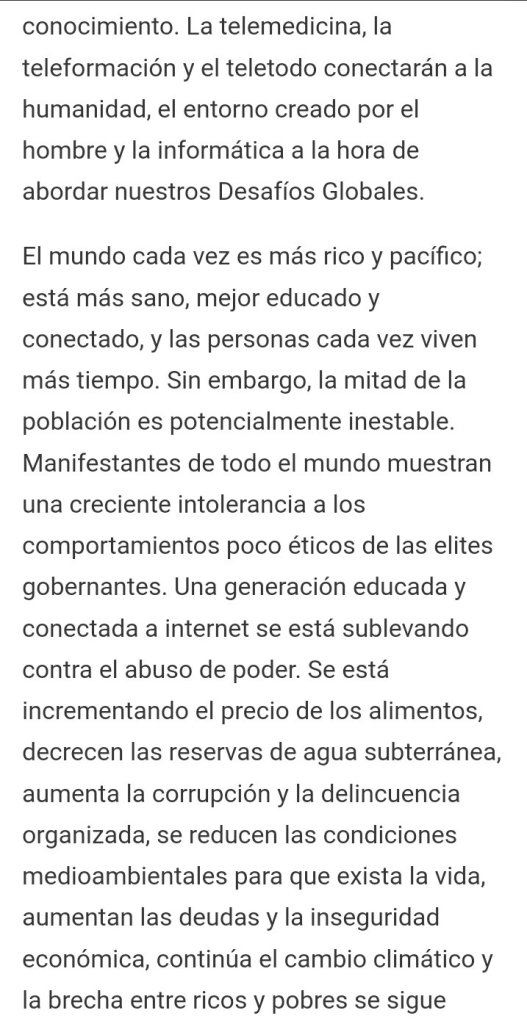
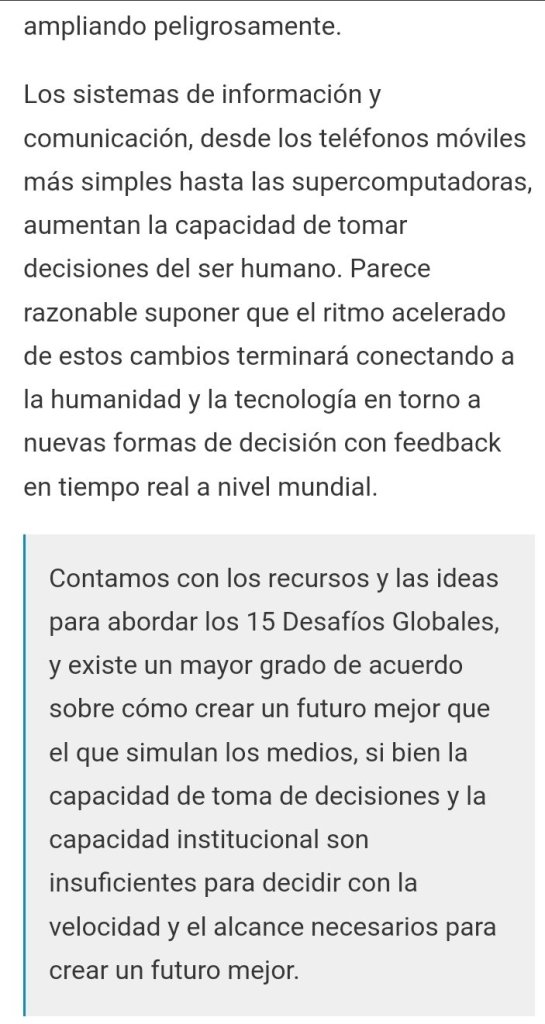
Cosejos
¿Qué consejo le darías a tu yo adolescente?

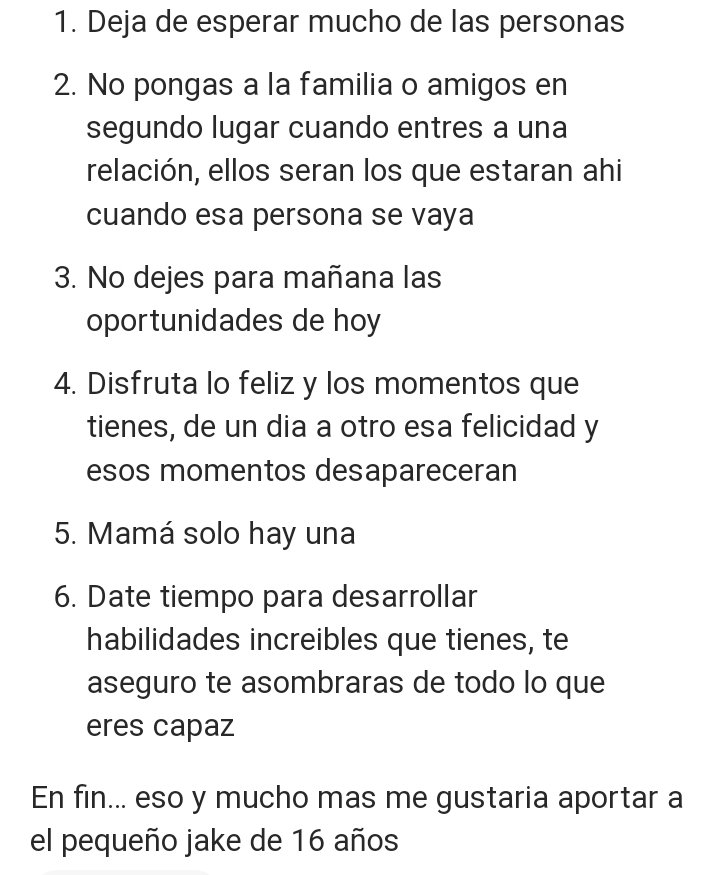
Cancion que iso historia

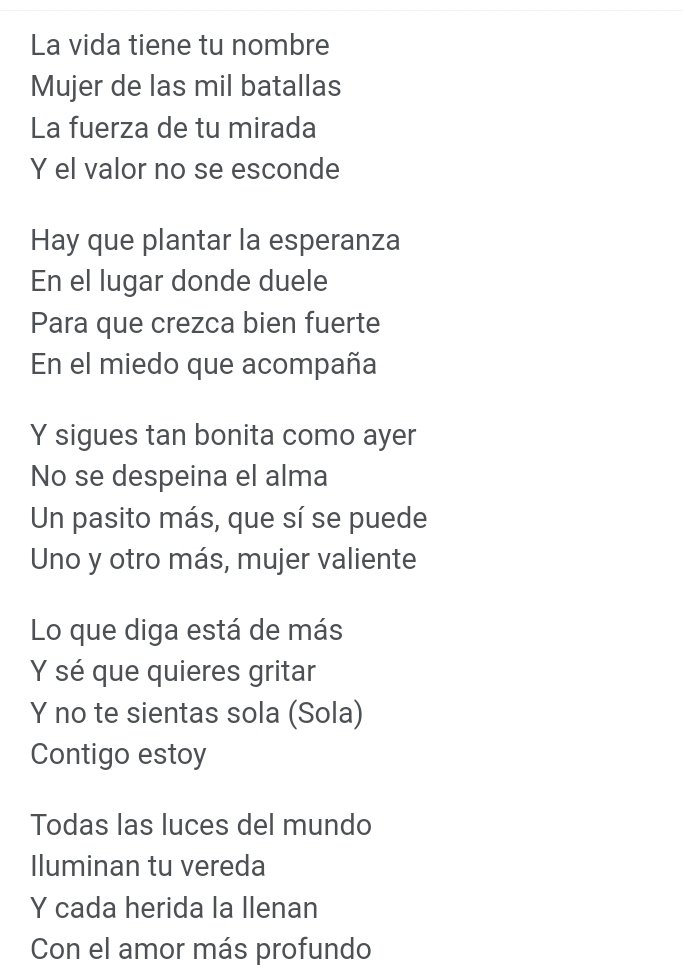
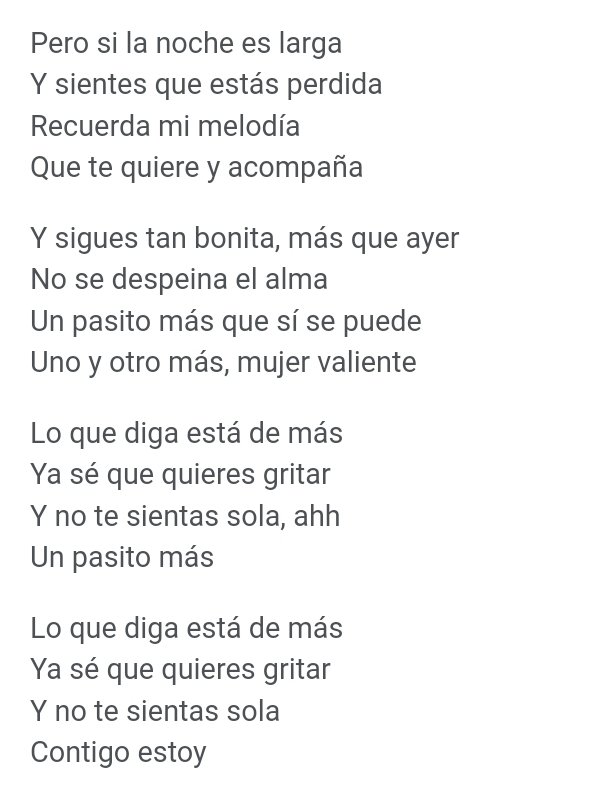
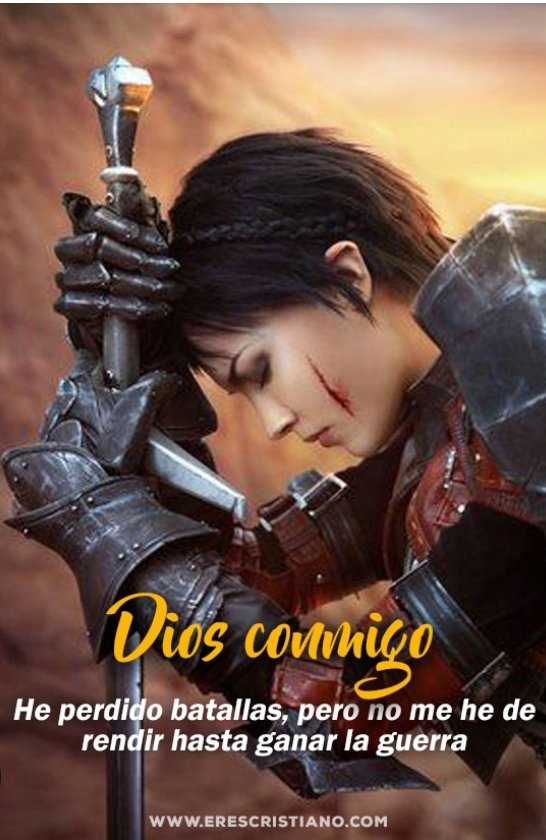
Frank reyes

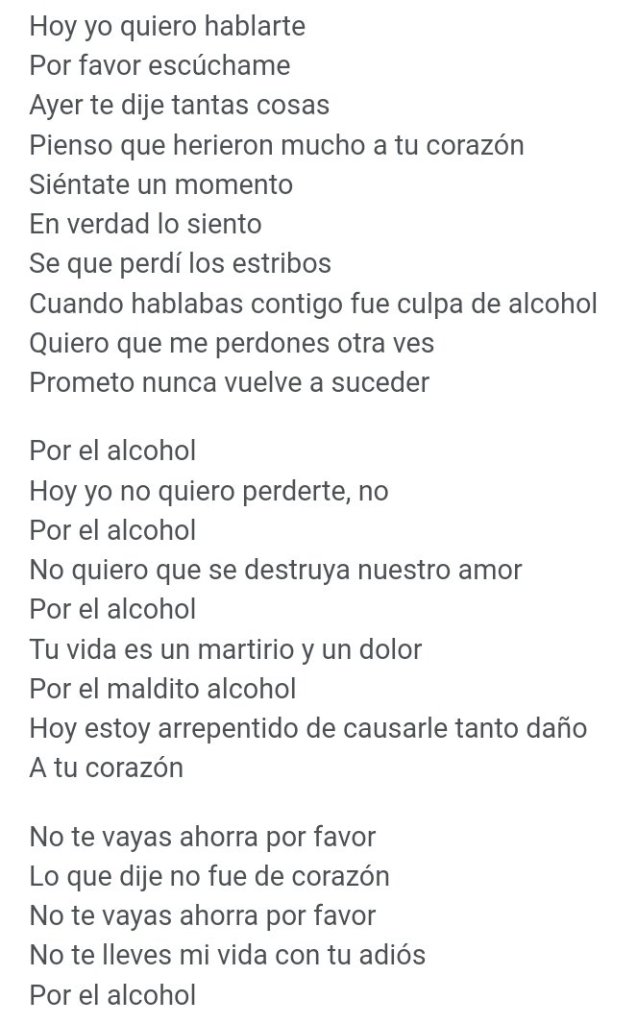
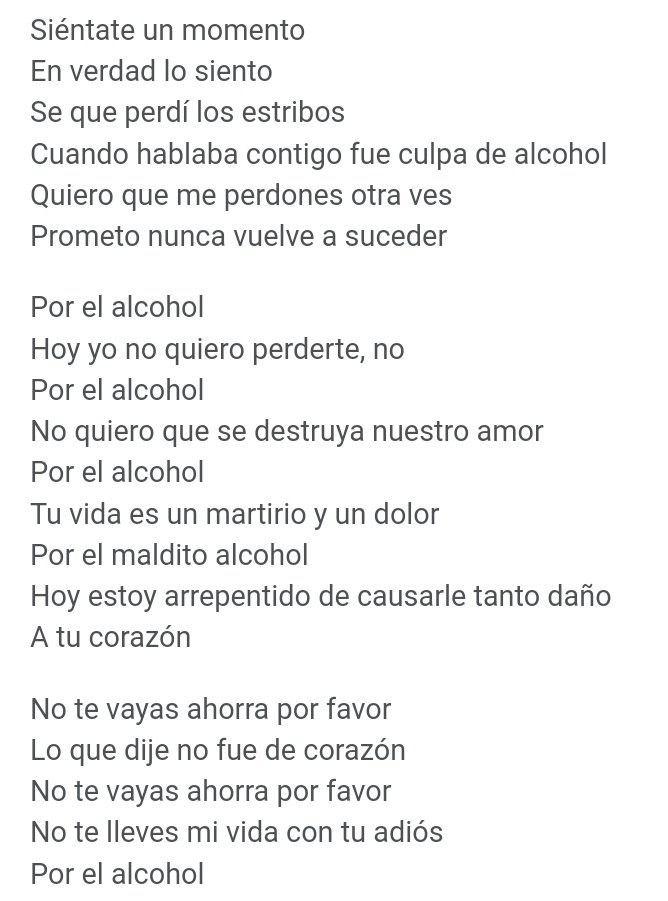
Cancion favorita
Yiyo sanrante
Cancion

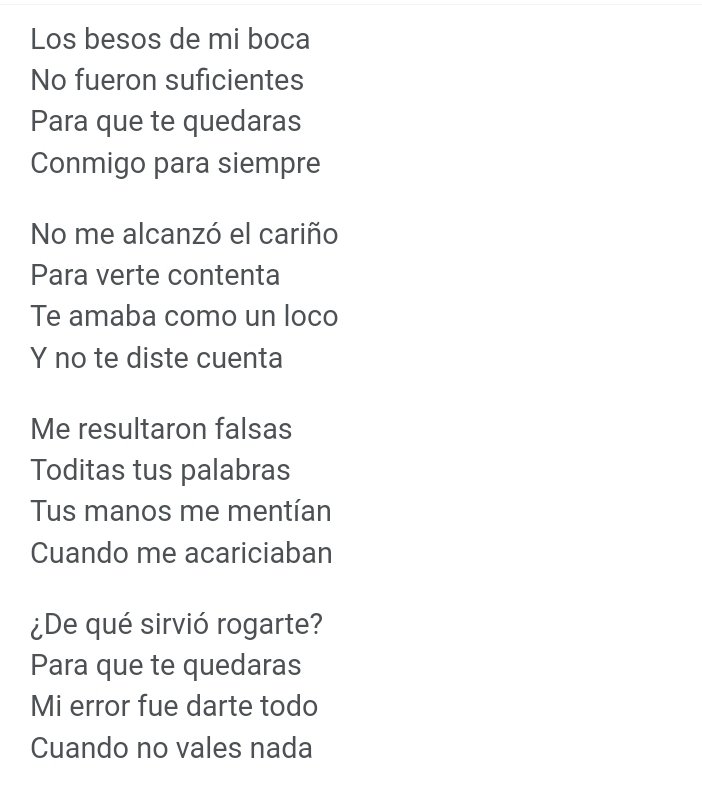
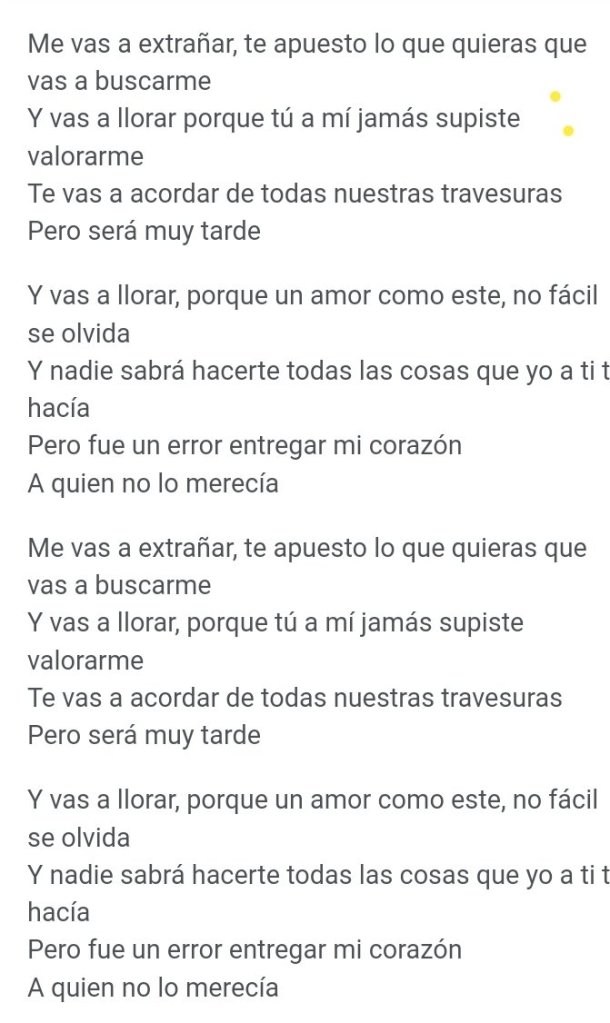
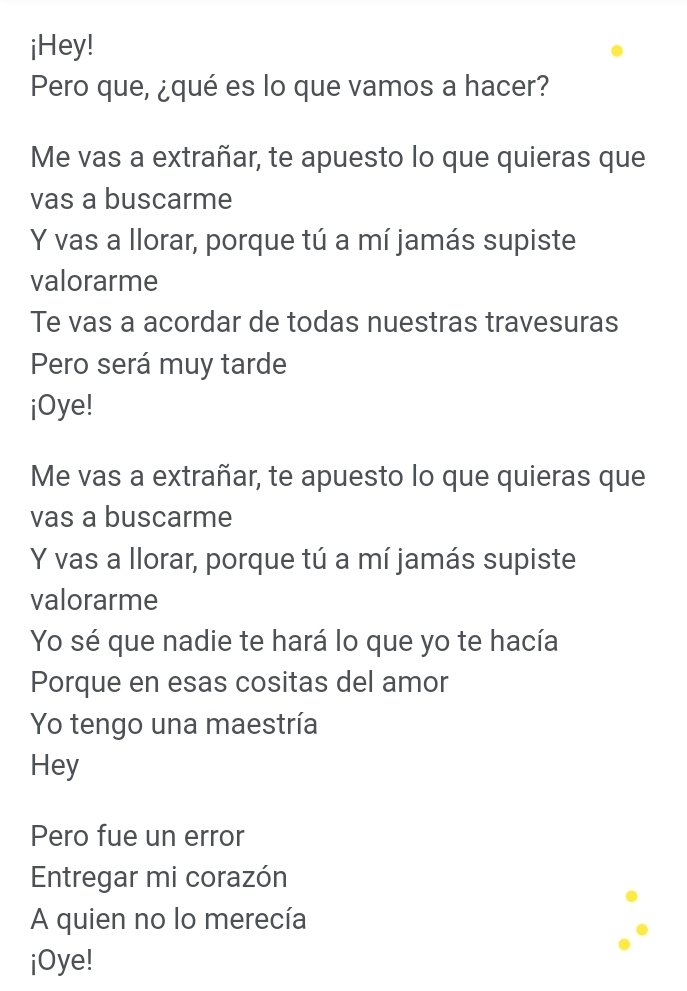
Tambien puesdes encontrar canciones como esta
Tito el bambino

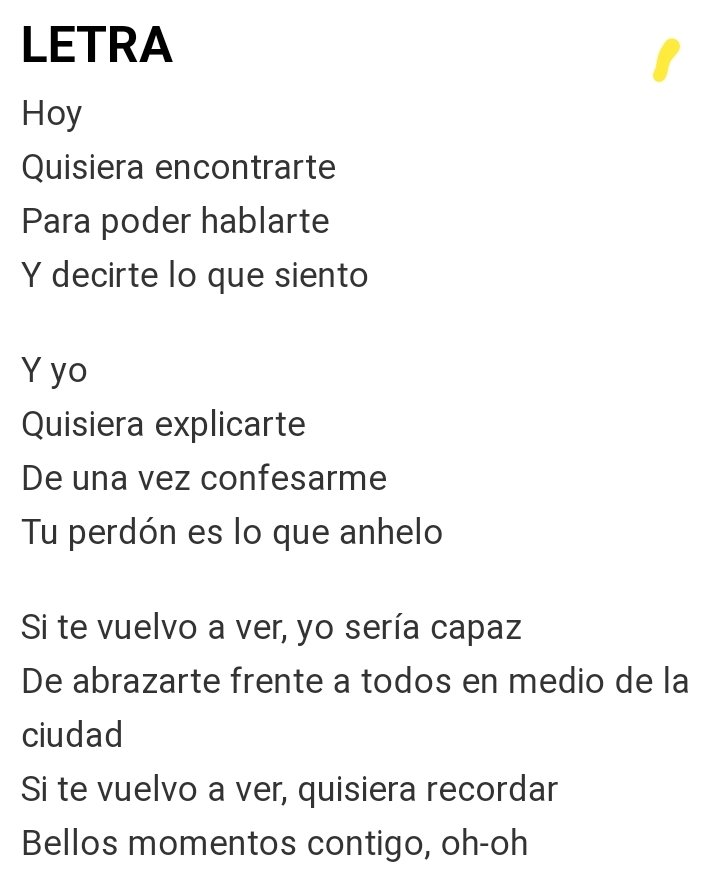
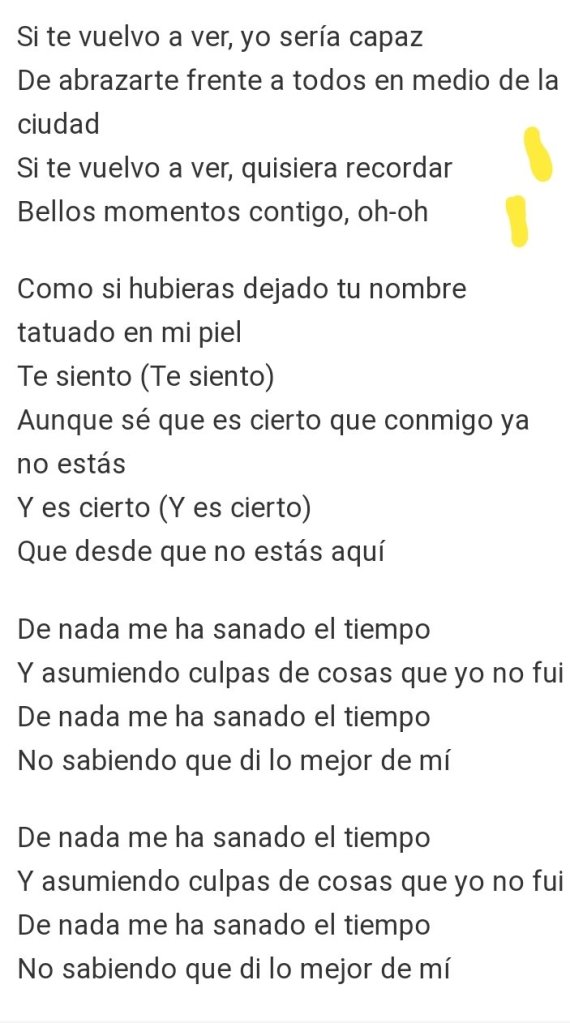
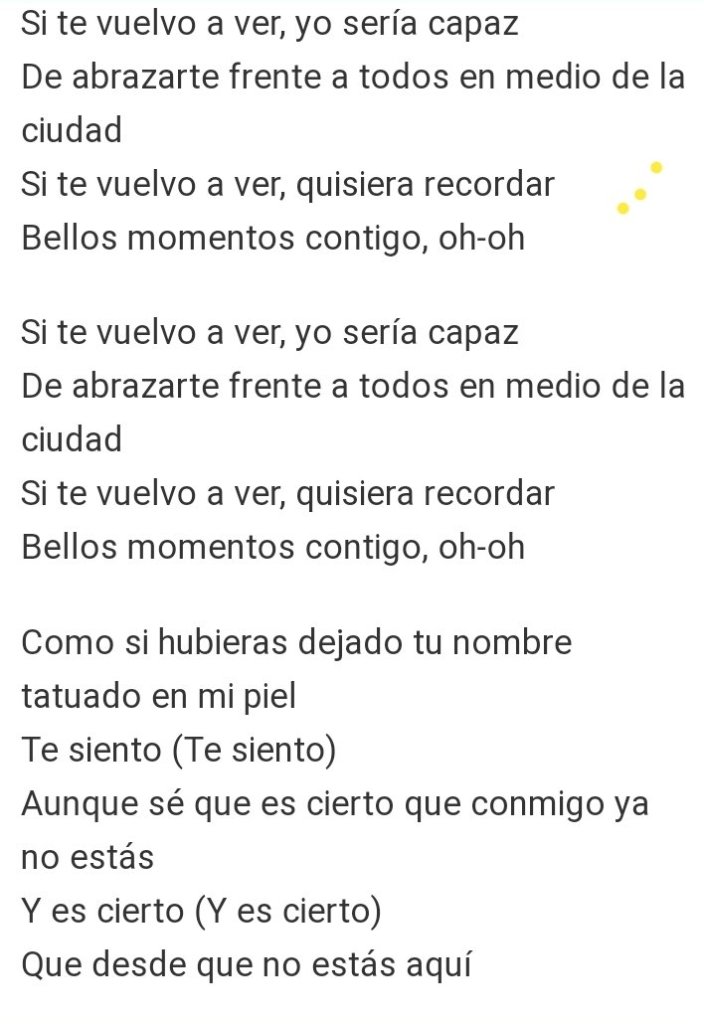
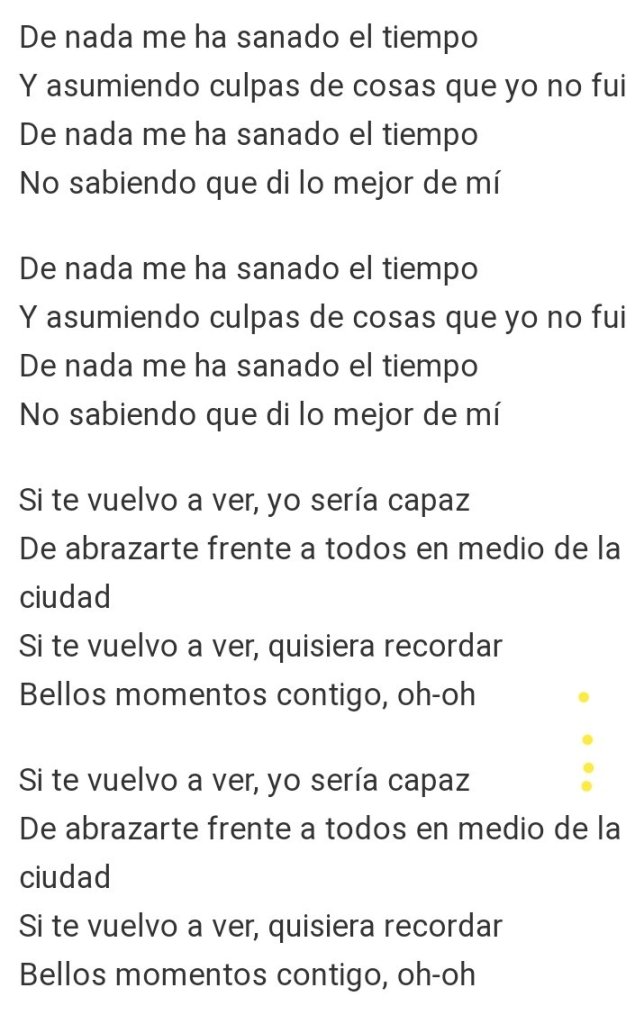
Consejos para tomar
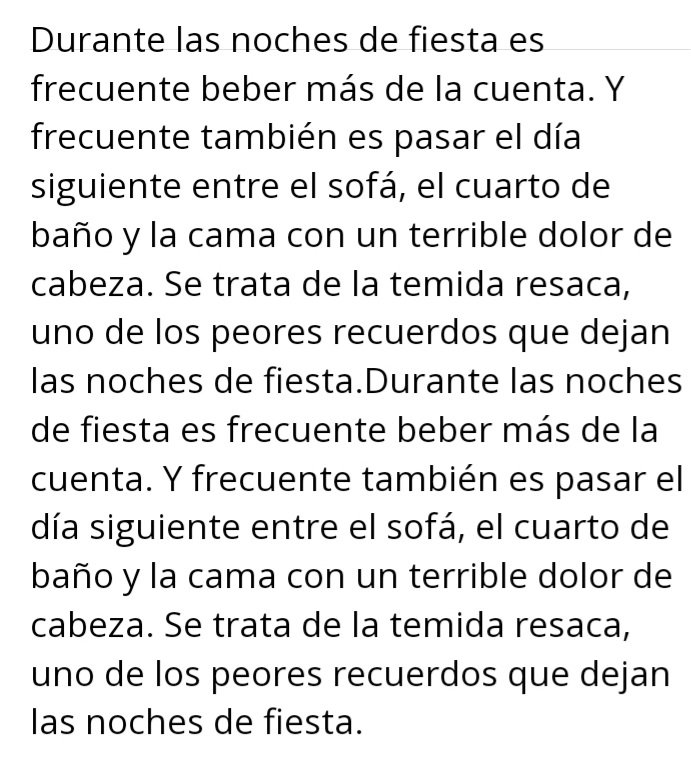

Consejo para adolescentes
¿Qué consejo le darías a tu yo adolescente?
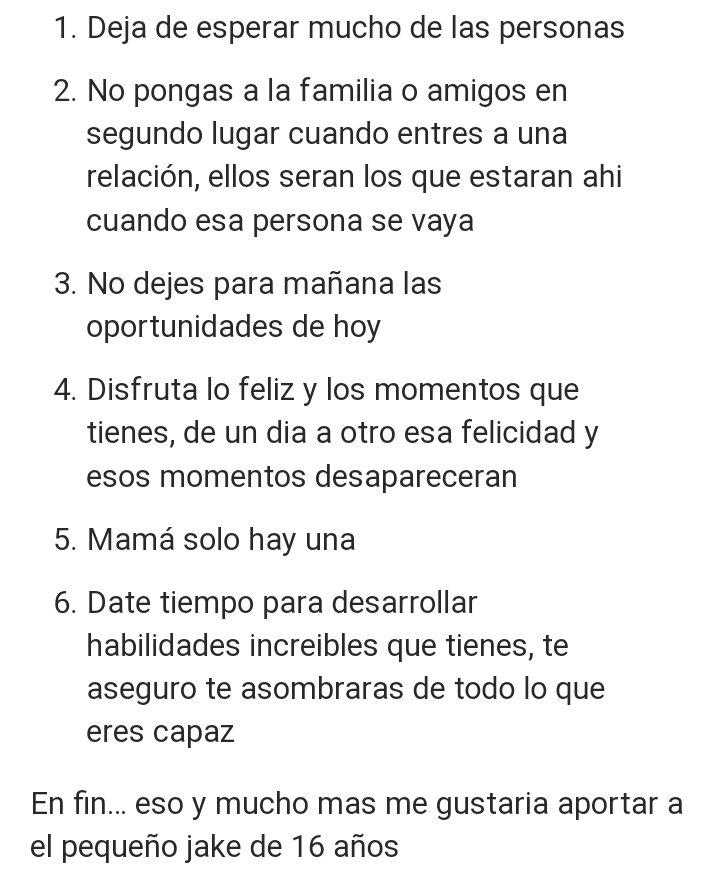
Acia el futuro
Estubimos en una epoca de dificulta y trajedia ahora bamos abansando y saliendo poco a poco de este tormento. Ahor nos estamos enfocando en el futuro para darle algo mejor a todos ustedes para que se sientan bien con el servicio. No dejen atras lo que tienen que aser hoy miren siempre asia adelante no meren atra enfoquemonos en el futuro jutos logramos mas que esto

La soledad
¿Qué te aburre?
Me aburre estar solo sin poder compartir con alguien especial espero poder aserlo y acompañarla con una cerveza o un tekila uff pero eso es cuando llegue el momento
Mis par de zapatos
Dinos algo acerca de tu par de zapatos preferido y adónde te han llevado.
Mis par de zapatos son mis hijos y me lo llevo siempre con migo a los parques y area de recreacion si pudiera me lo yevaria a mi trabajo para siempre tenerlo a mi lado y nunca perderlo de vista son mis olgullo y mi futuro… Lo Amo
Adoro la bebidas
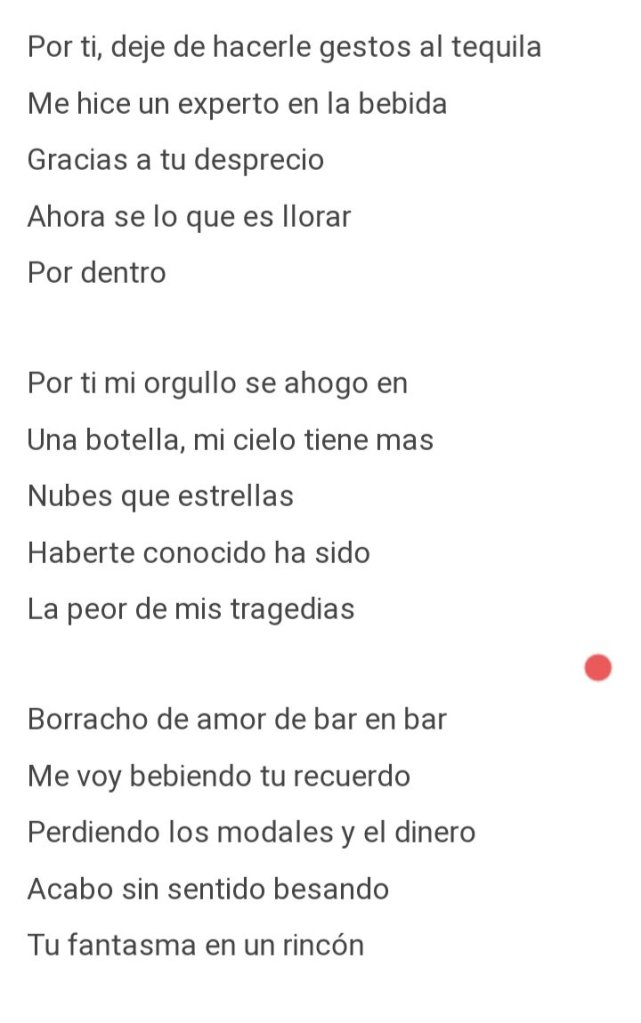
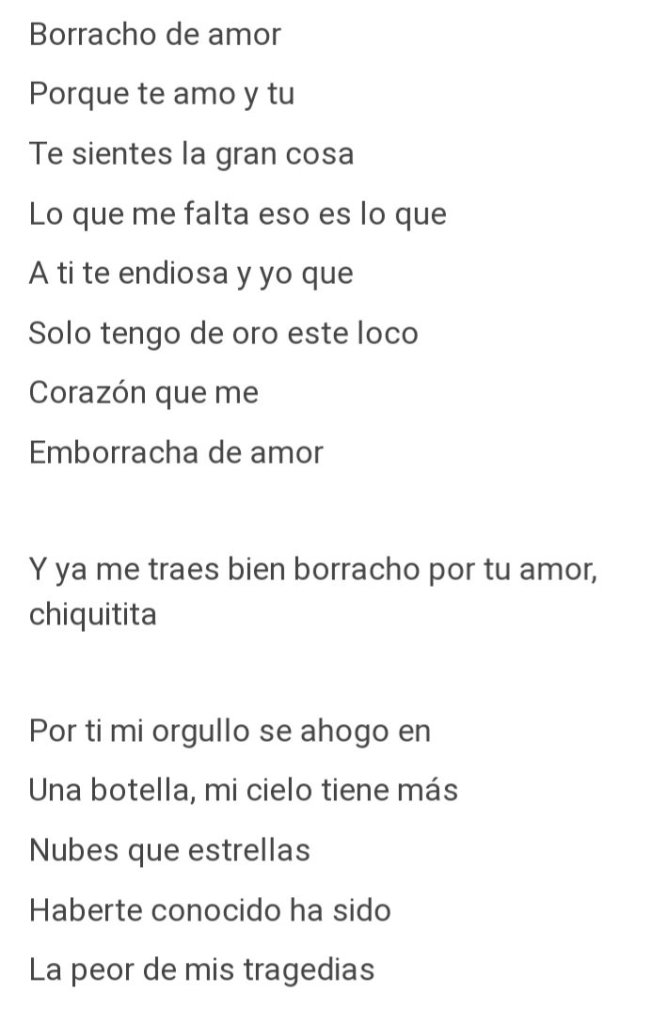
Mi bebida
¿Cuál es tu bebida favorita?
Es la cerveza
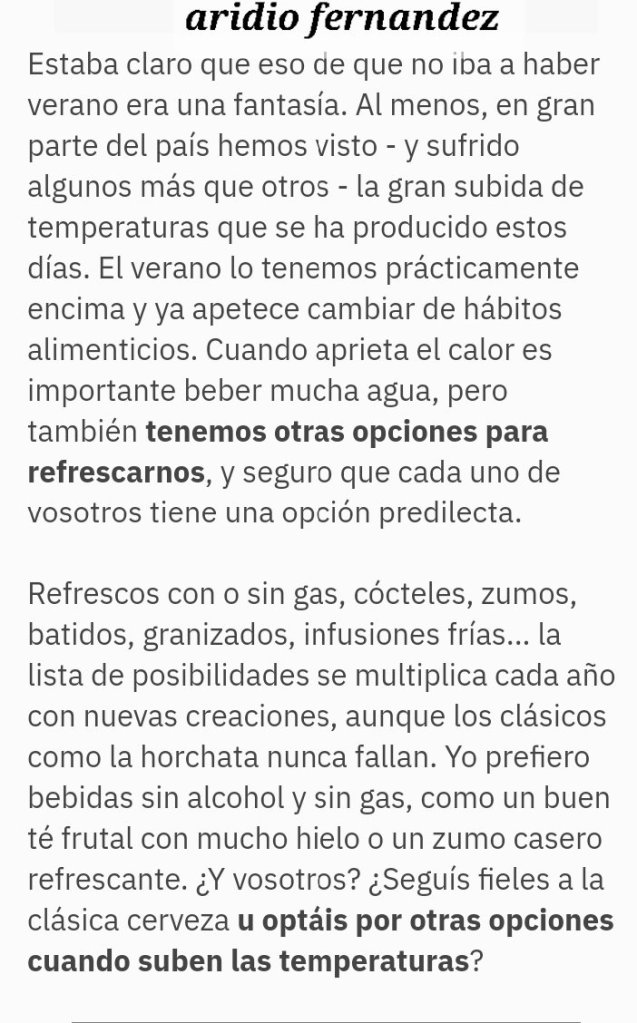
Disfruta de lo nuevo
Sosteniblebar
Te doy la bienvenida a mi blog de bebida y mas solo tu eliges lo que quiere

El sostenible bar
Aridio fernandez… Es un plaser mostrarle el contenido de bebidas.
Aperitivo es la compañera ideal que antecede a la comida principal del mediodia o de la cena. Aunque su consumo proviene de una antigua costumbre mediterranea, en la actualidad crece la tendencia a practicarla entre las nuevas generaciones amantes de los vintage. Existen muchas referencias muy apreciadas por los consumidores
Hipocrates, el famoso médico de la antigüedad, creó la primera bebida definida como aperitivo en el siglo V aC? Pues, imaginó que esa bebida amarga a base de vino, con sabor a ajenjo y otras hierbas que elaboró para tratar la

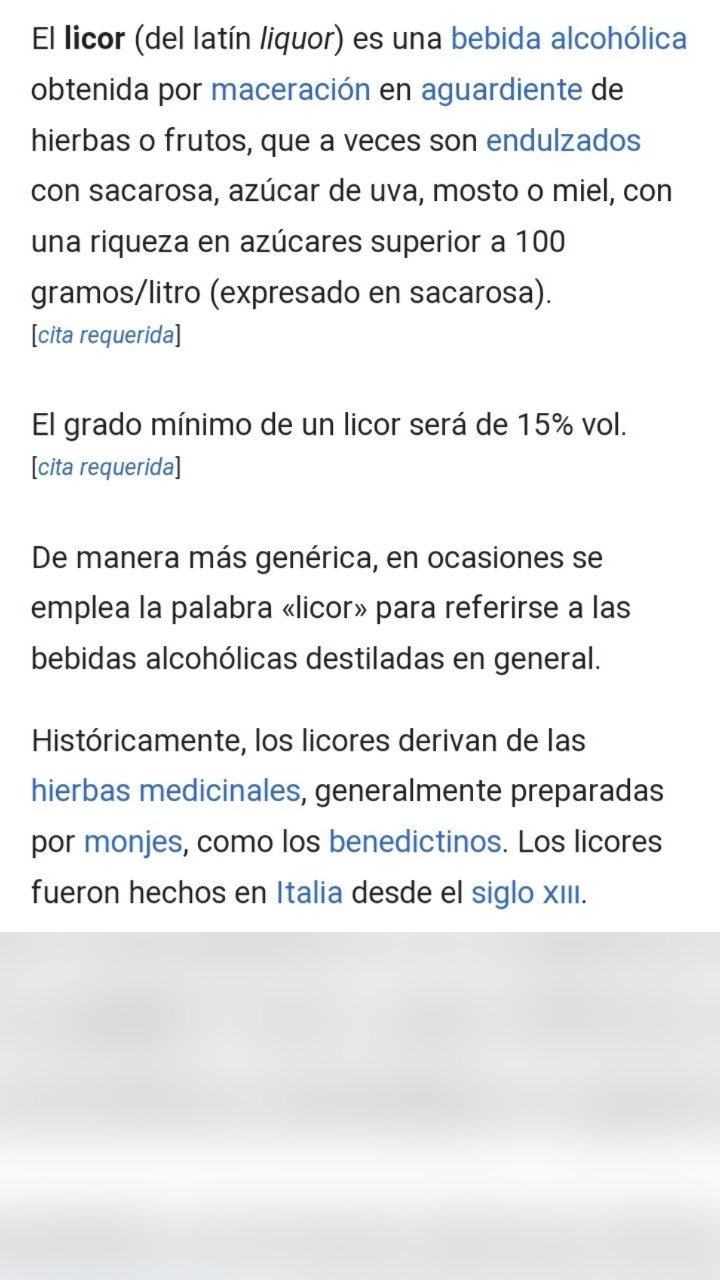

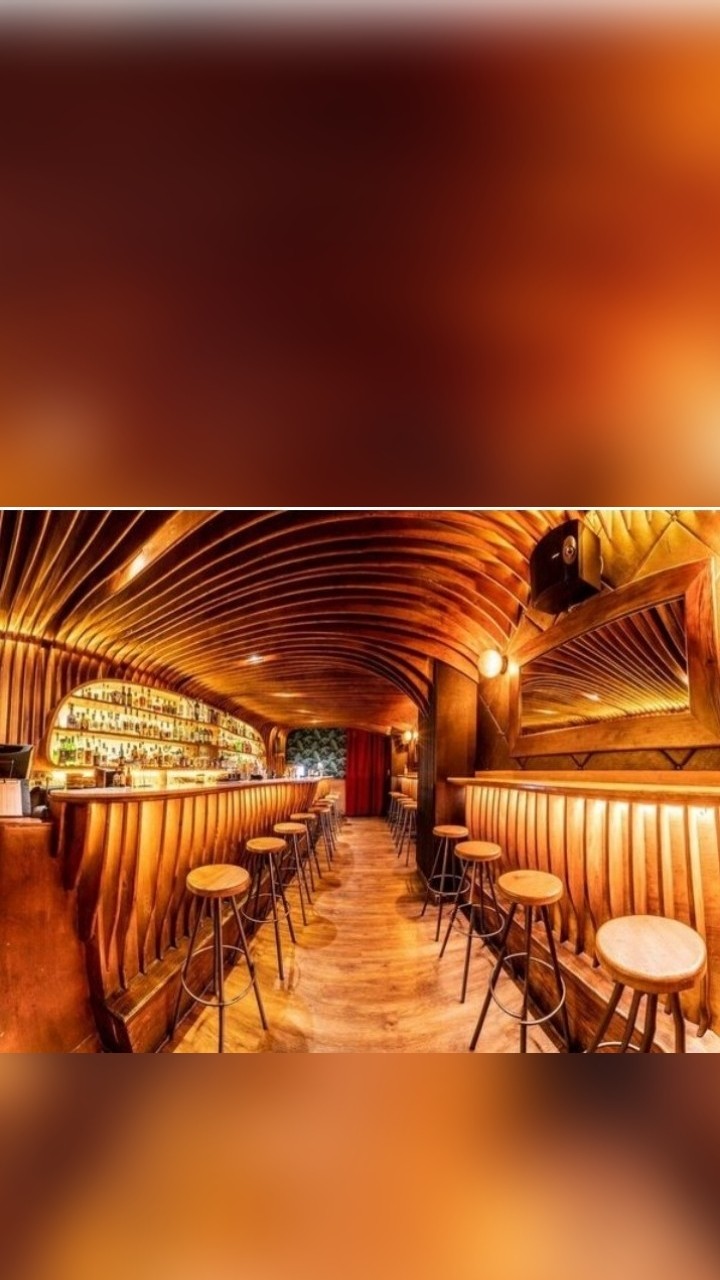

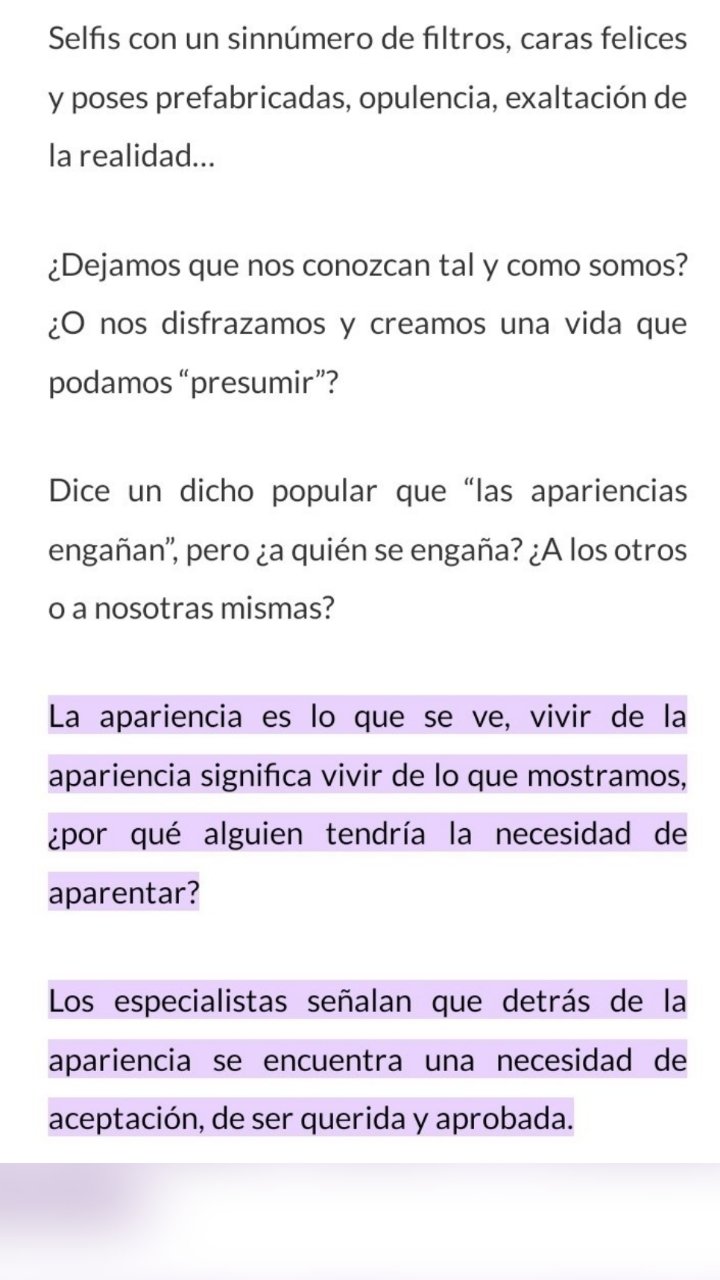
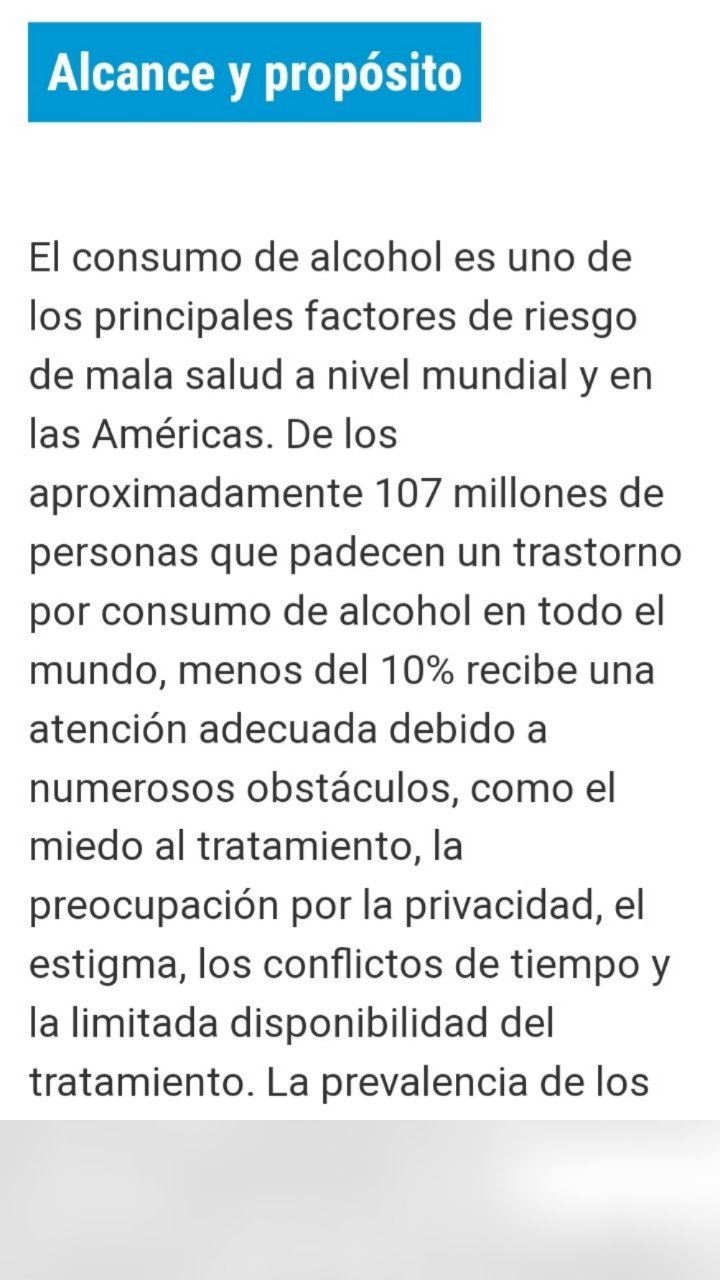

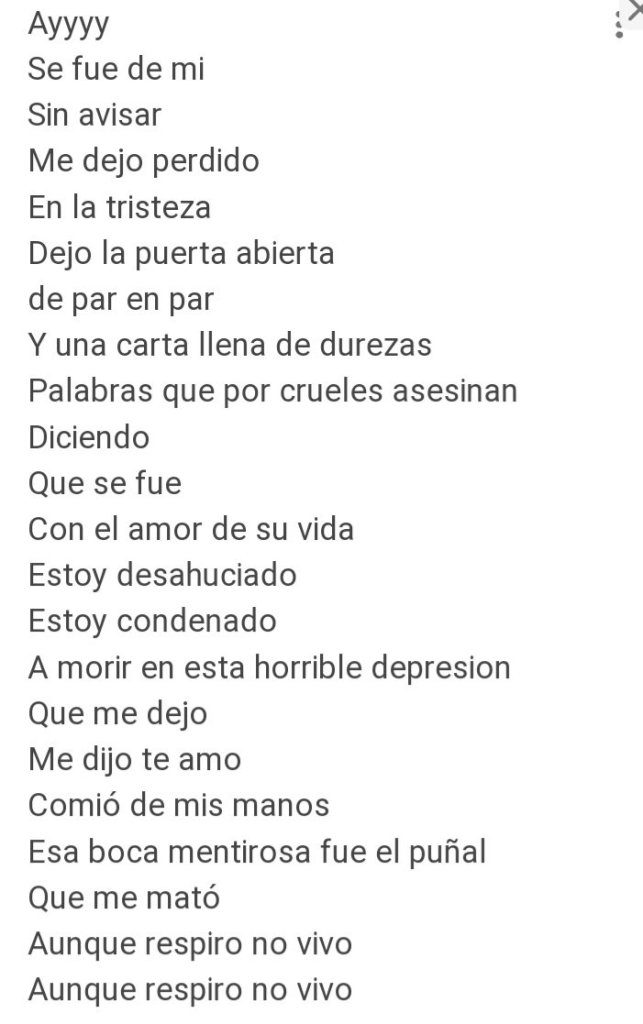
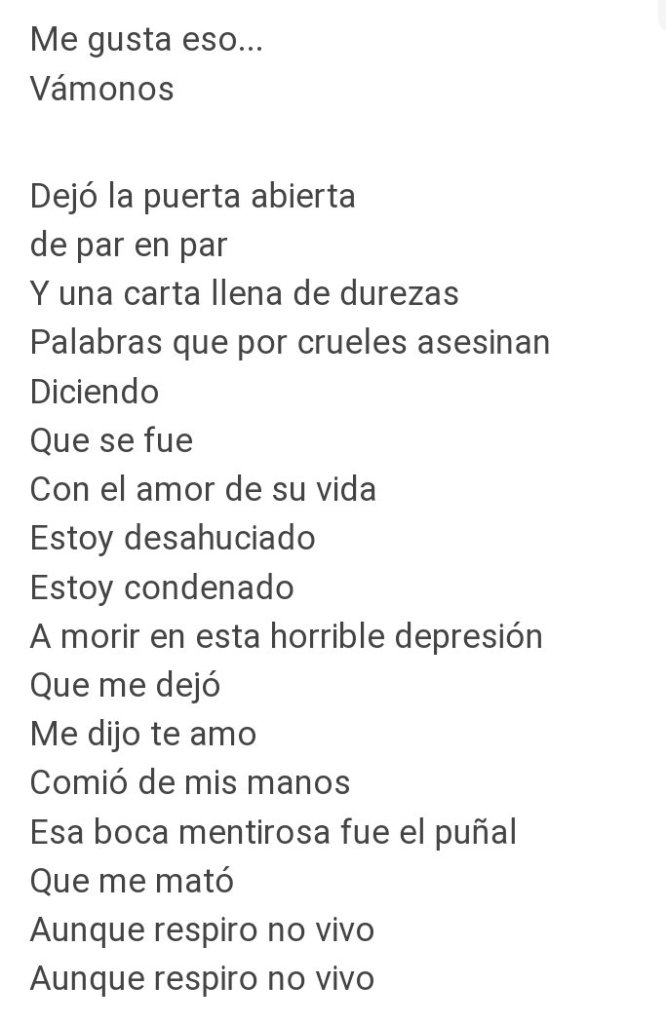
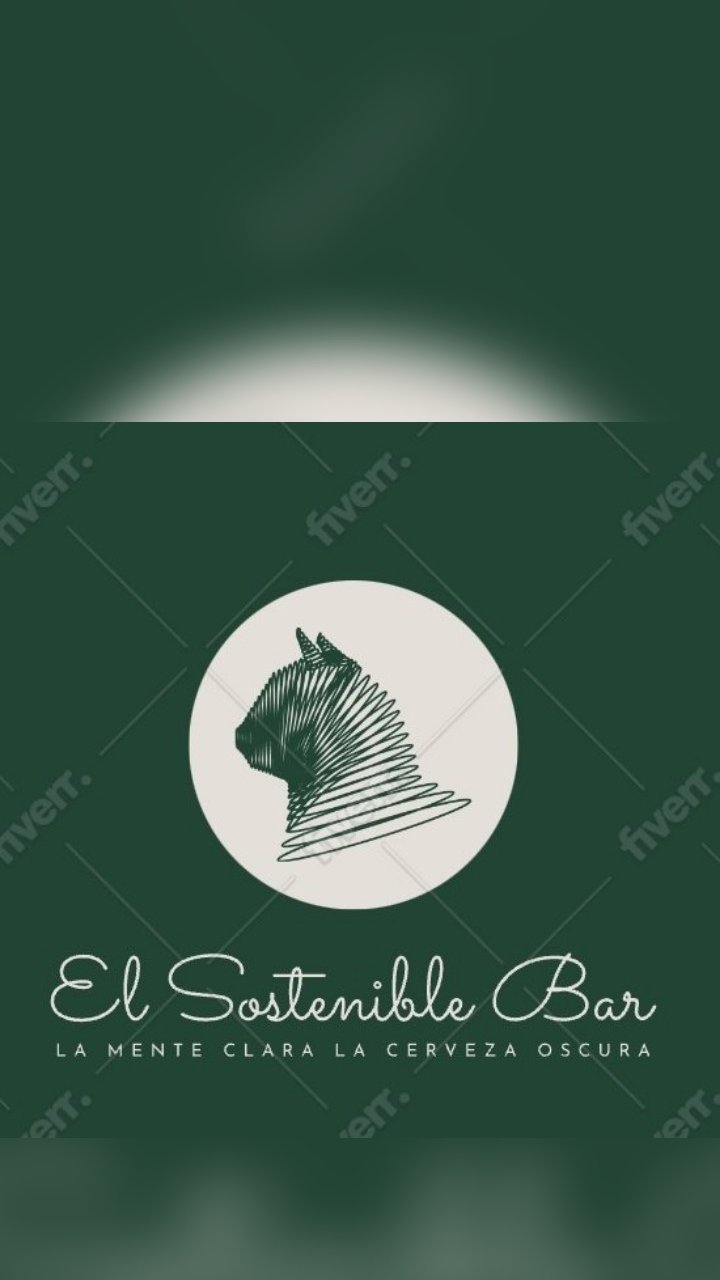
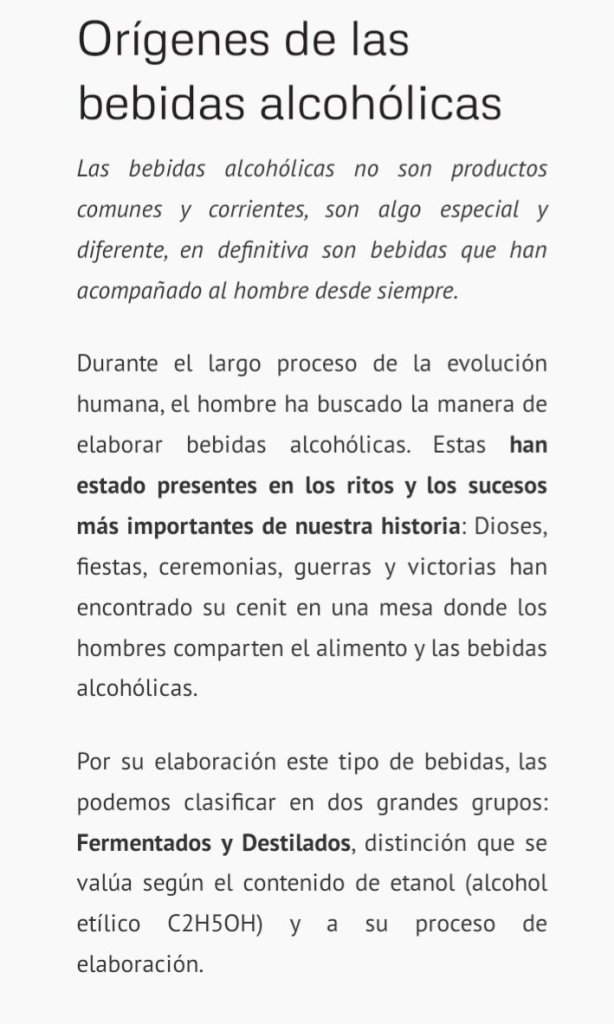
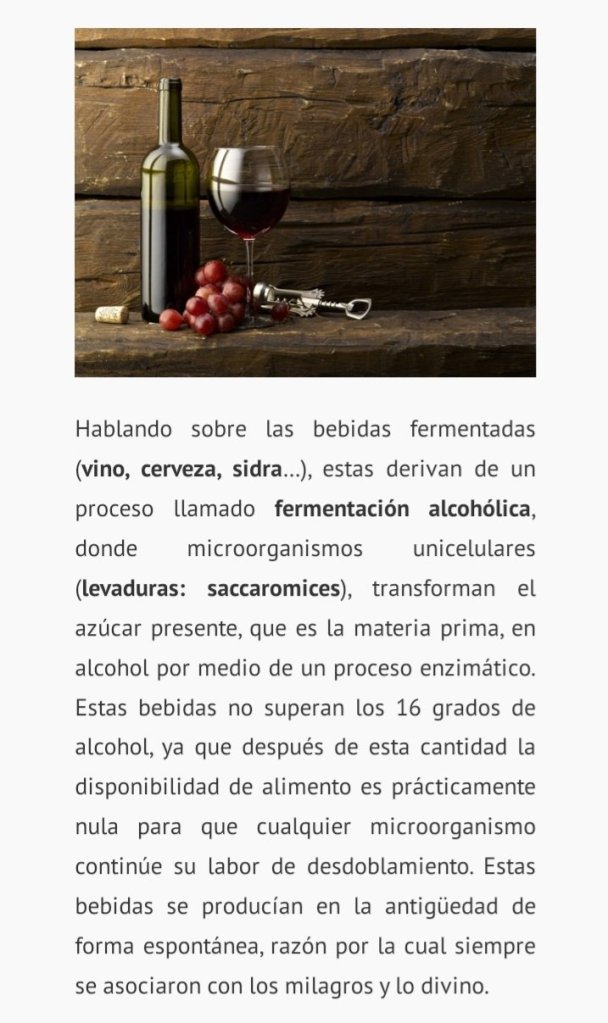
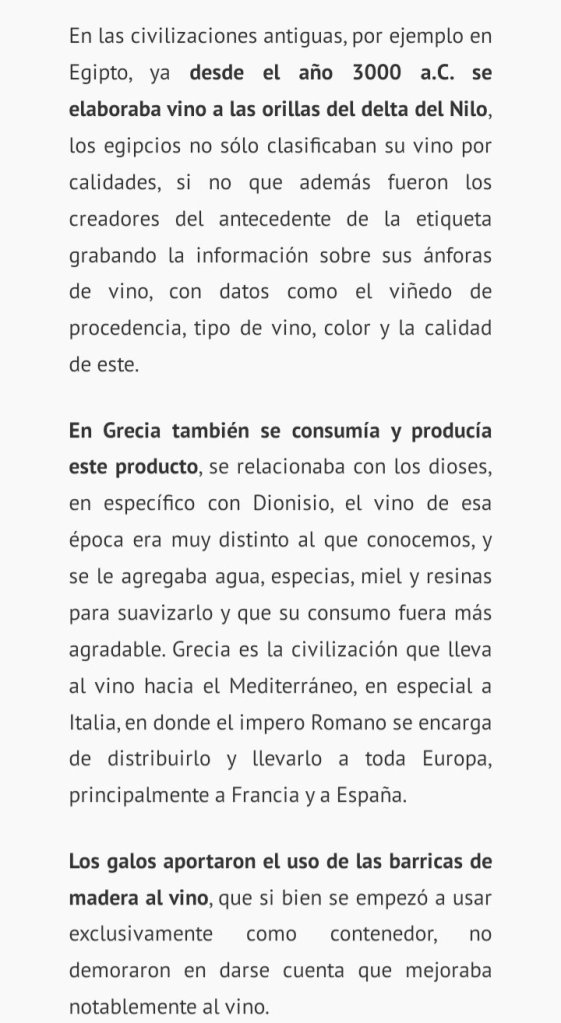
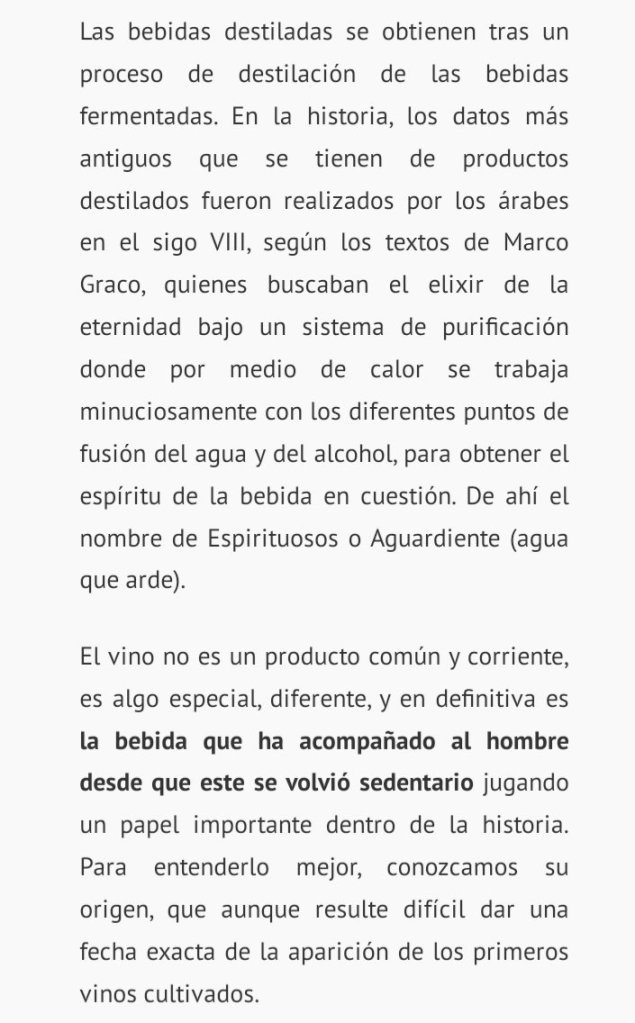
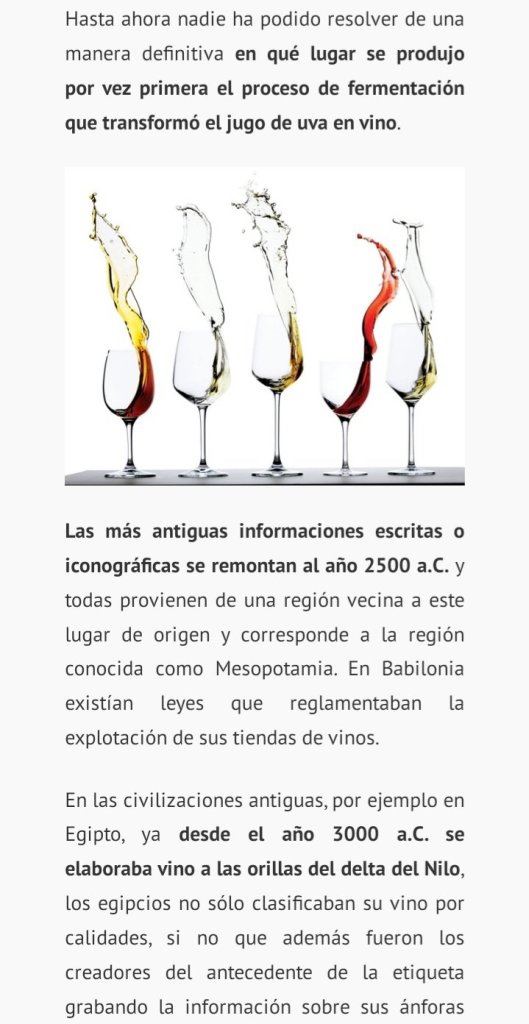
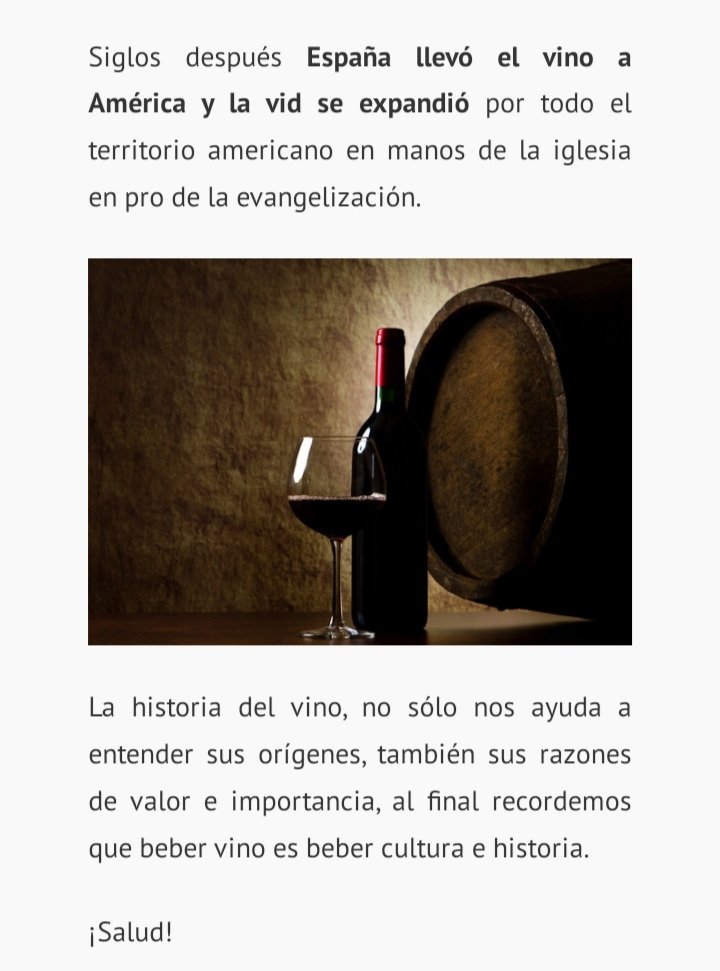
Debe estar conectado para enviar un comentario.